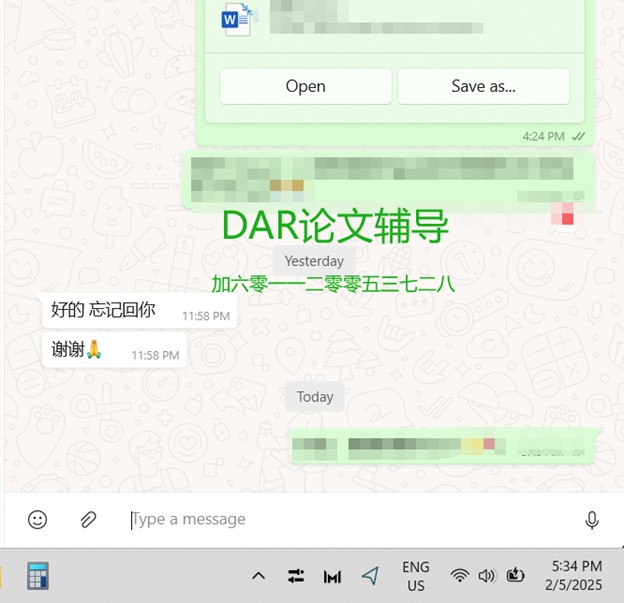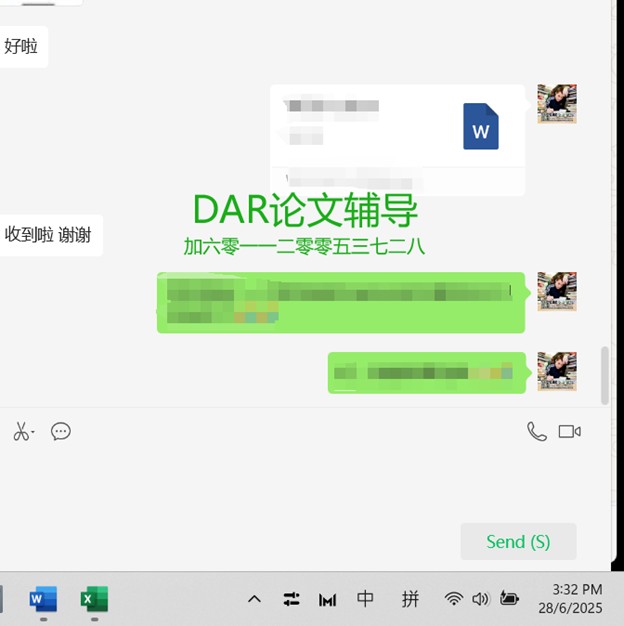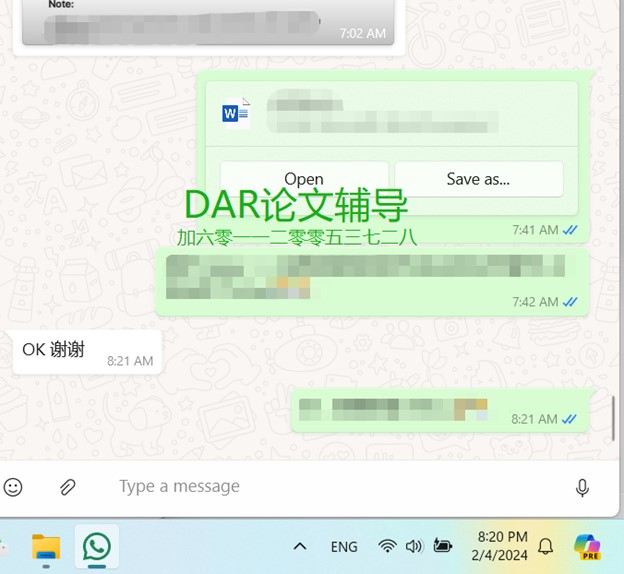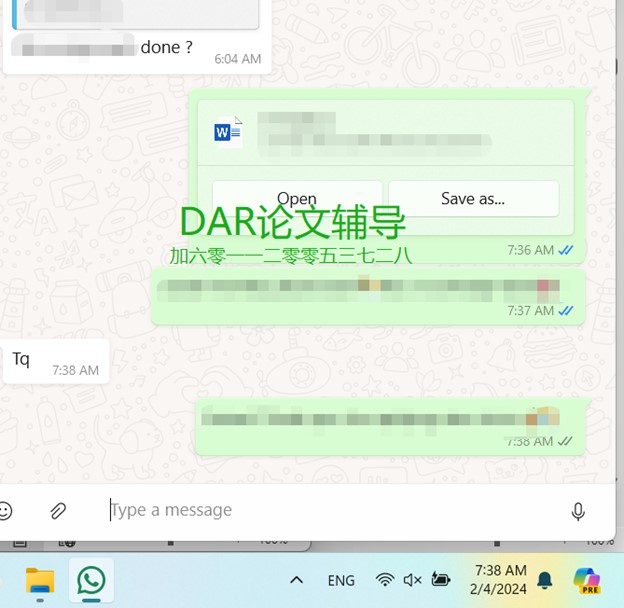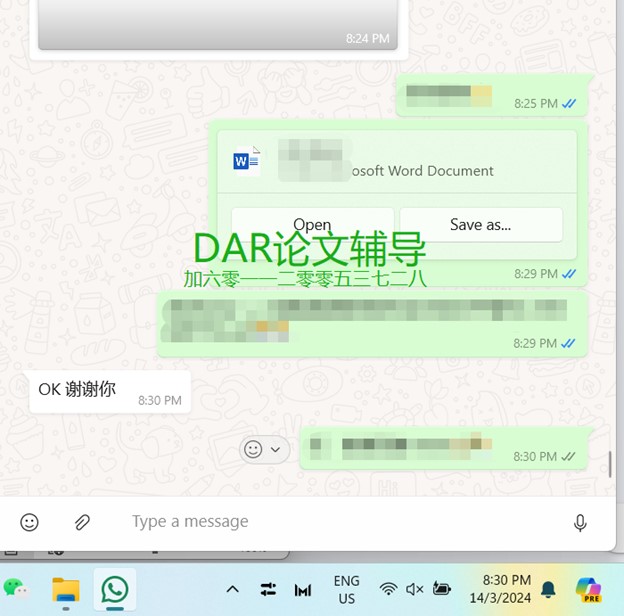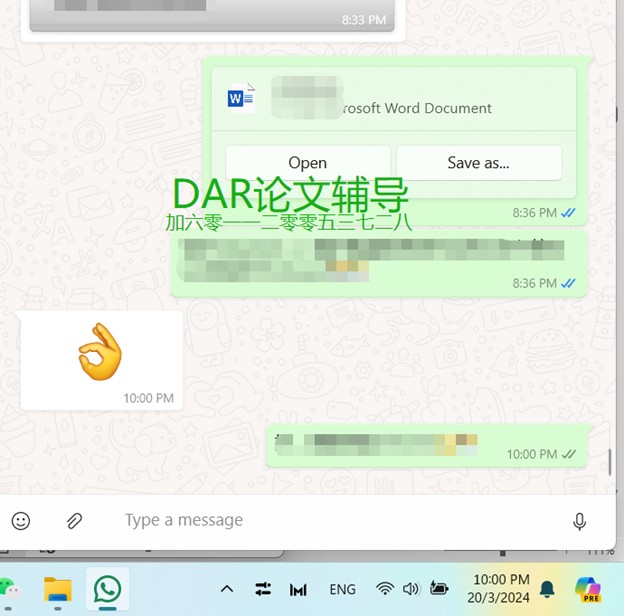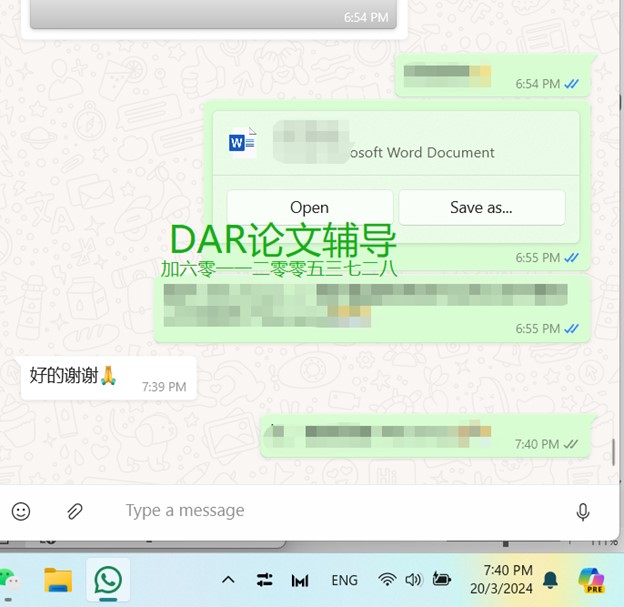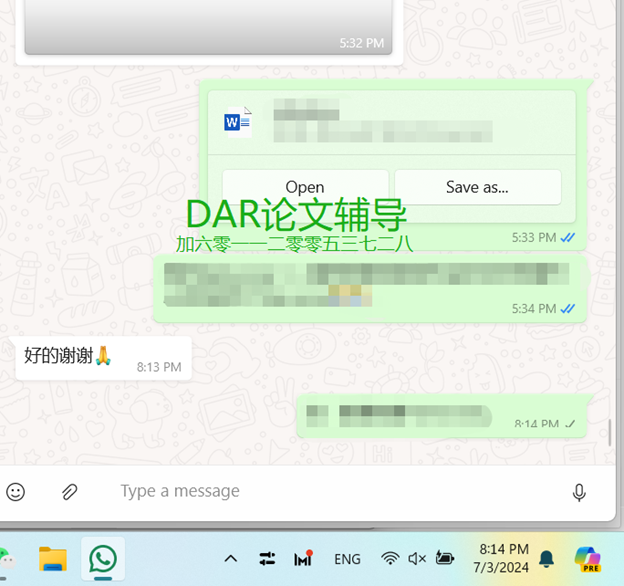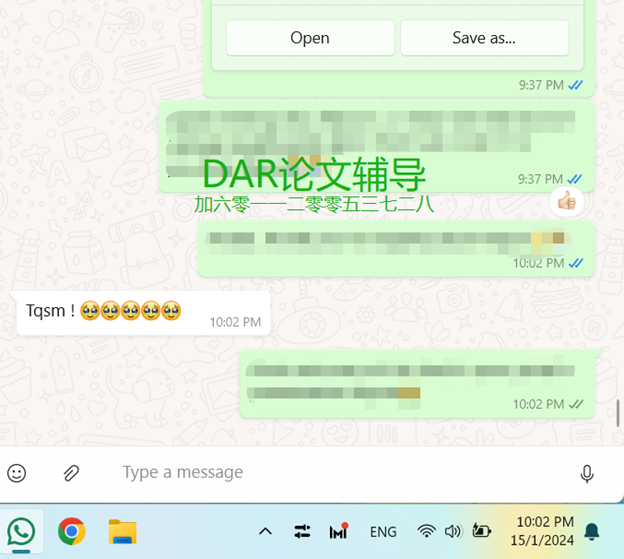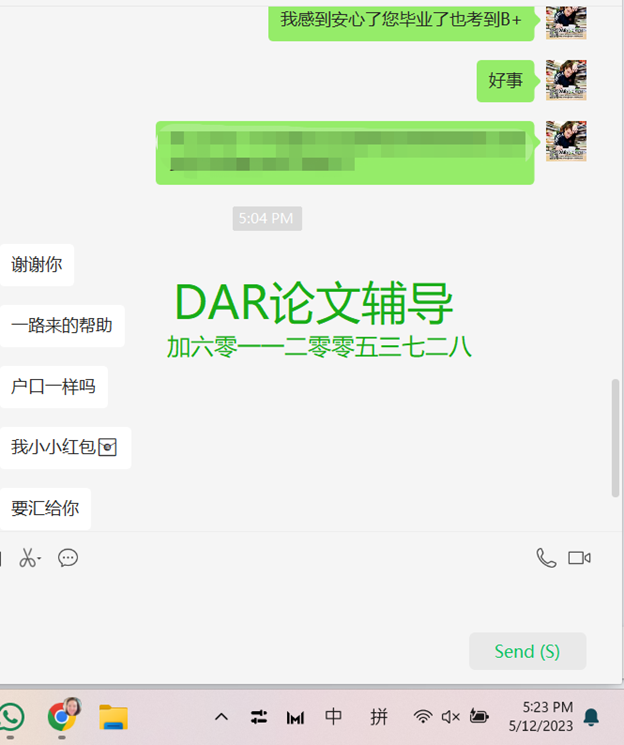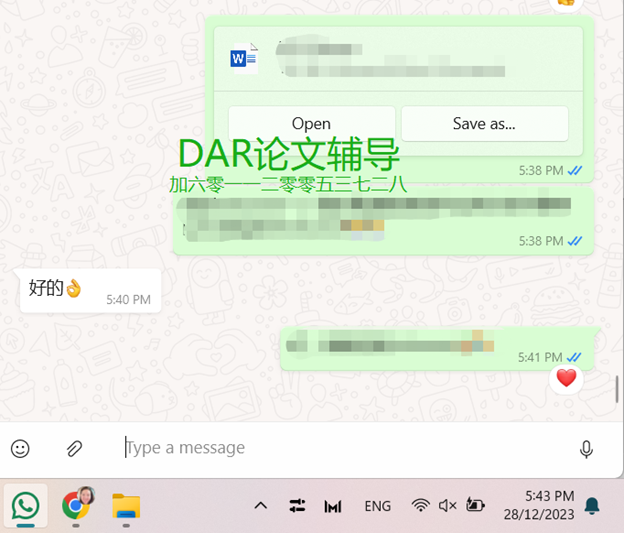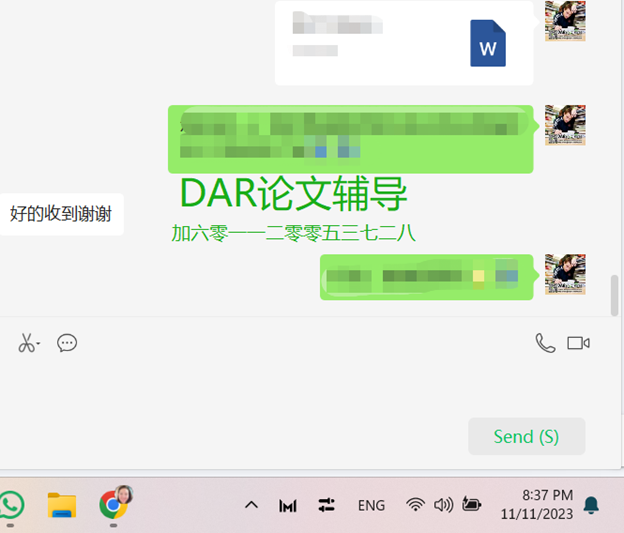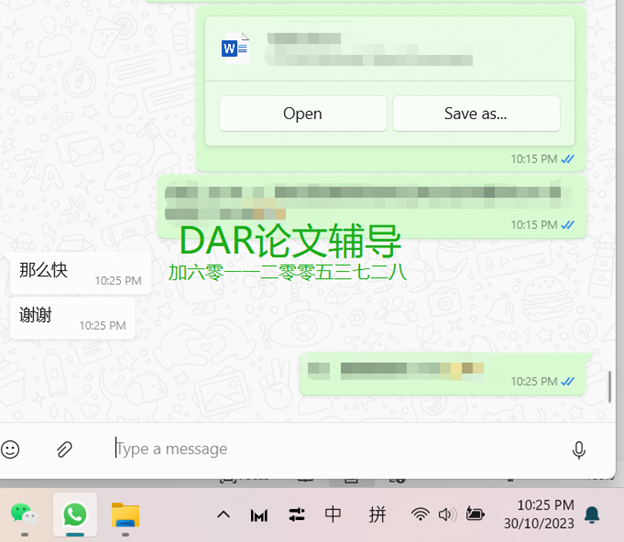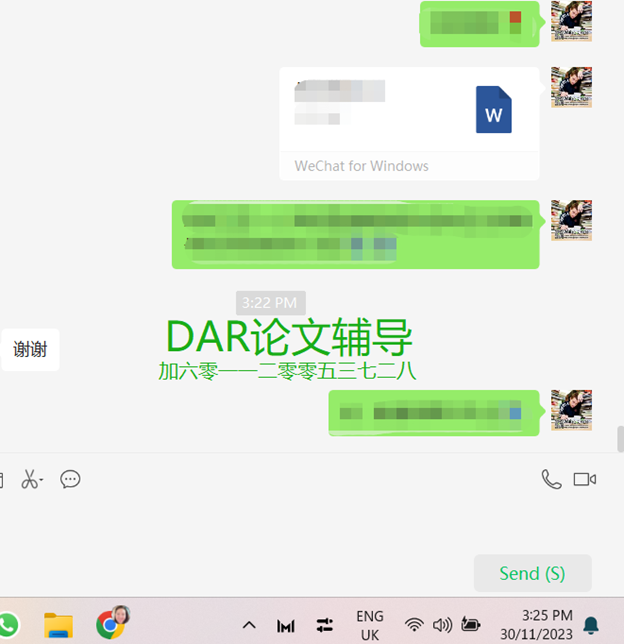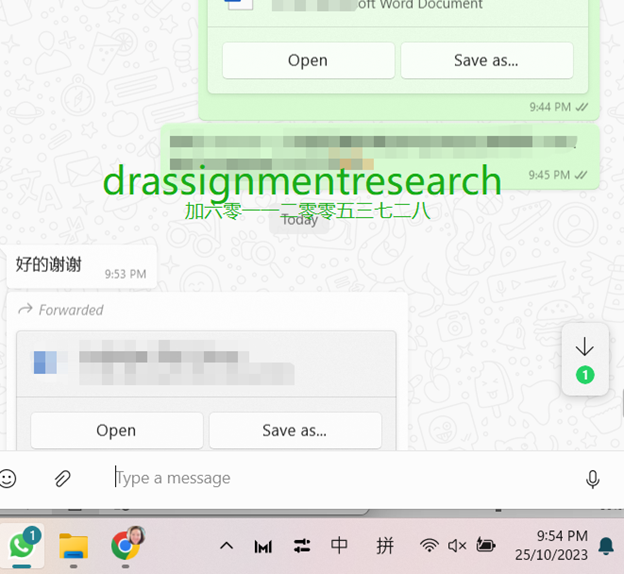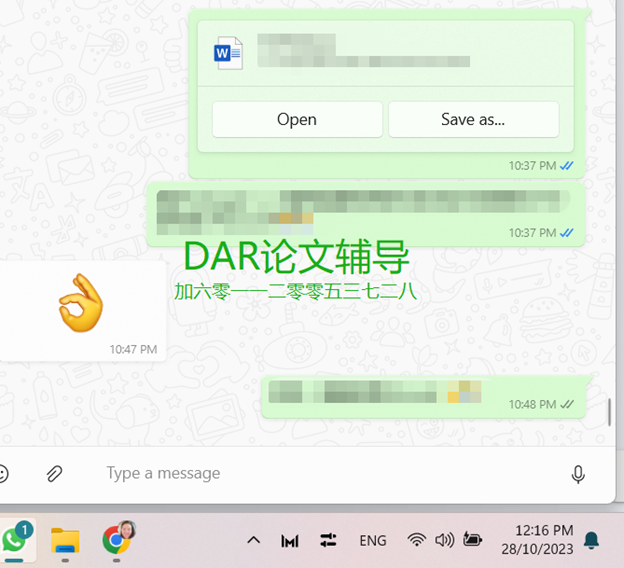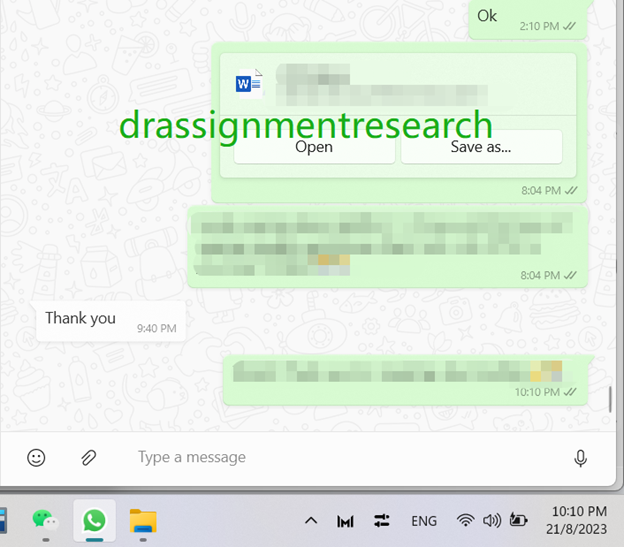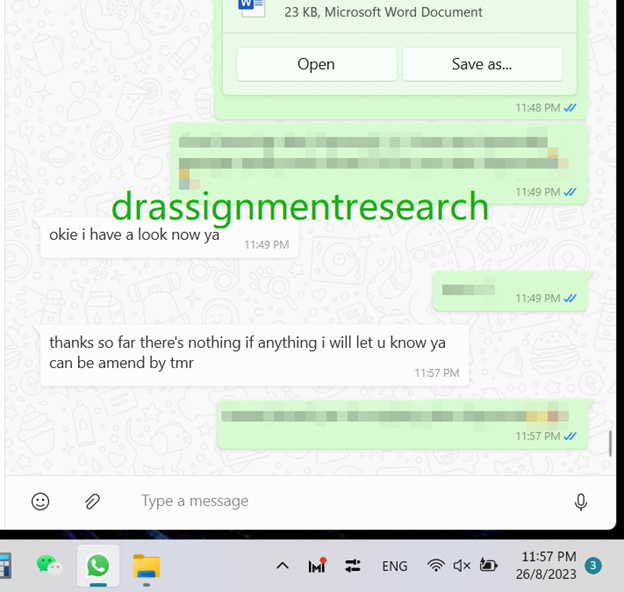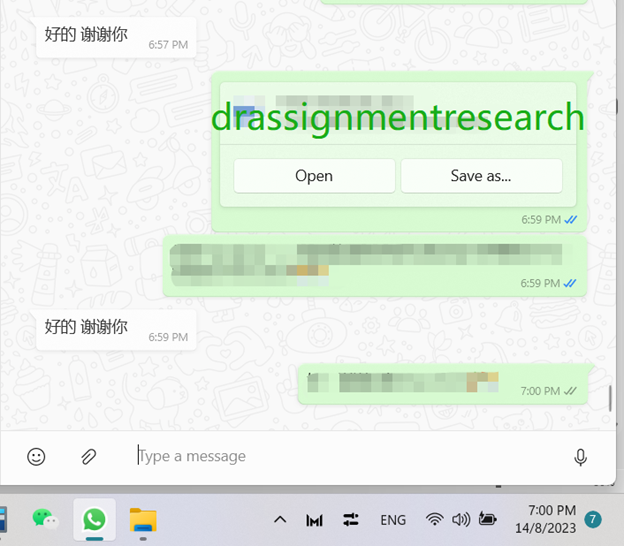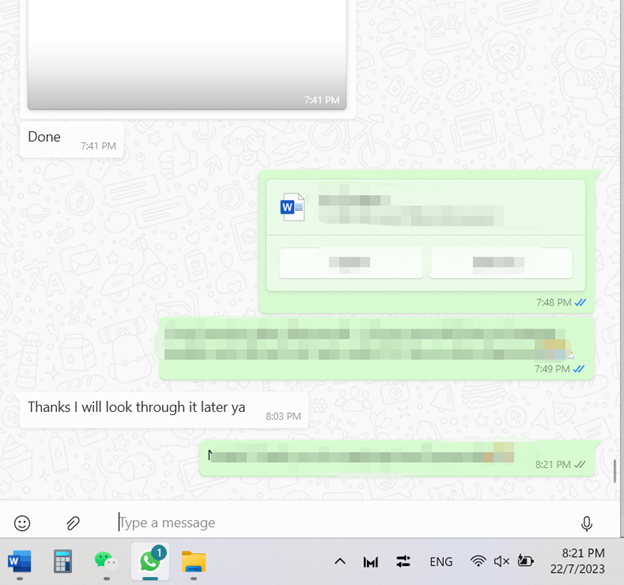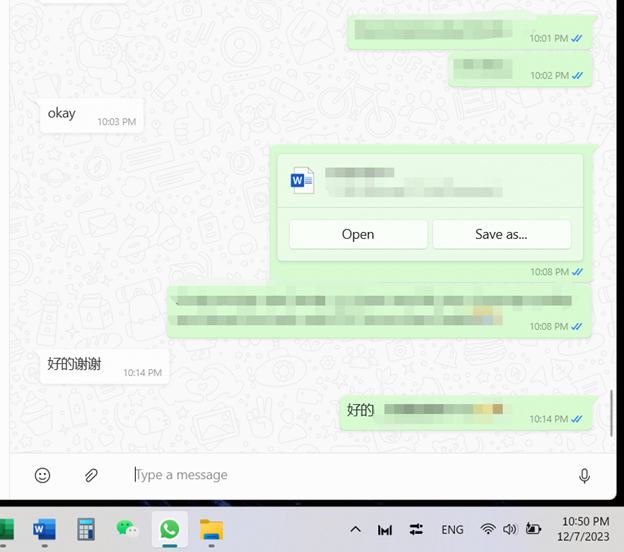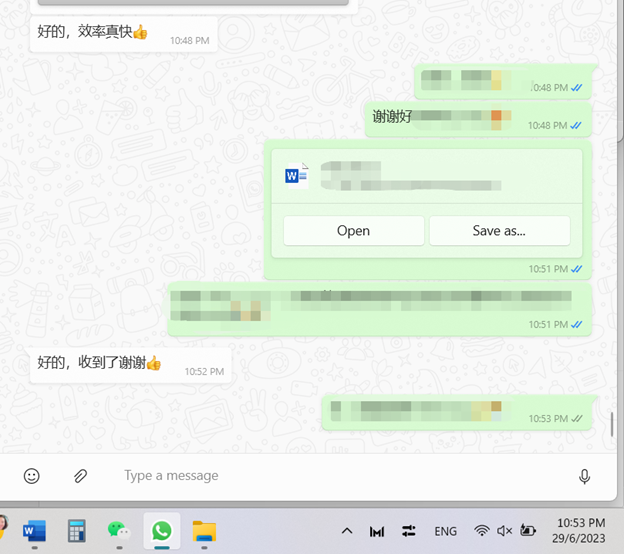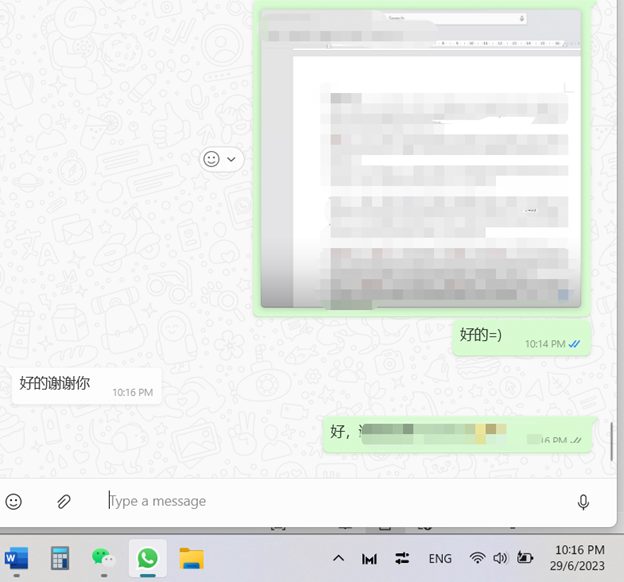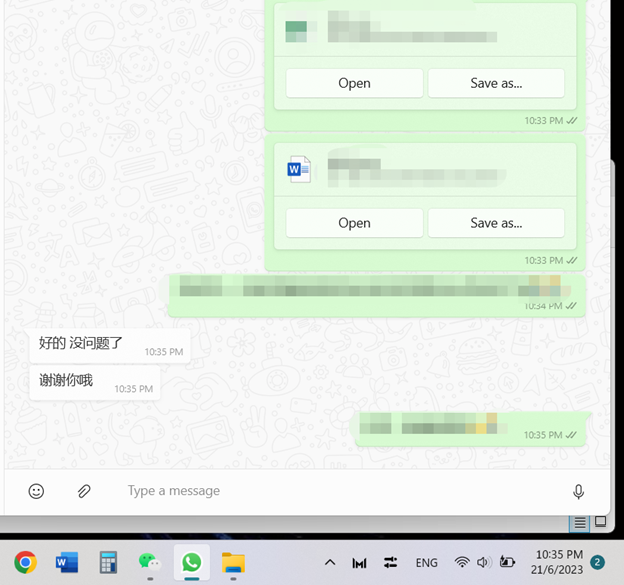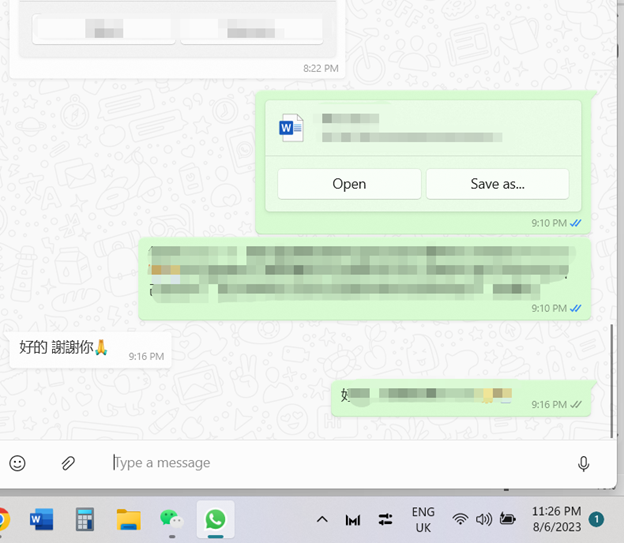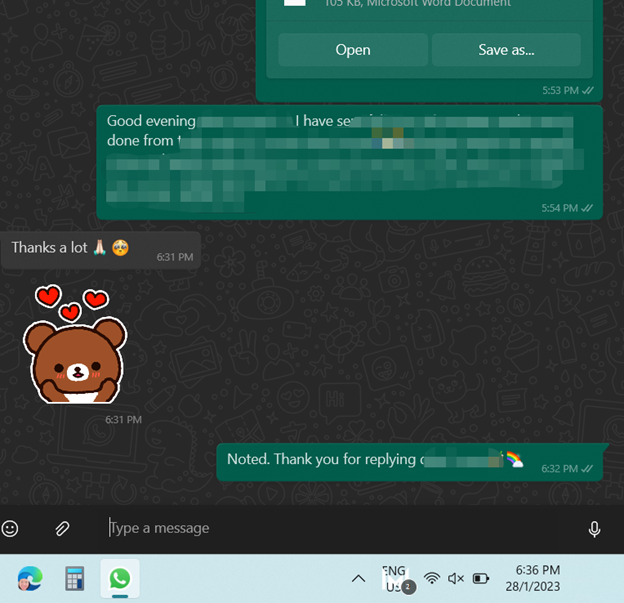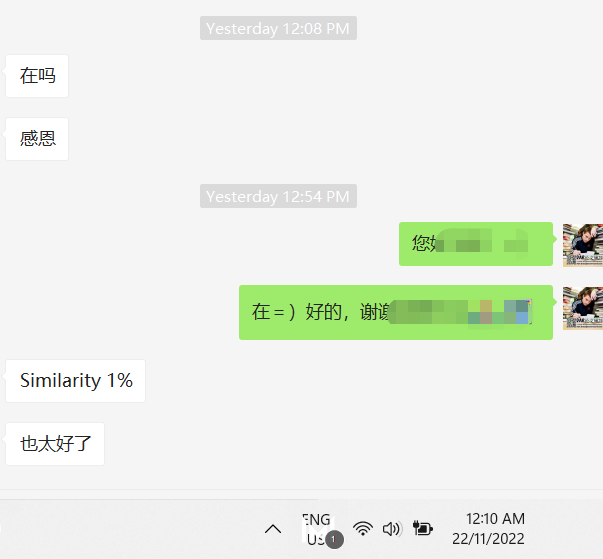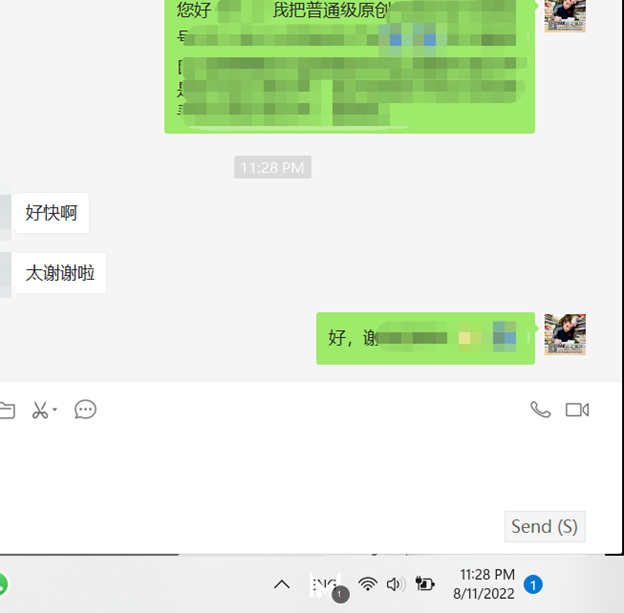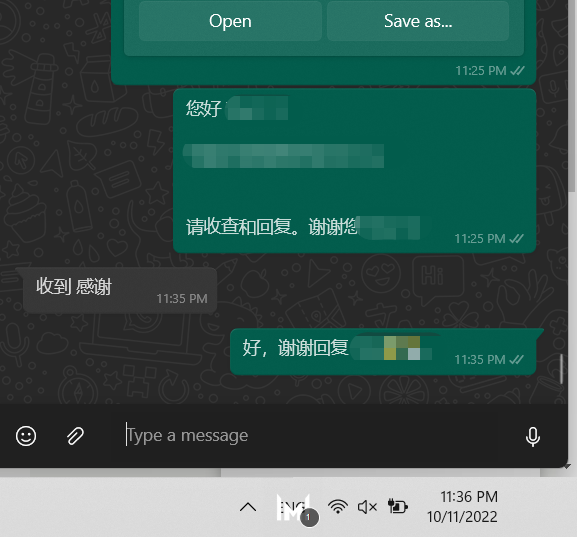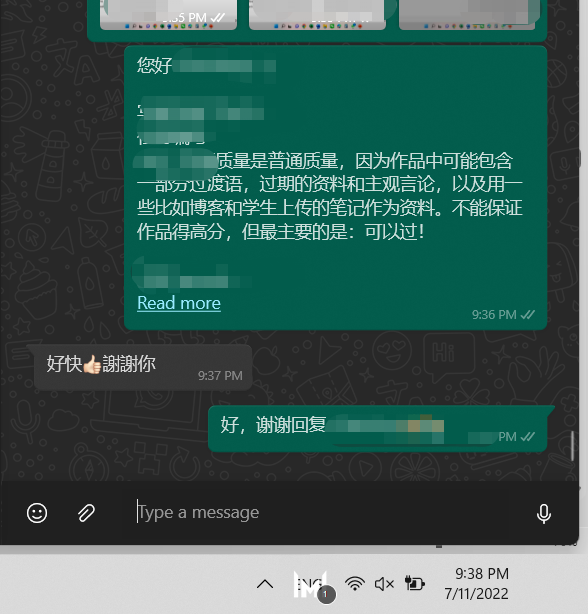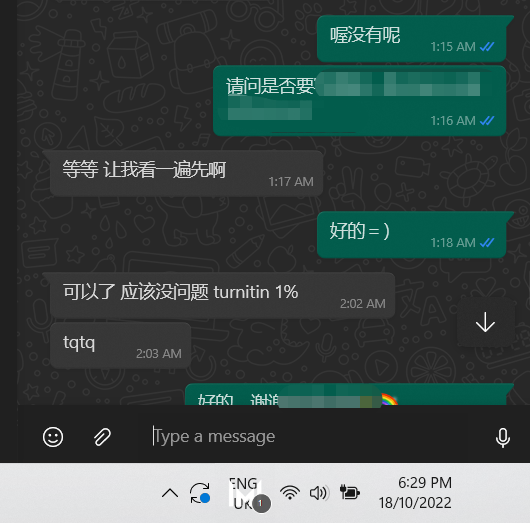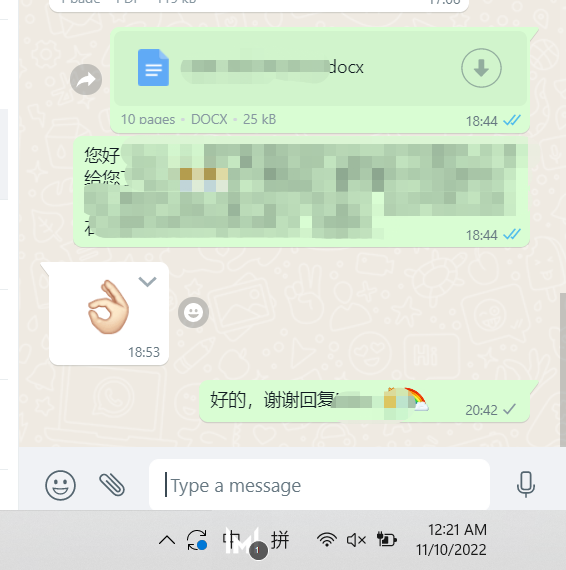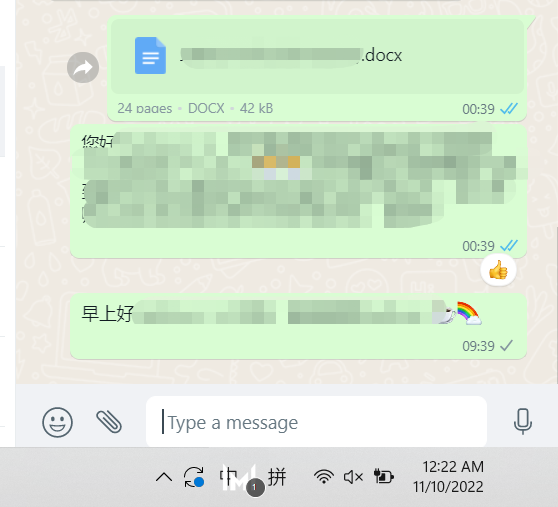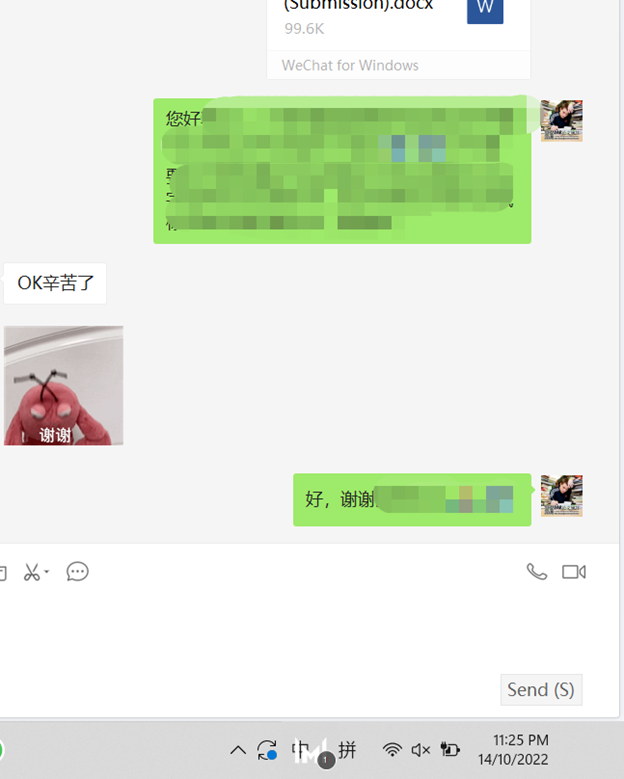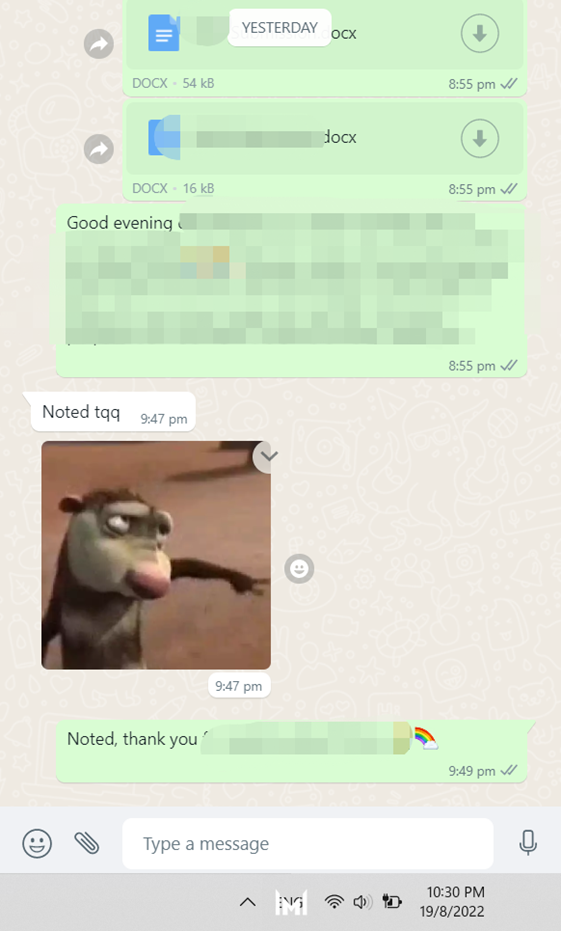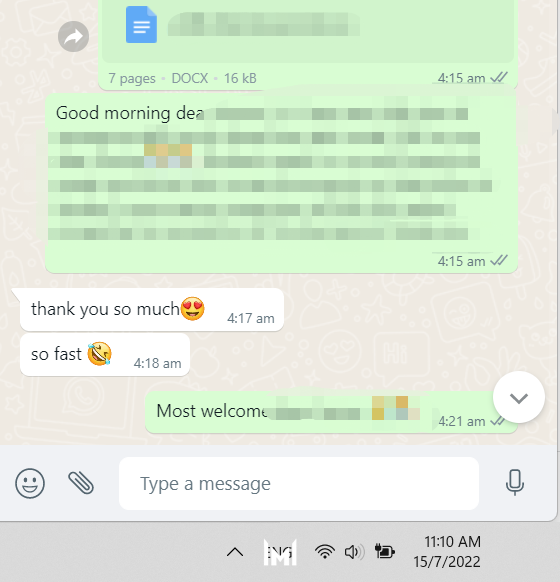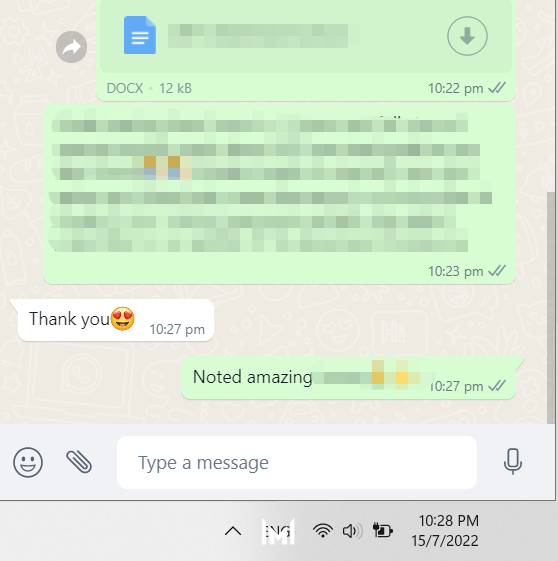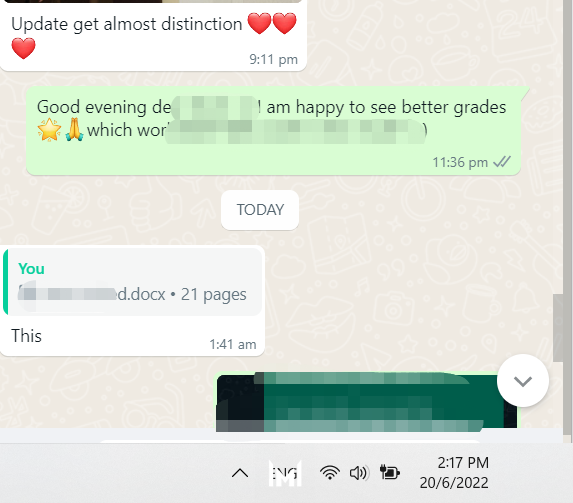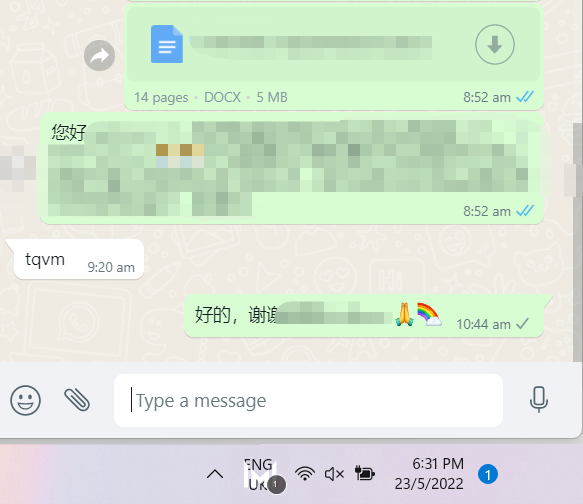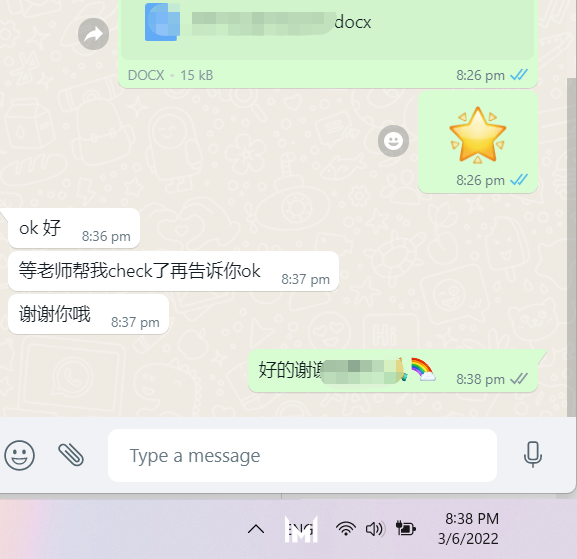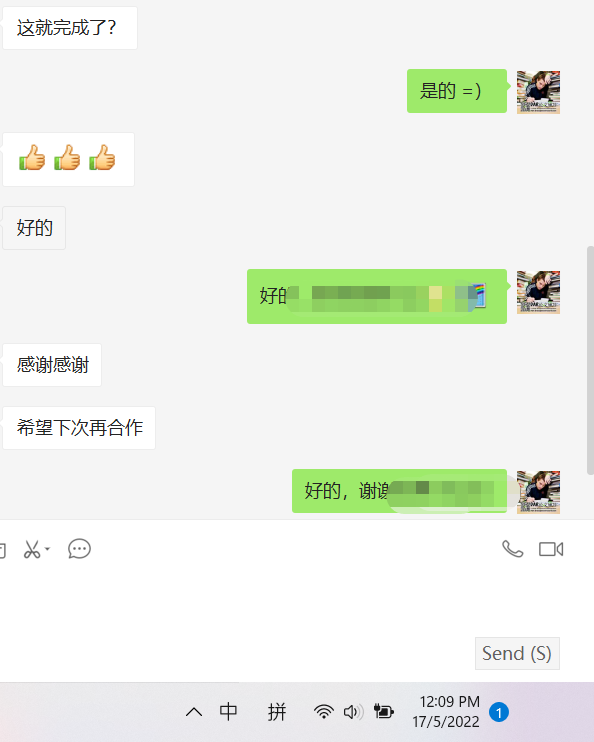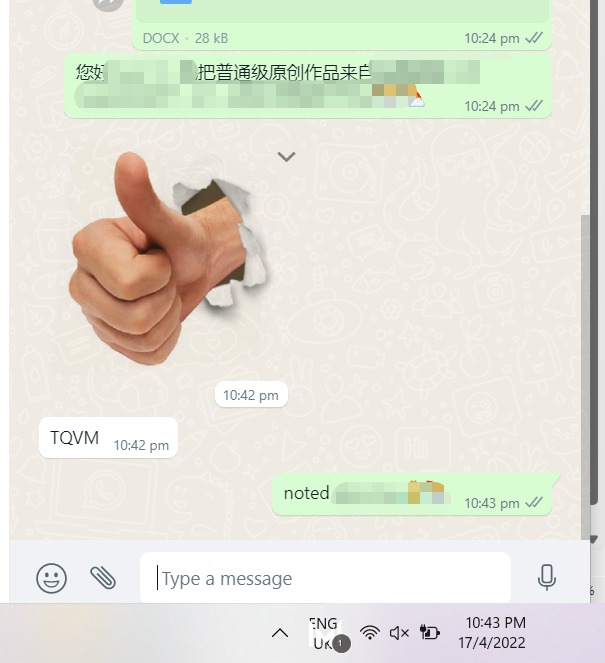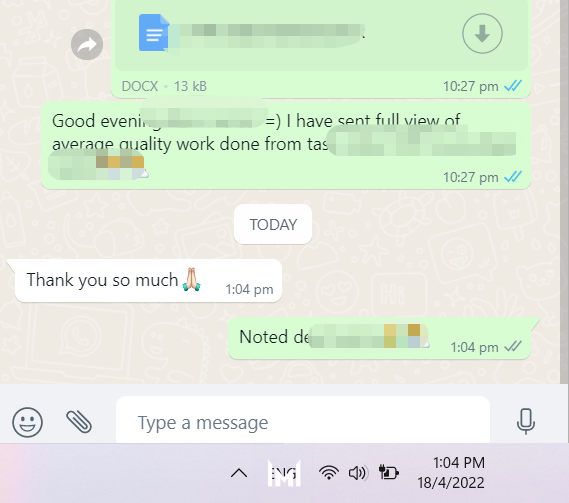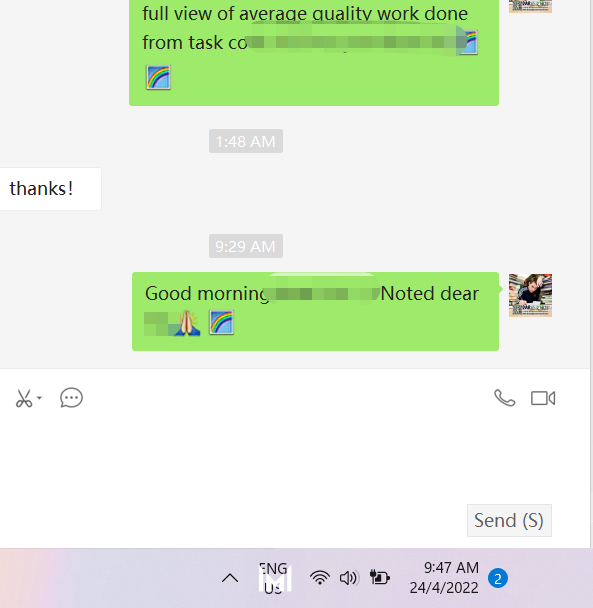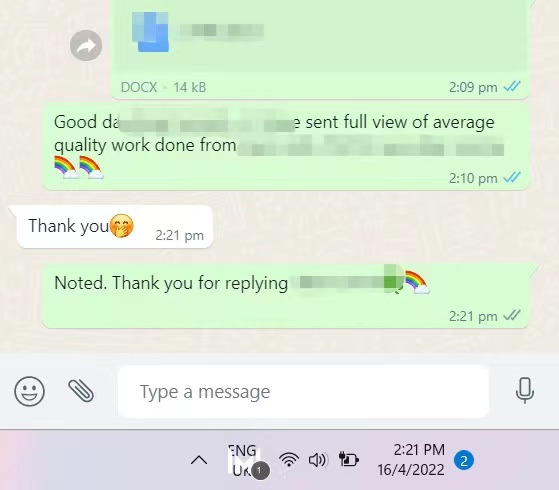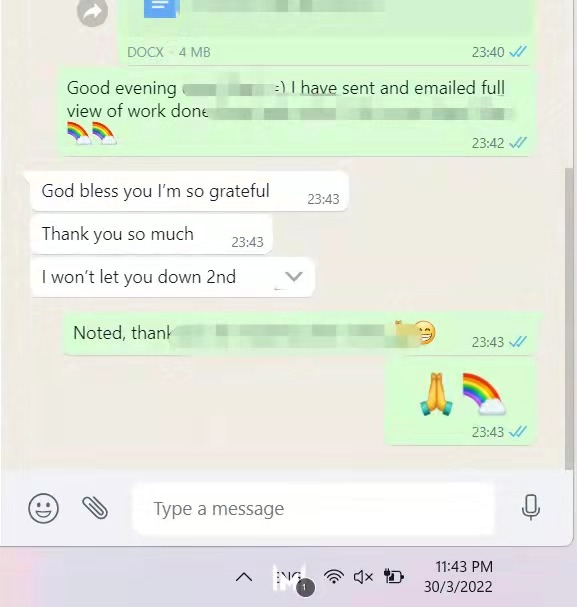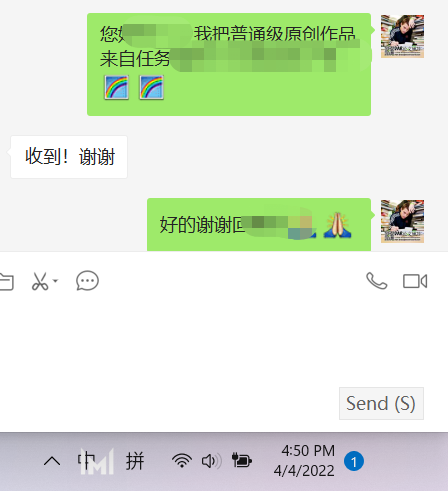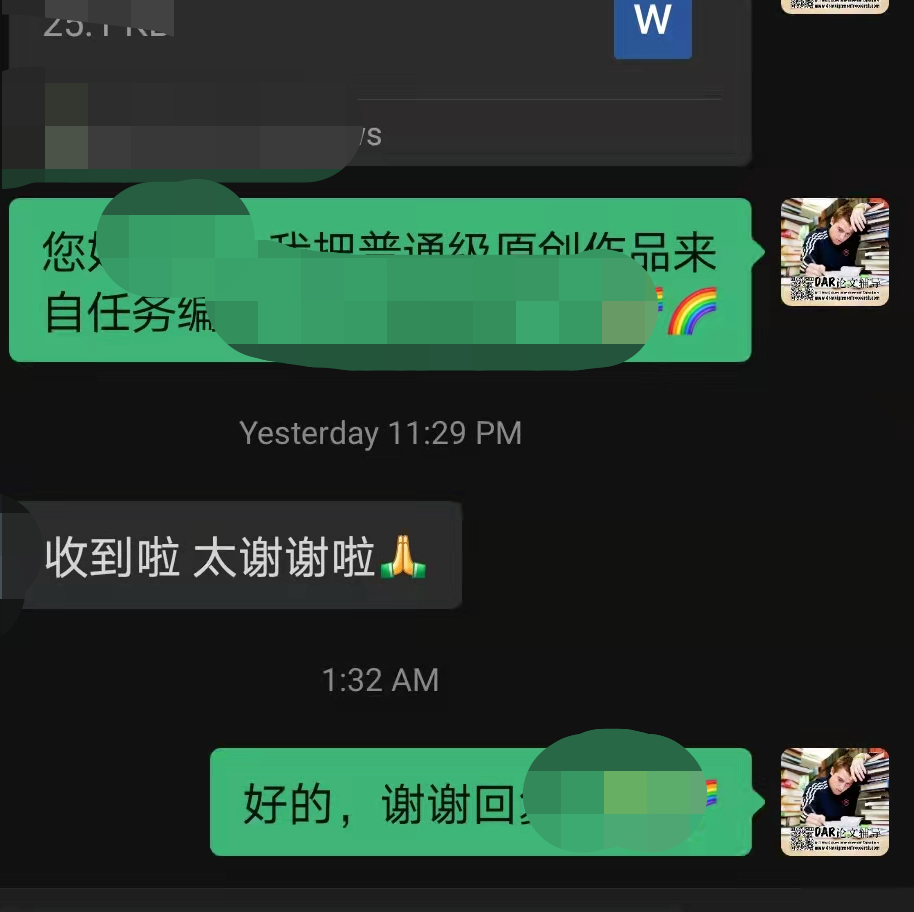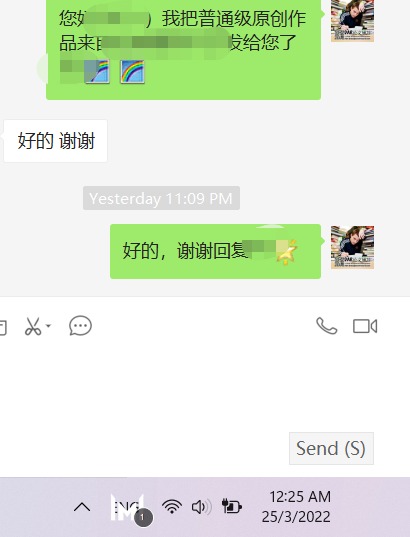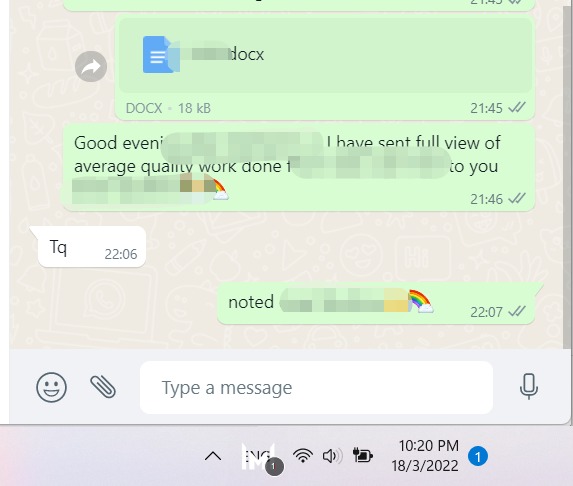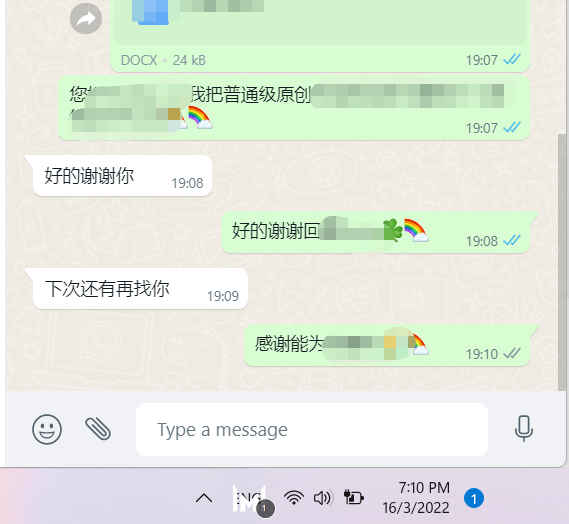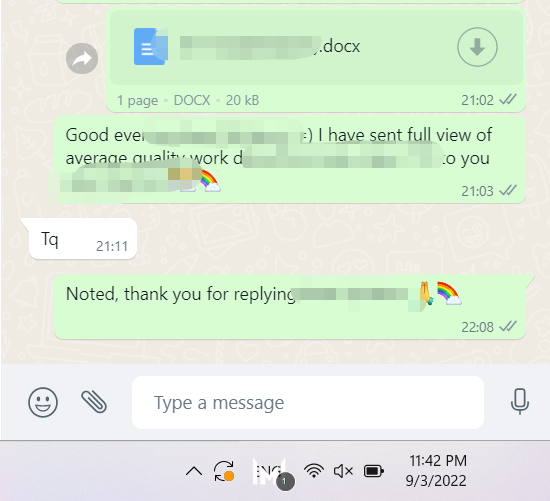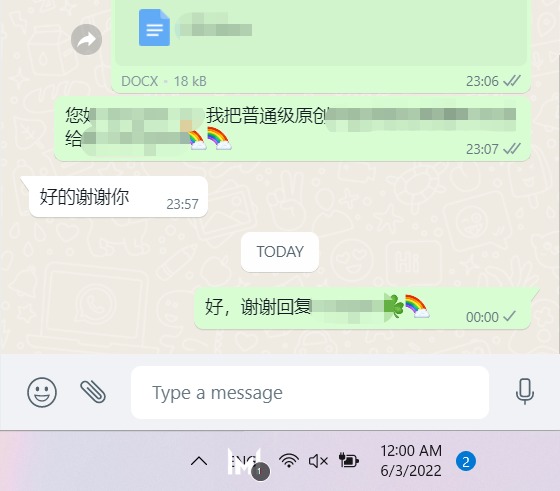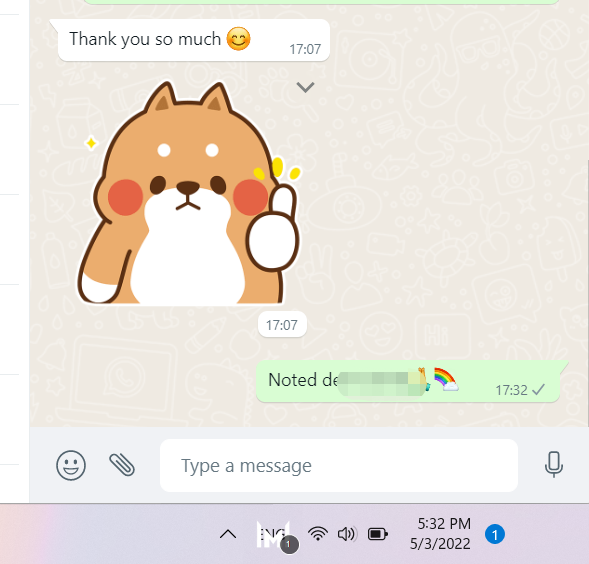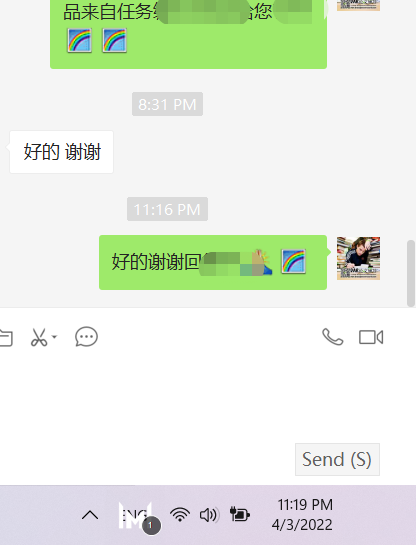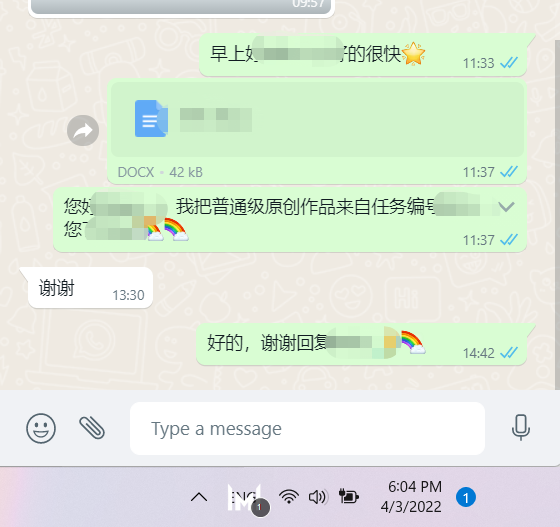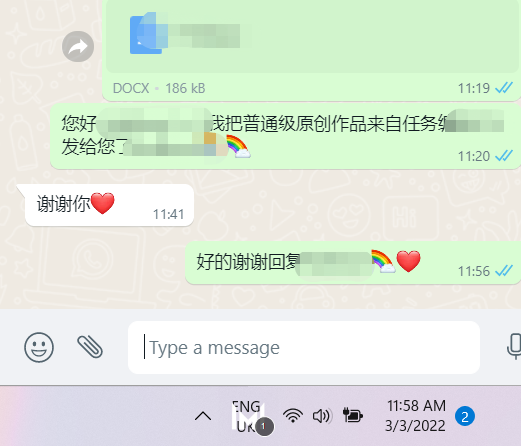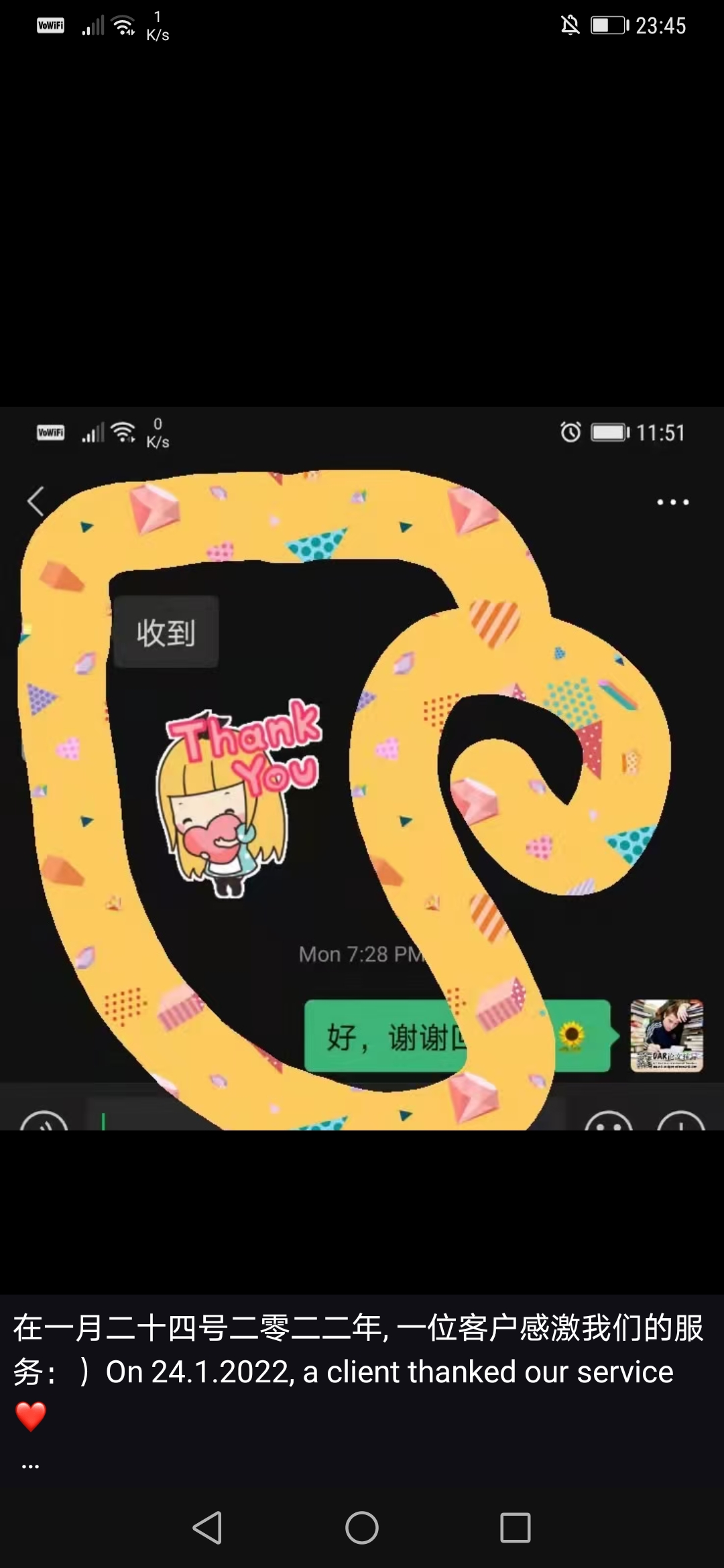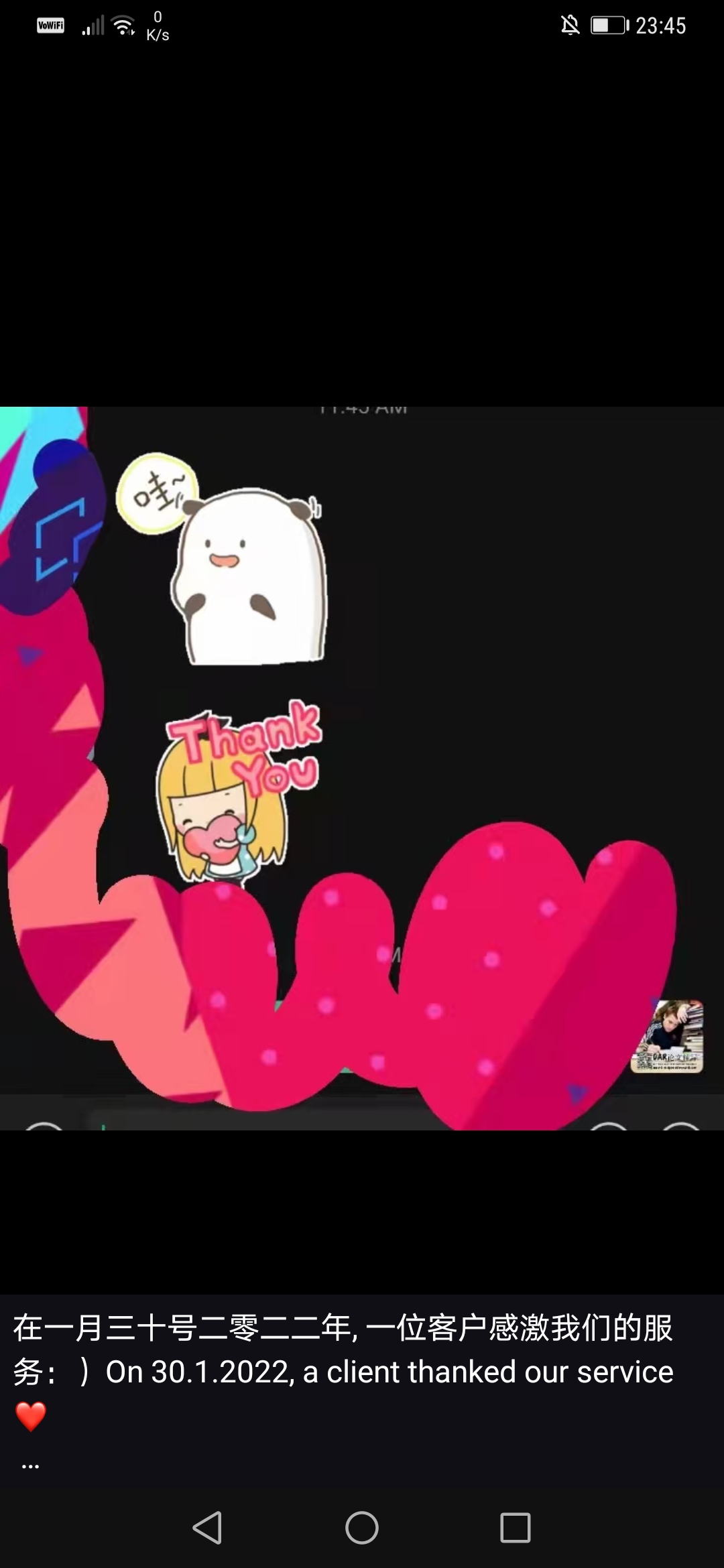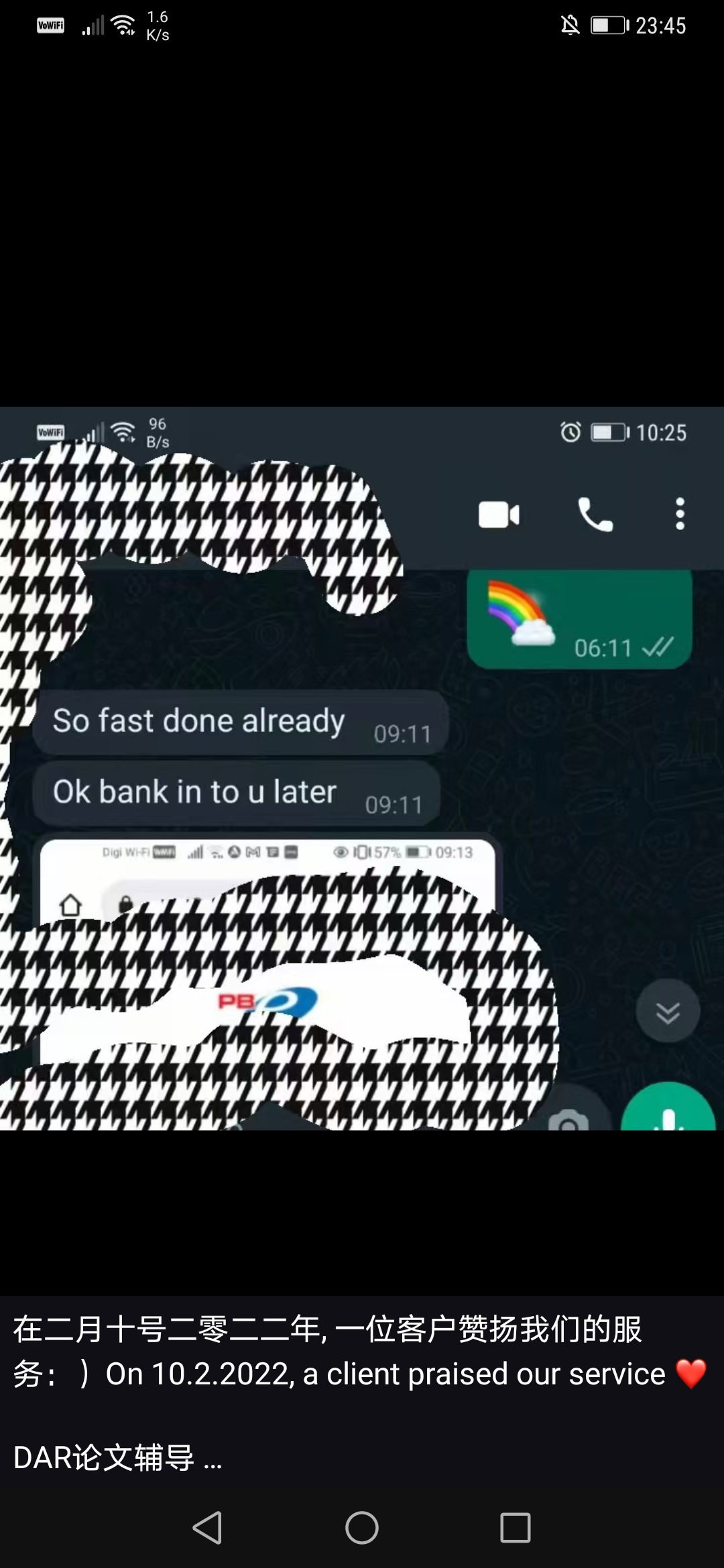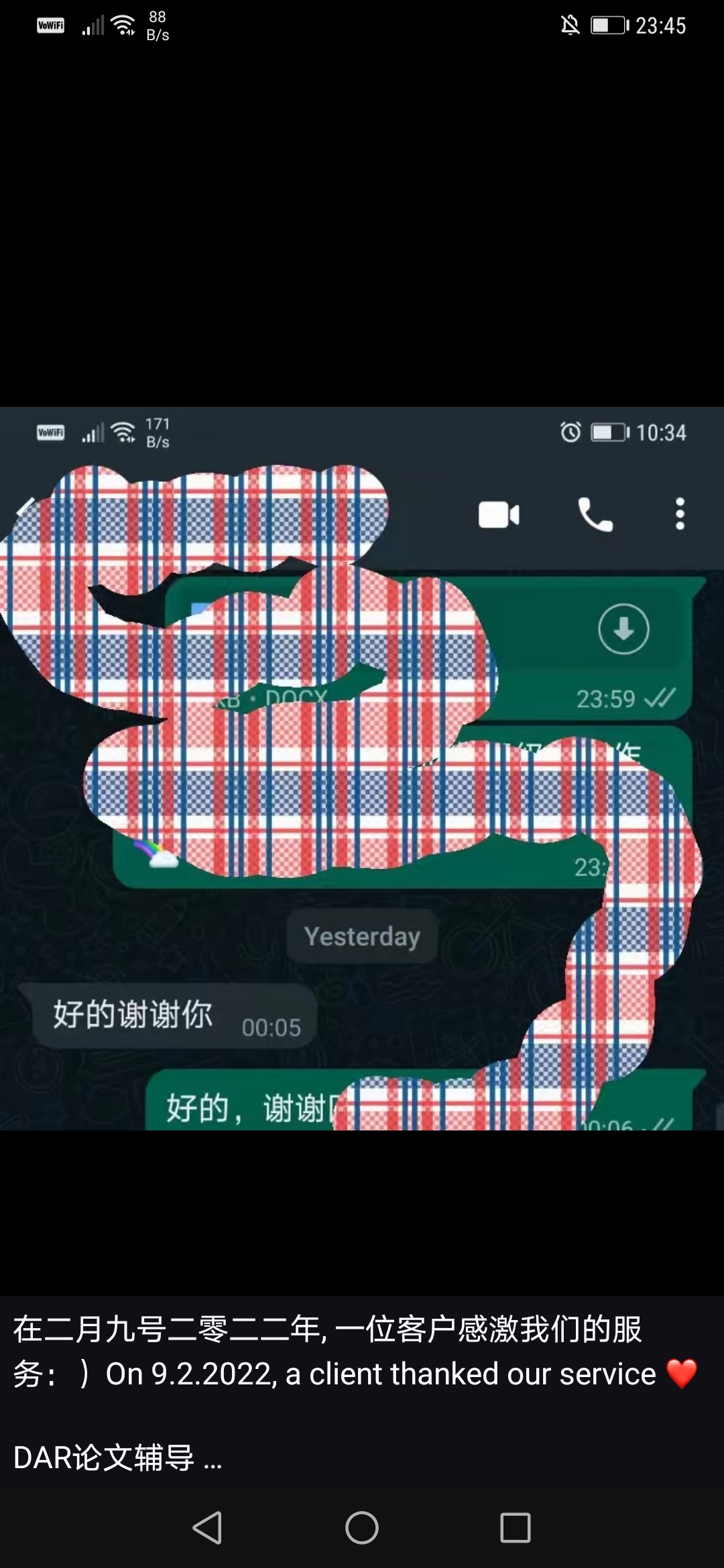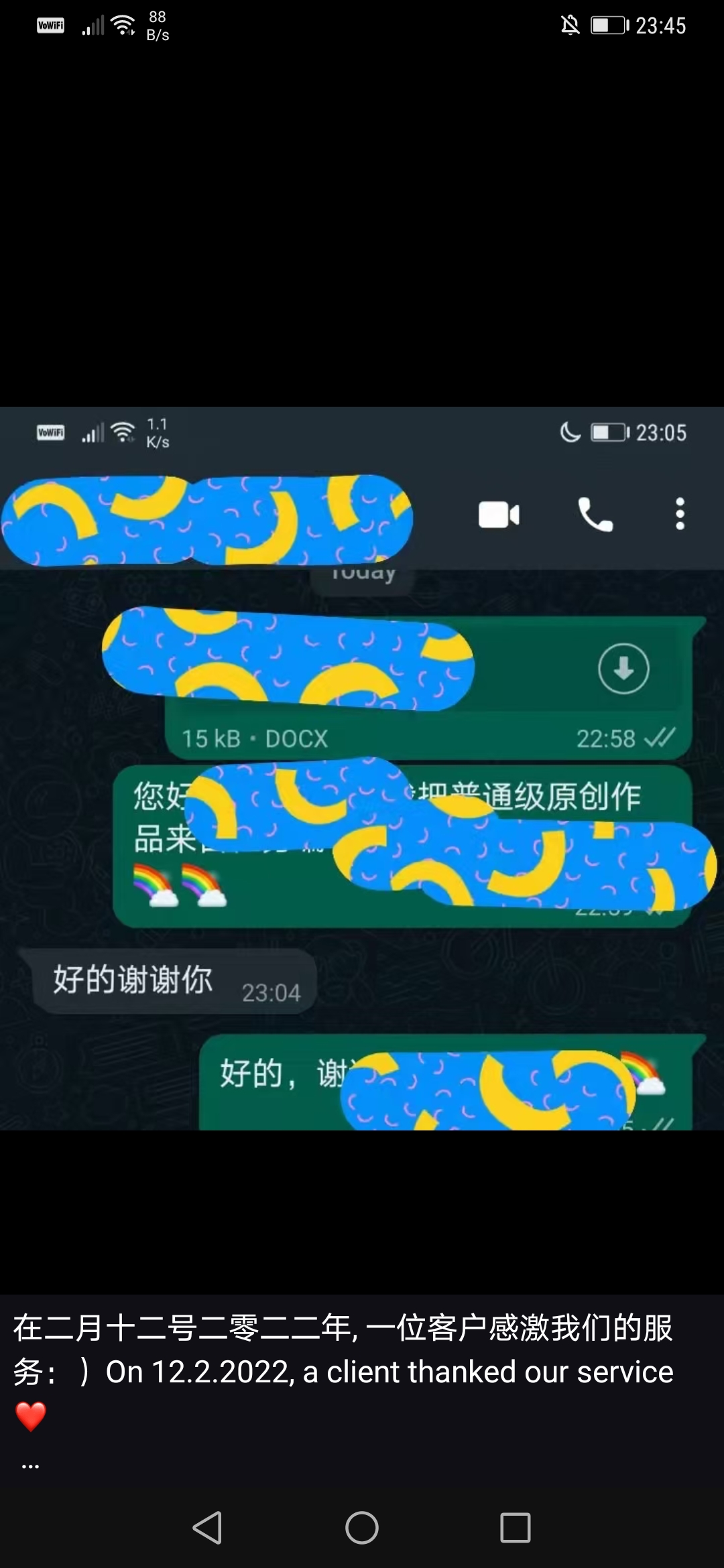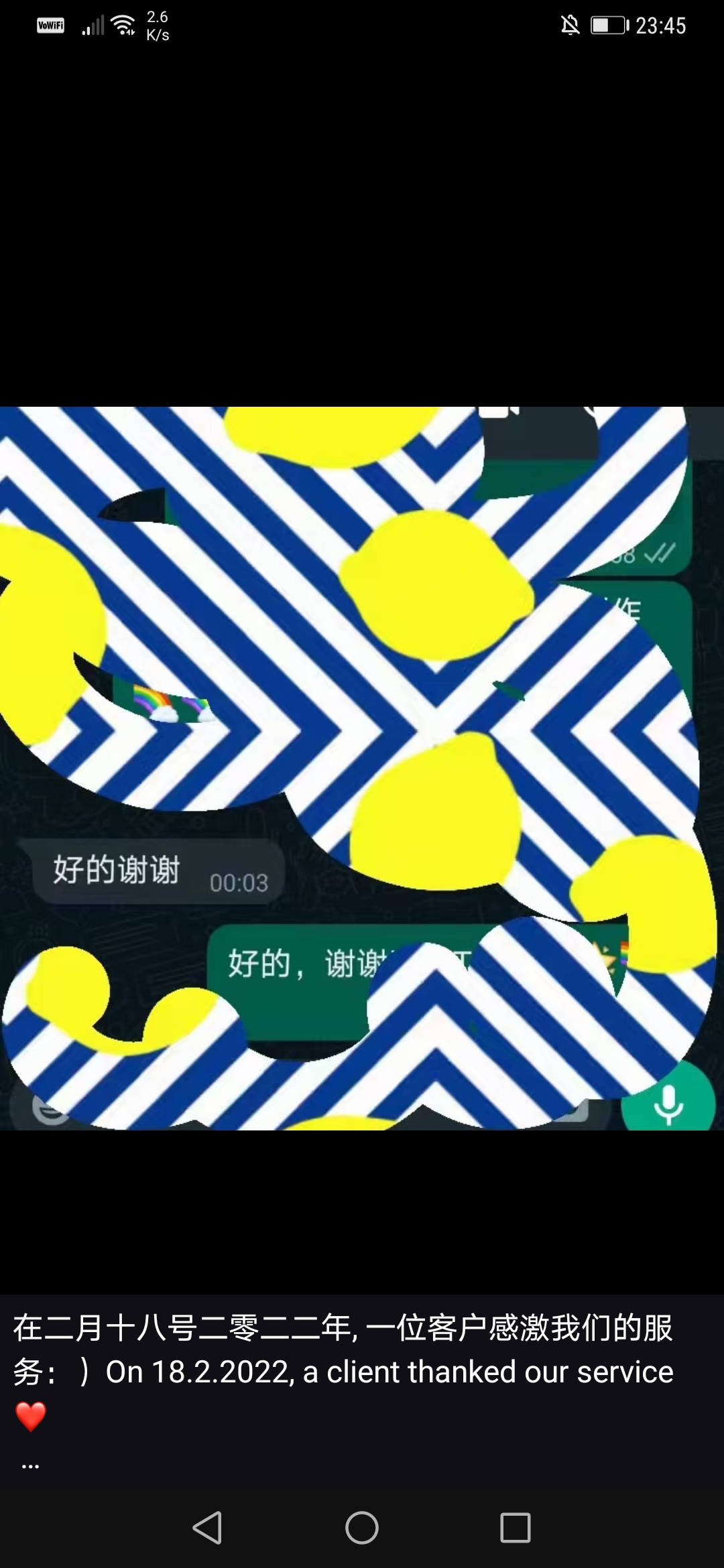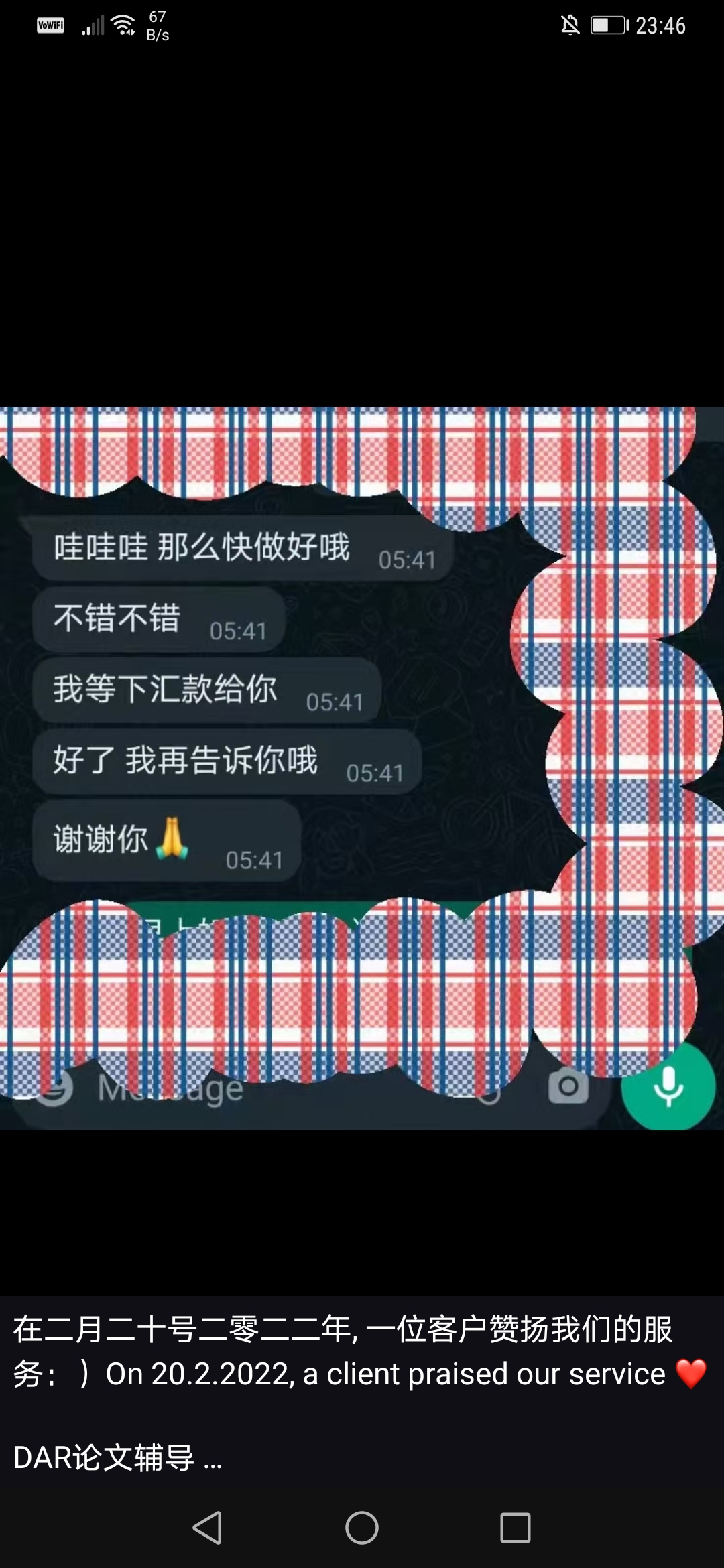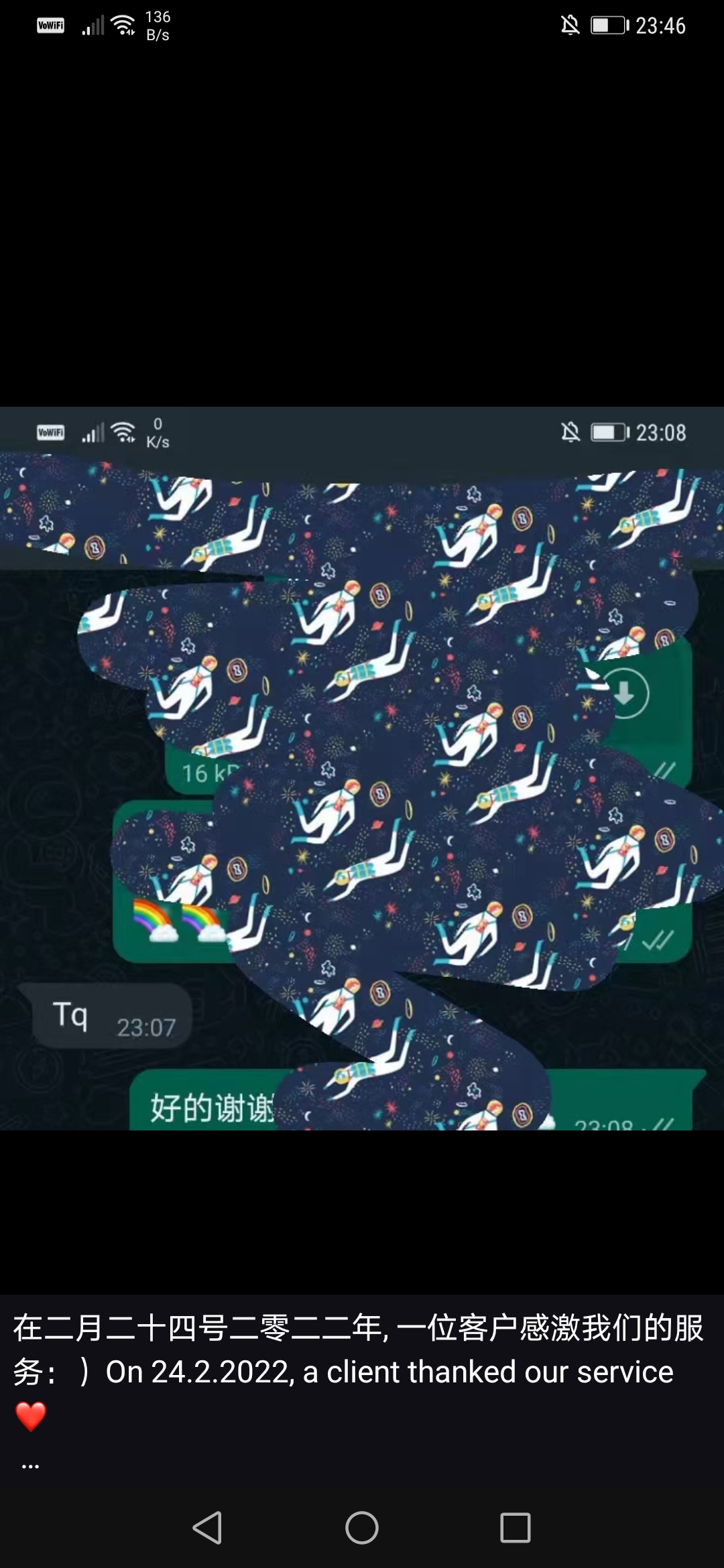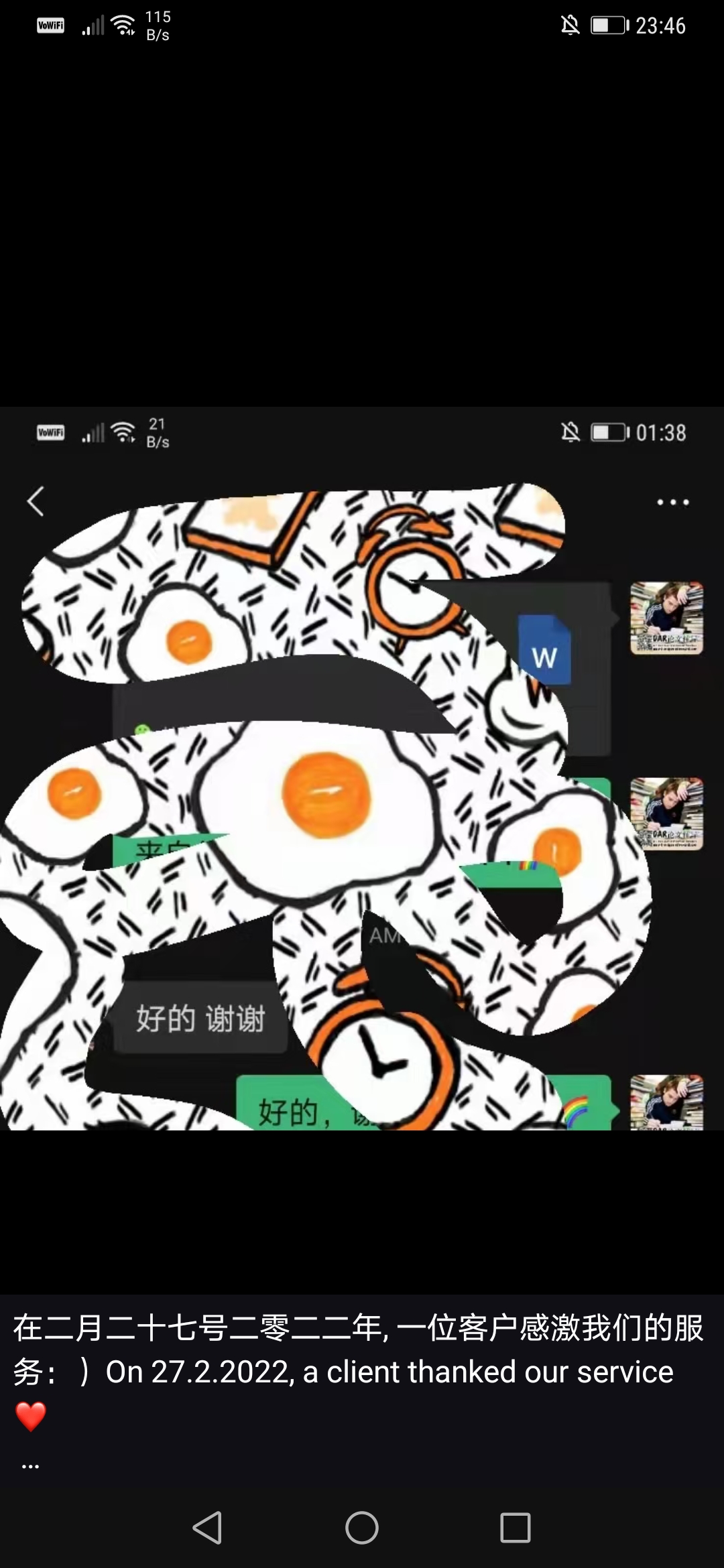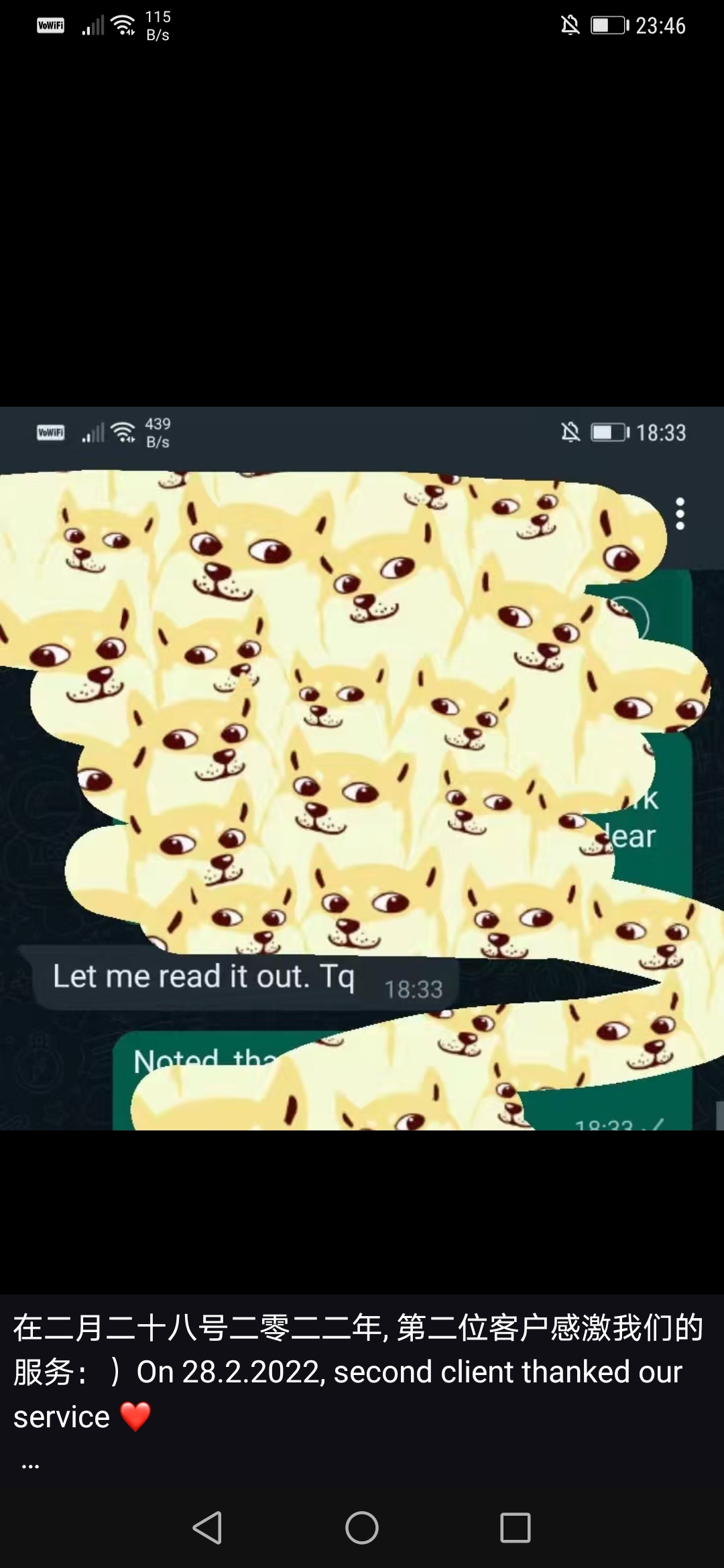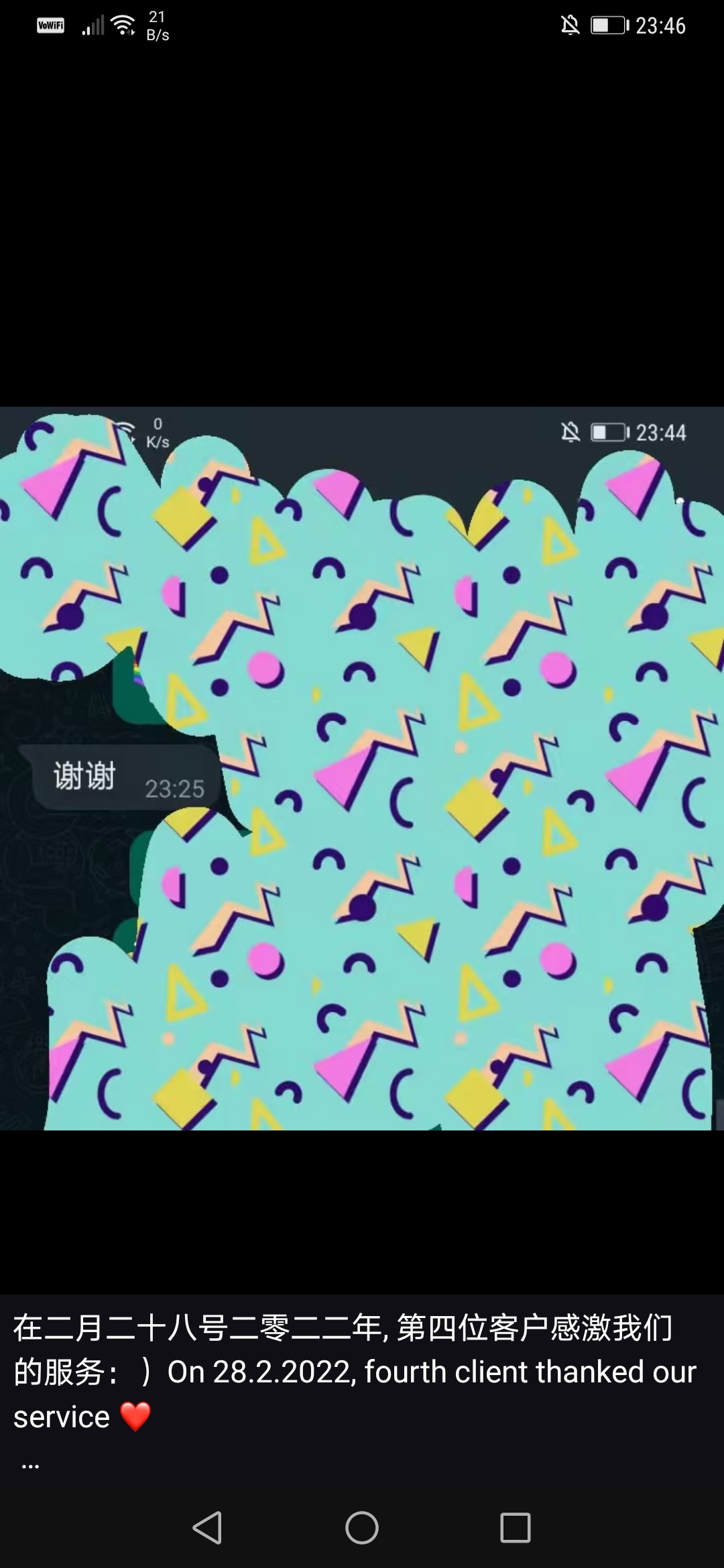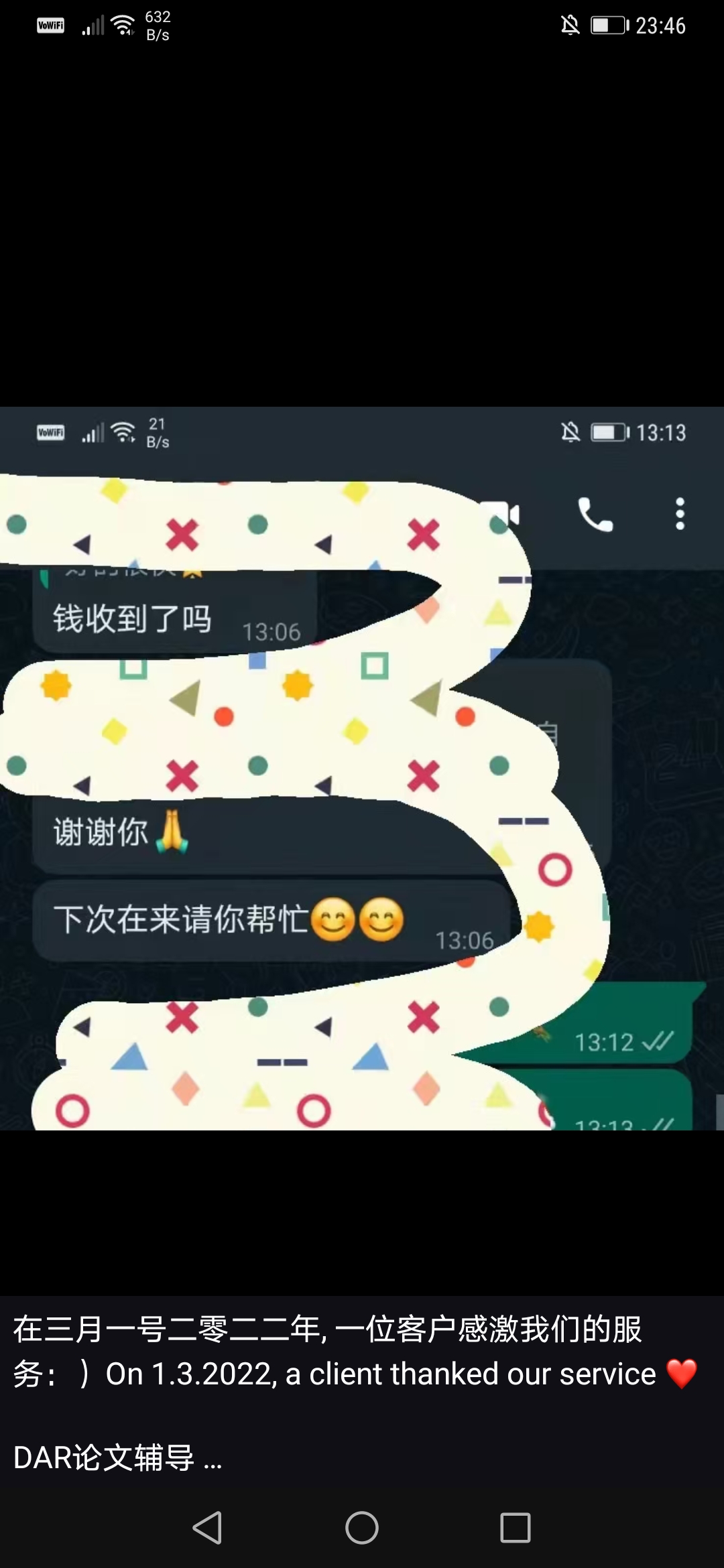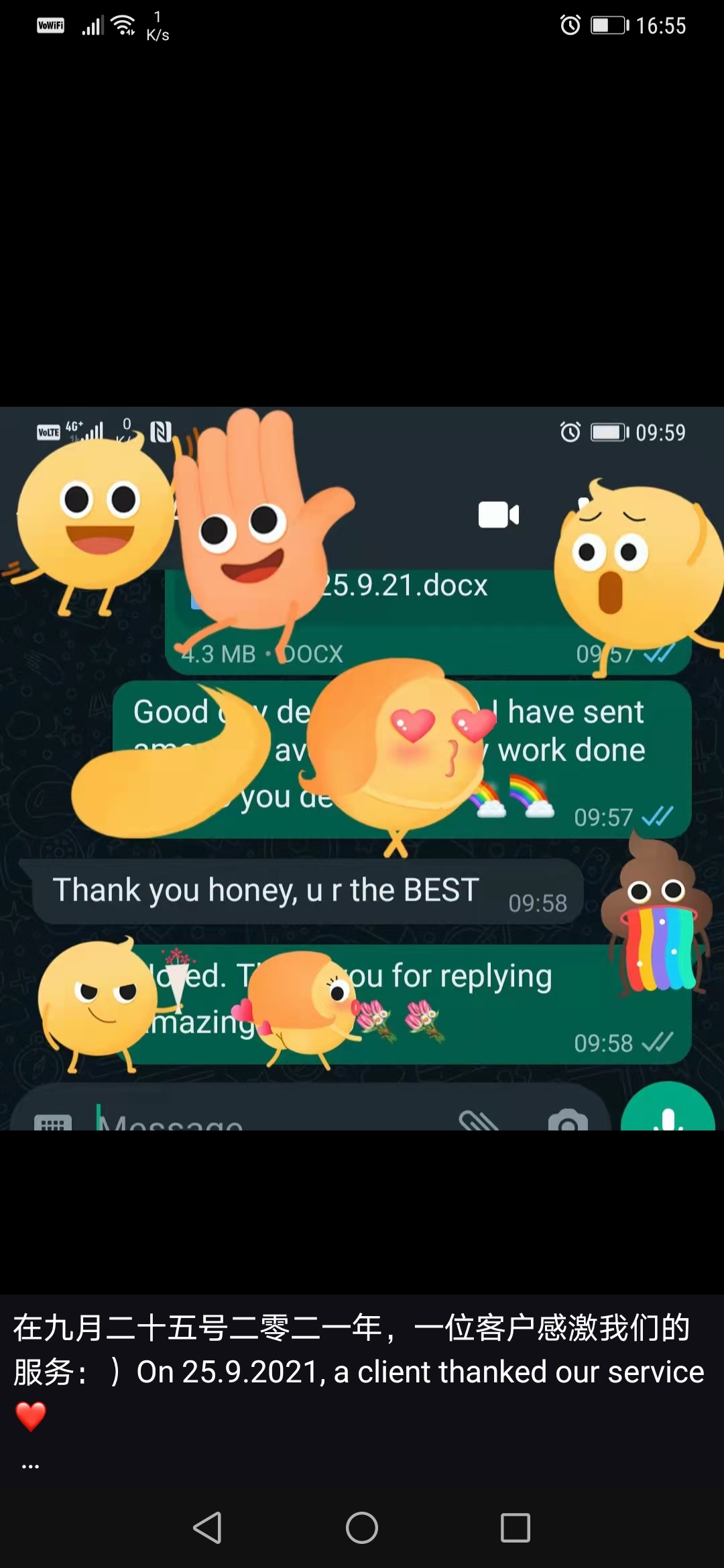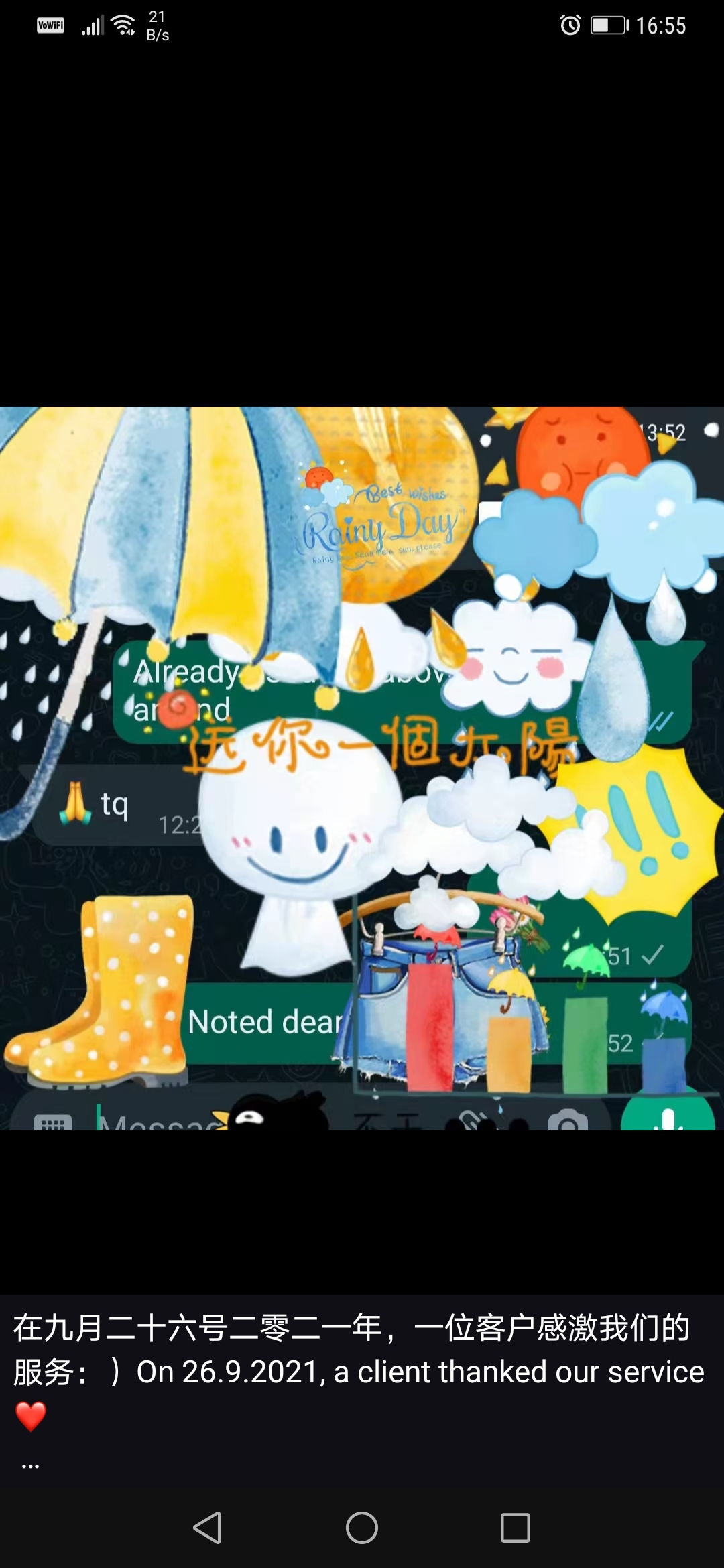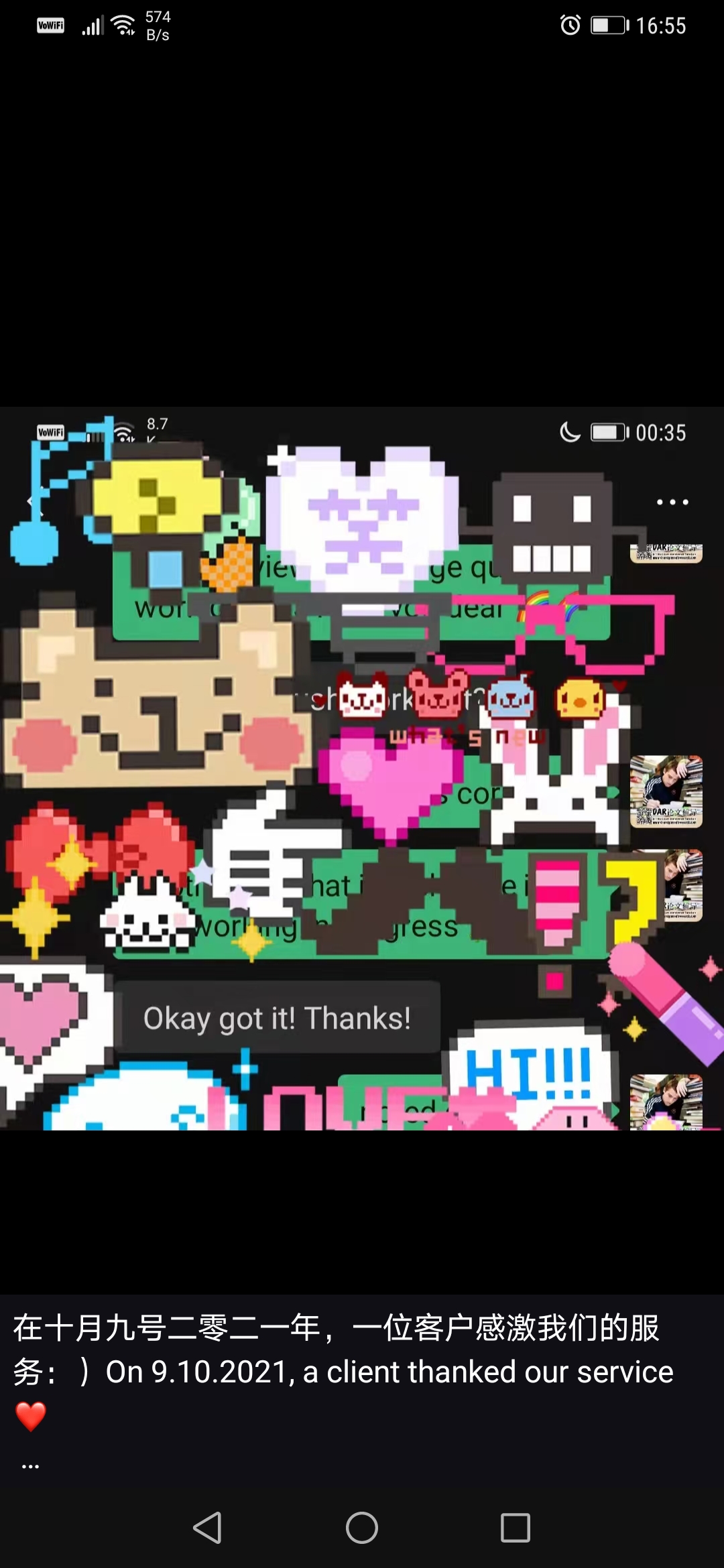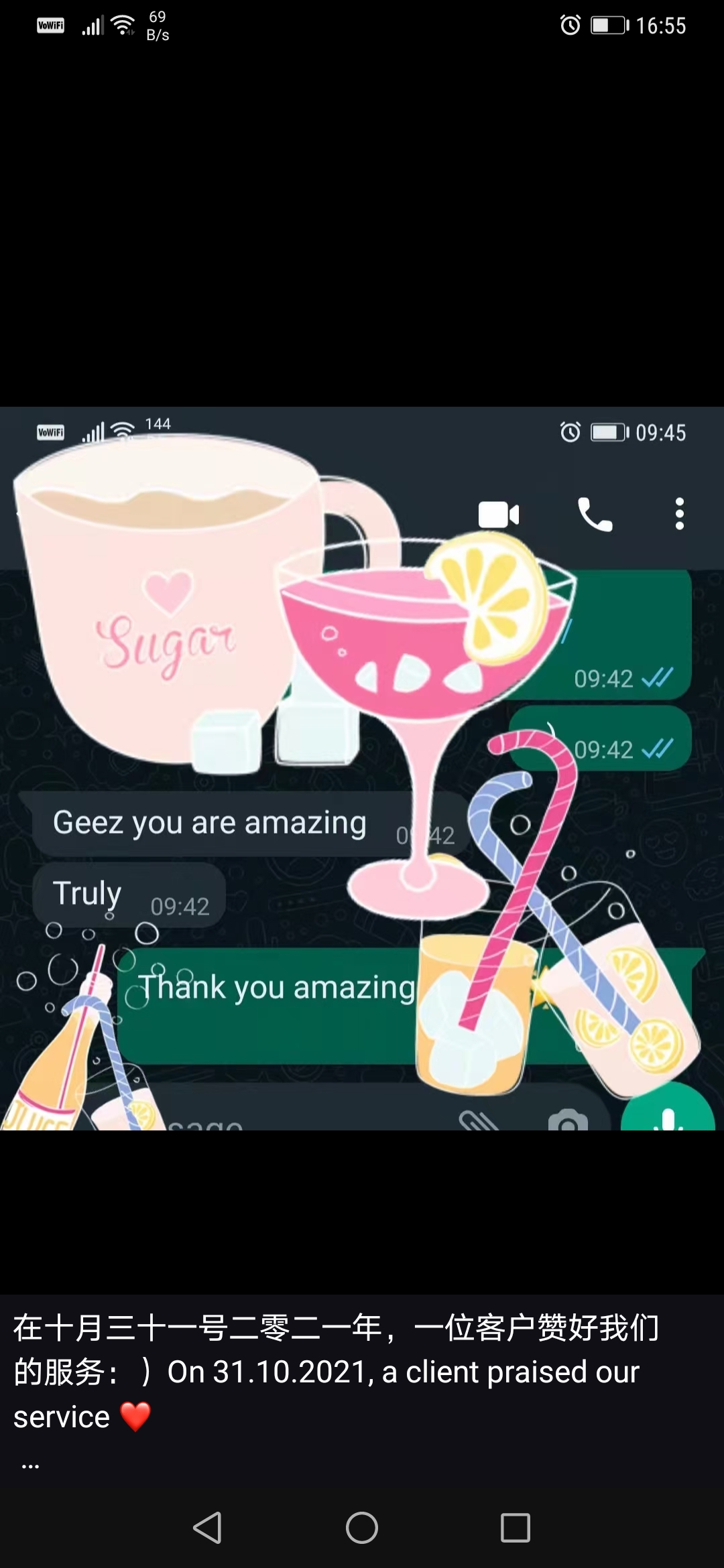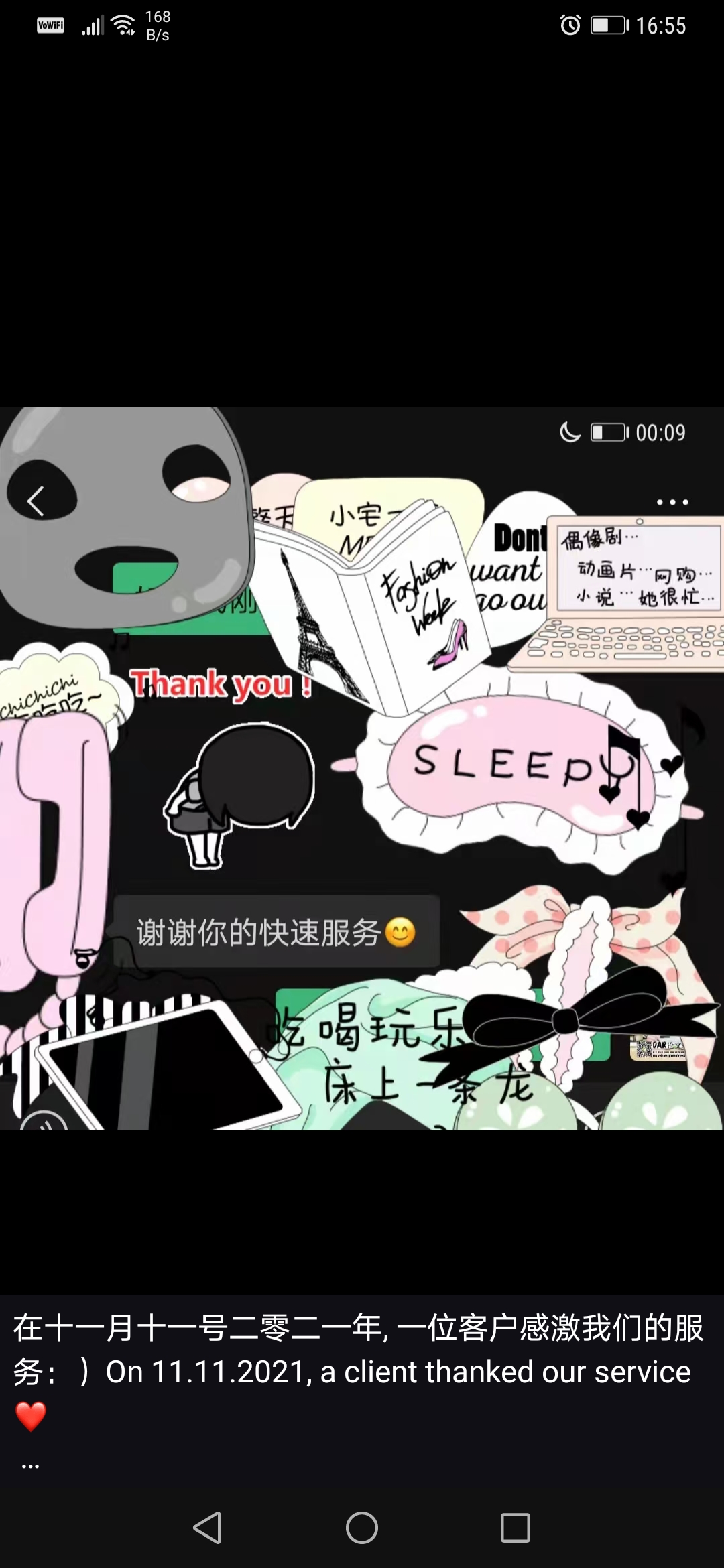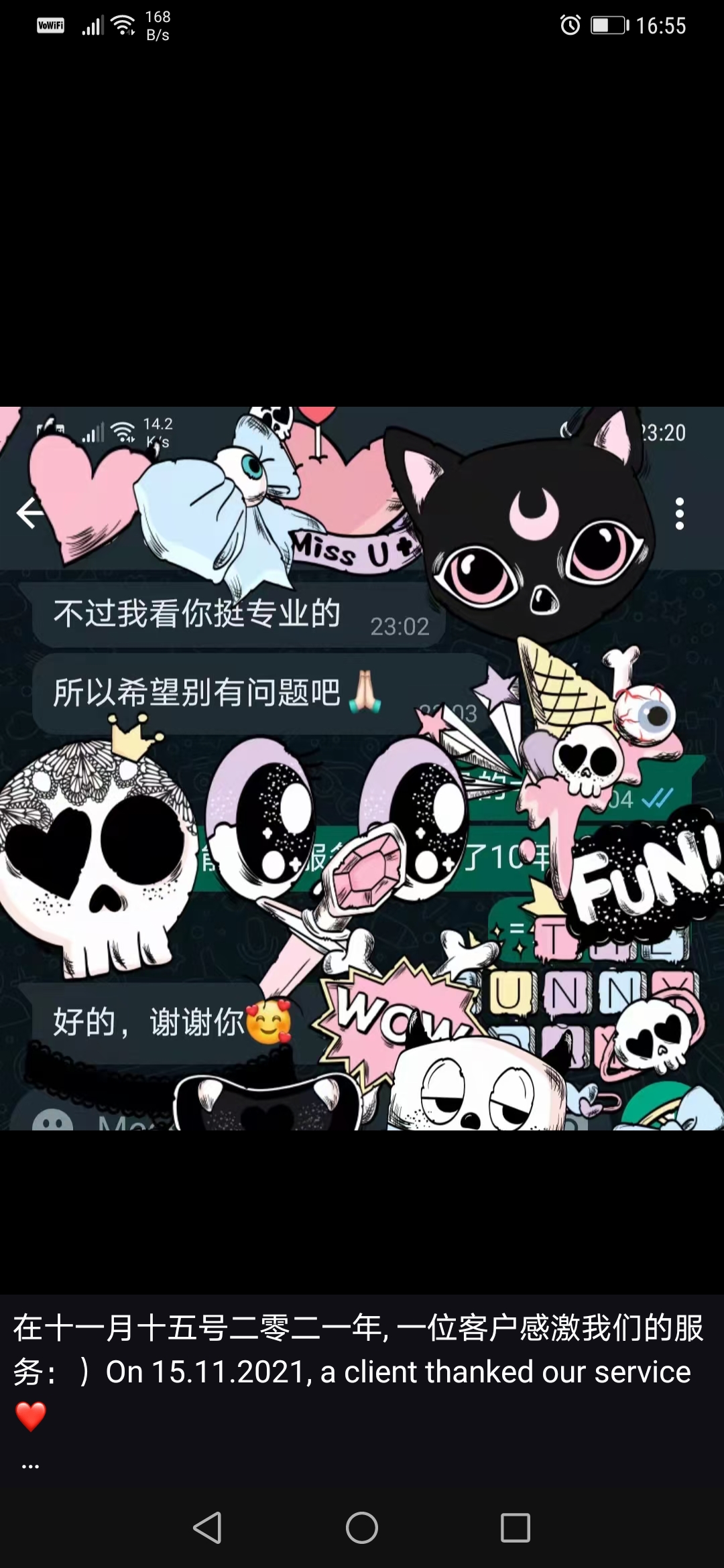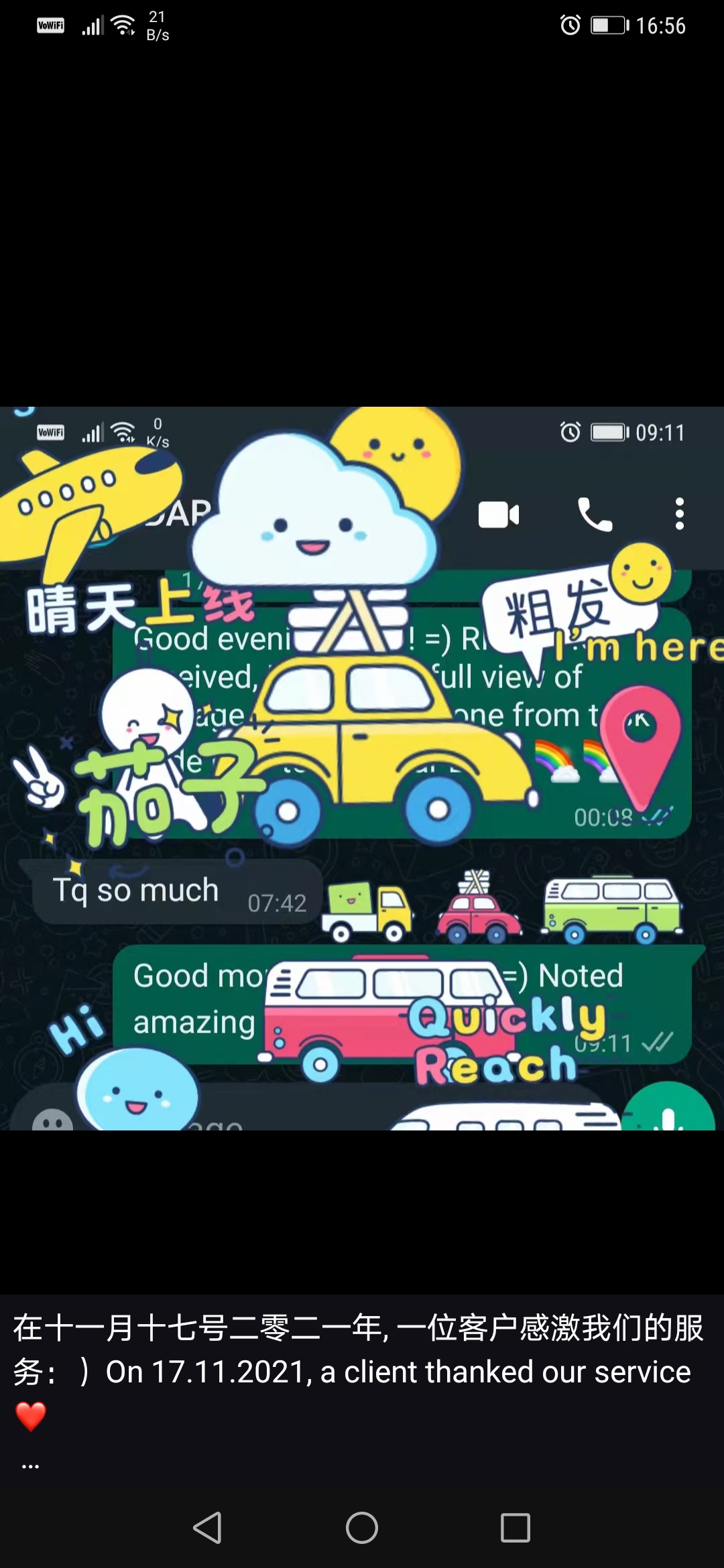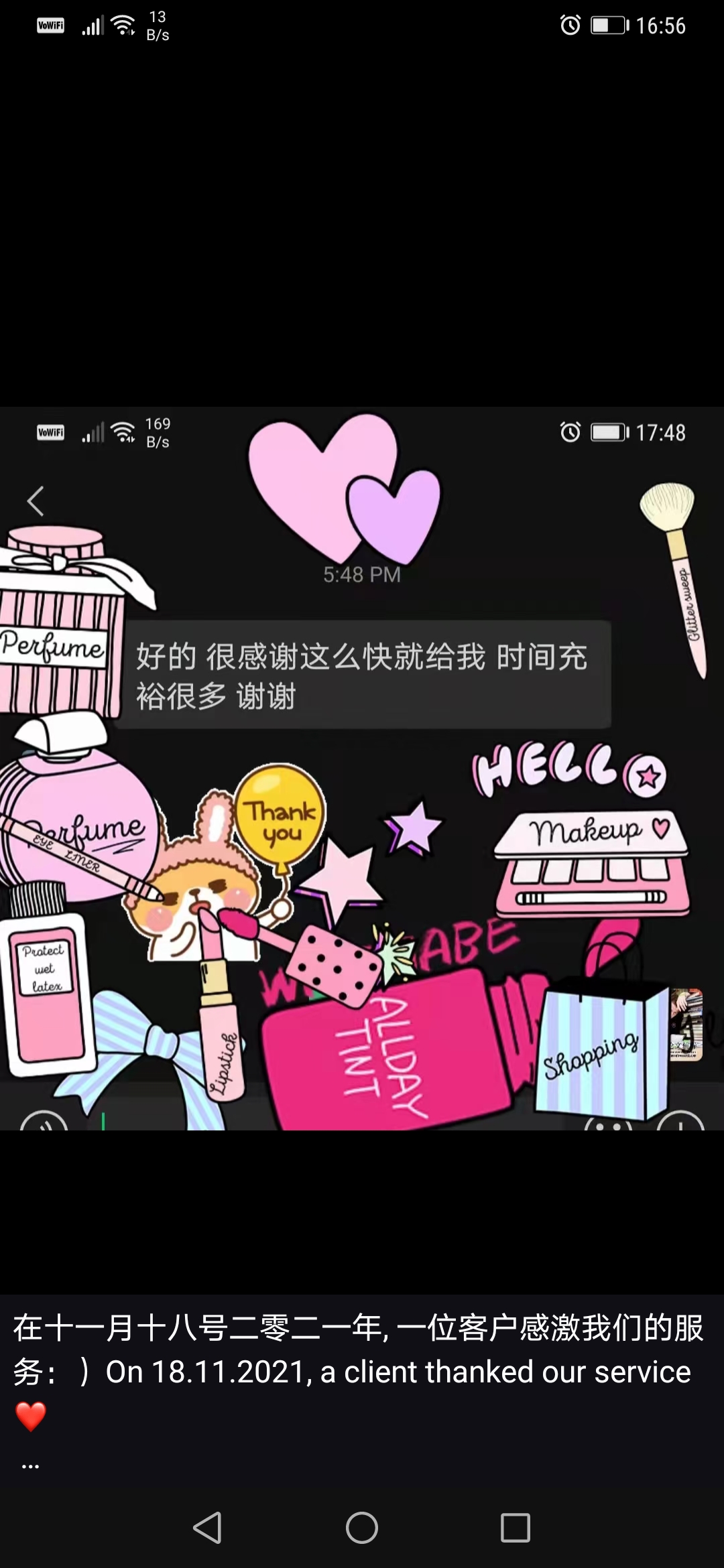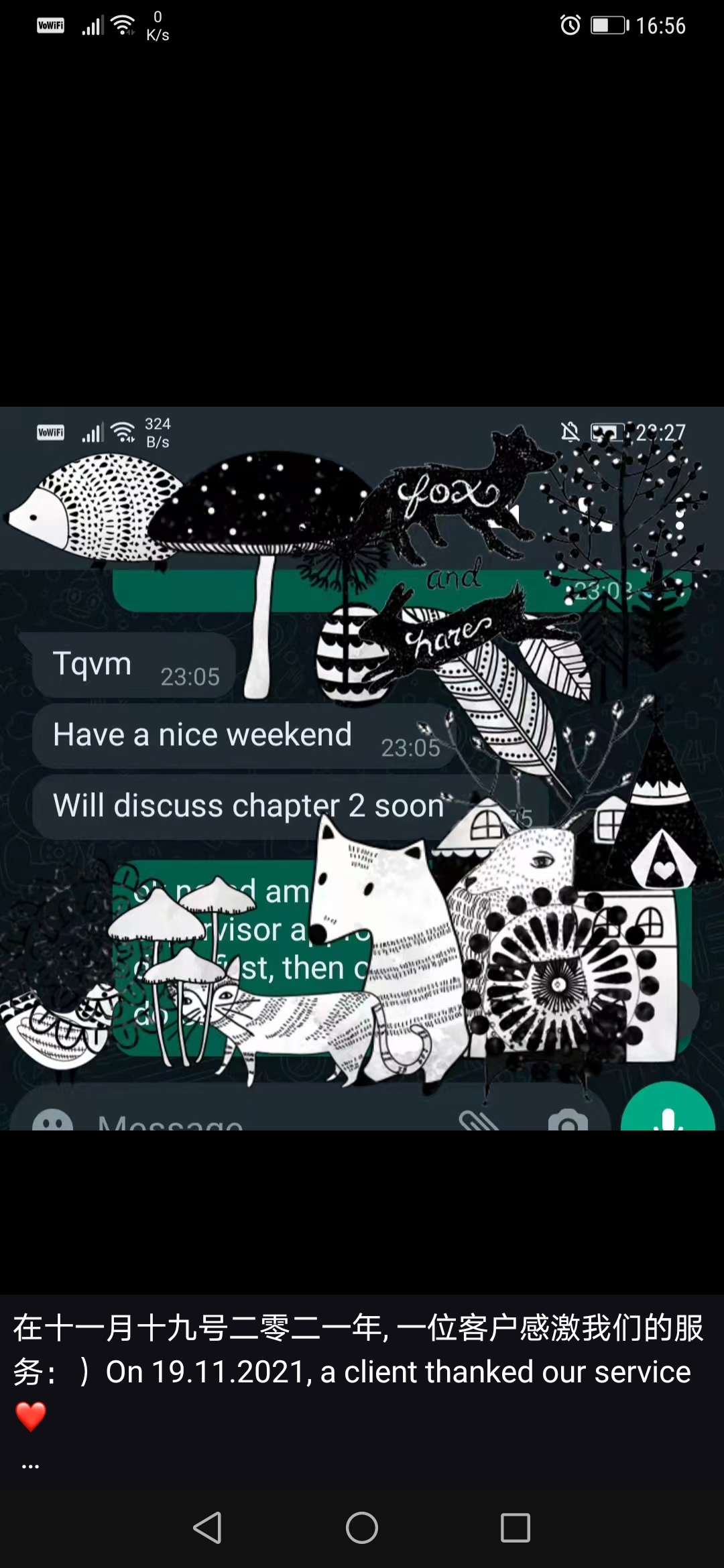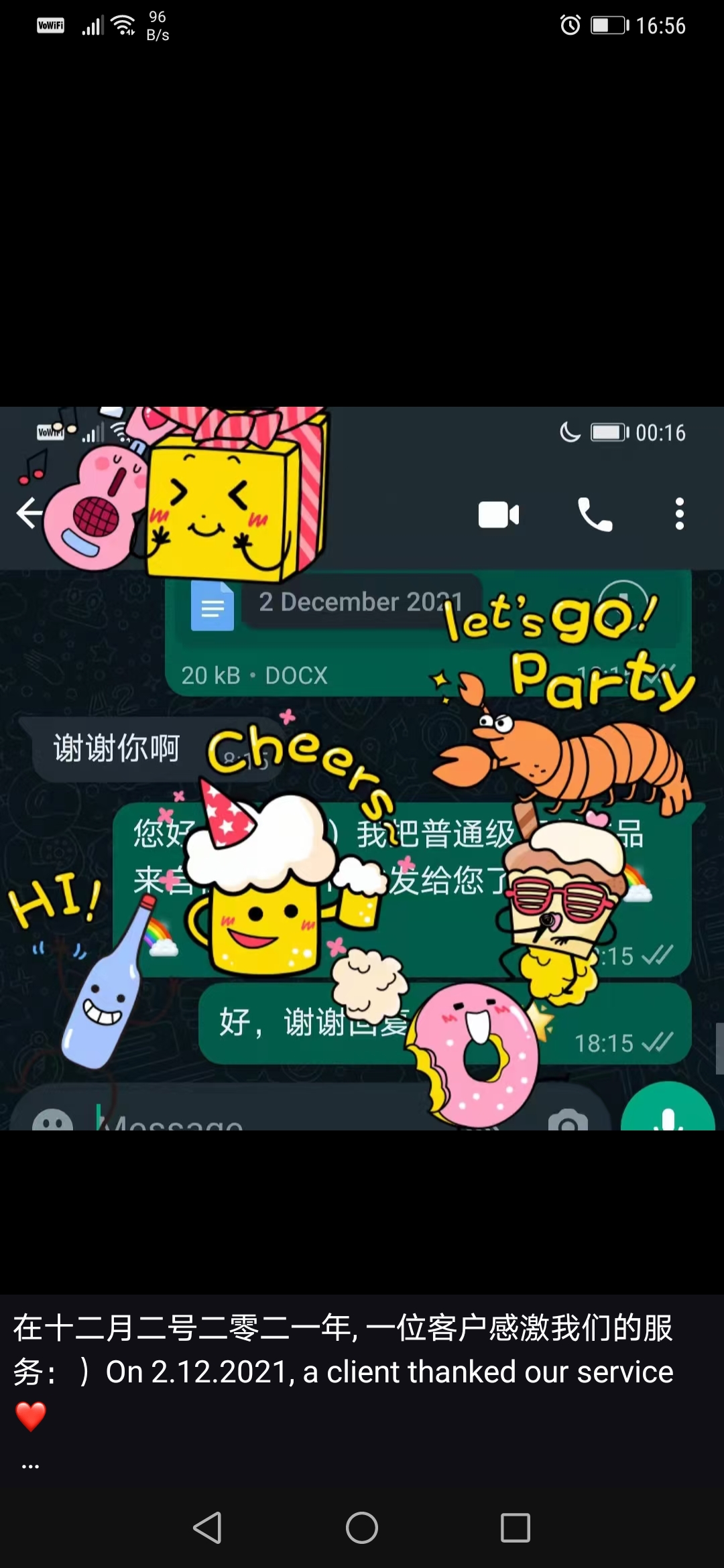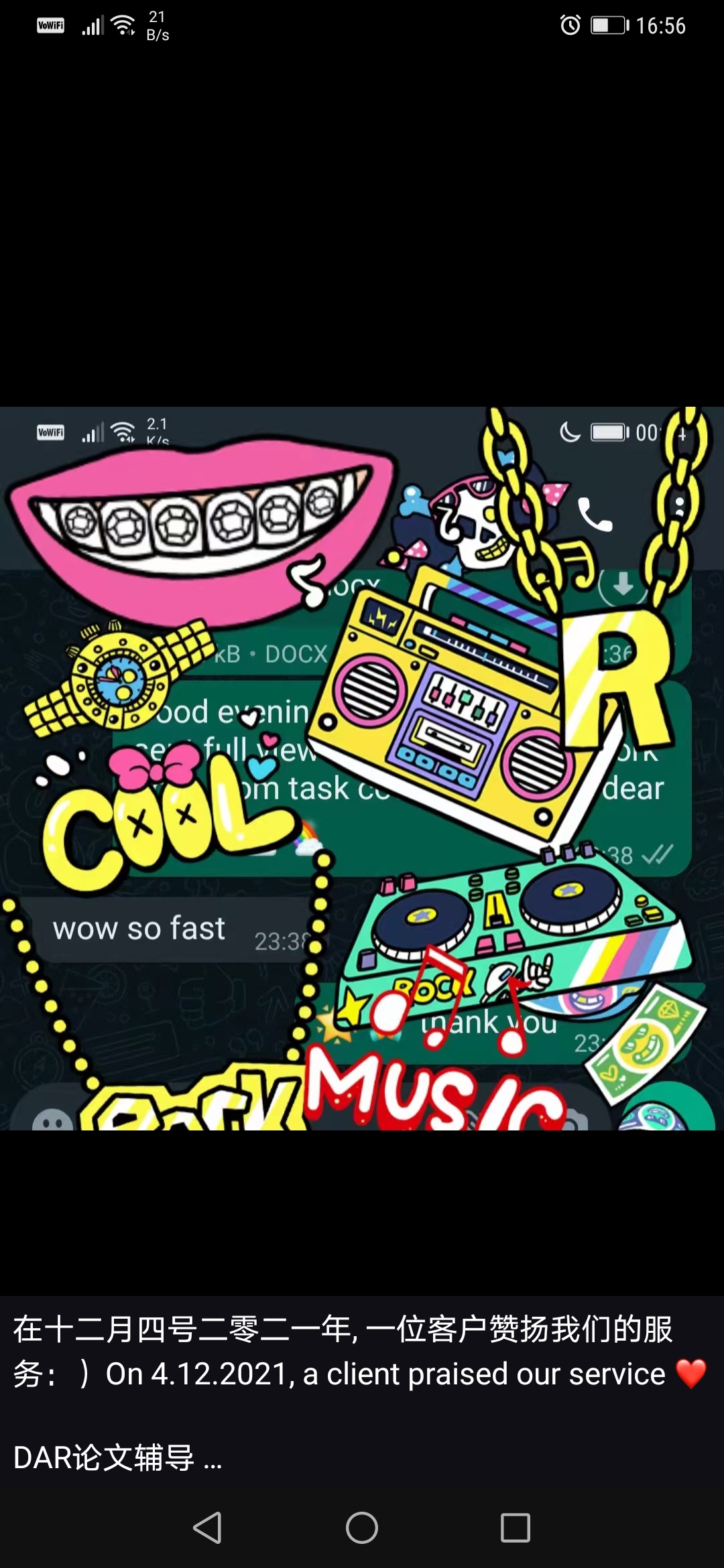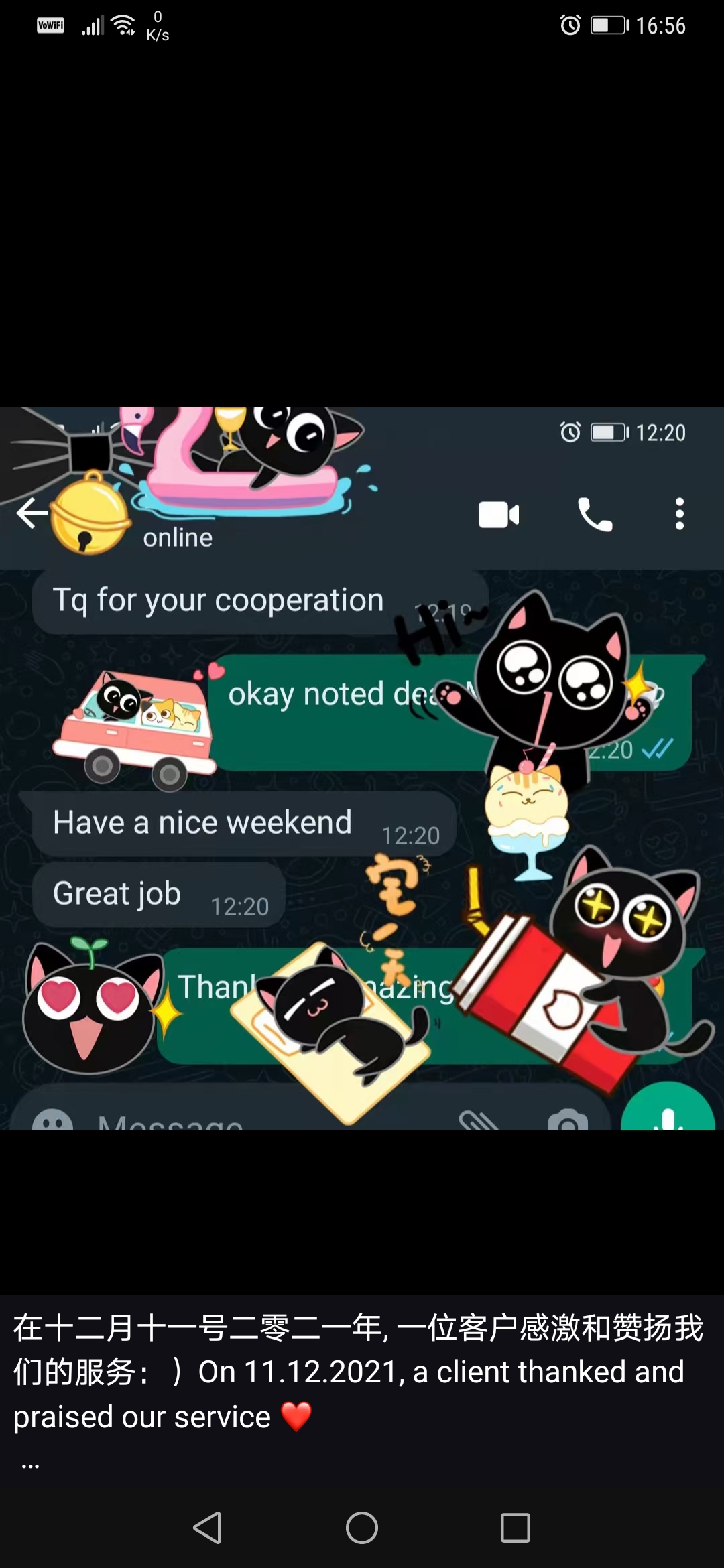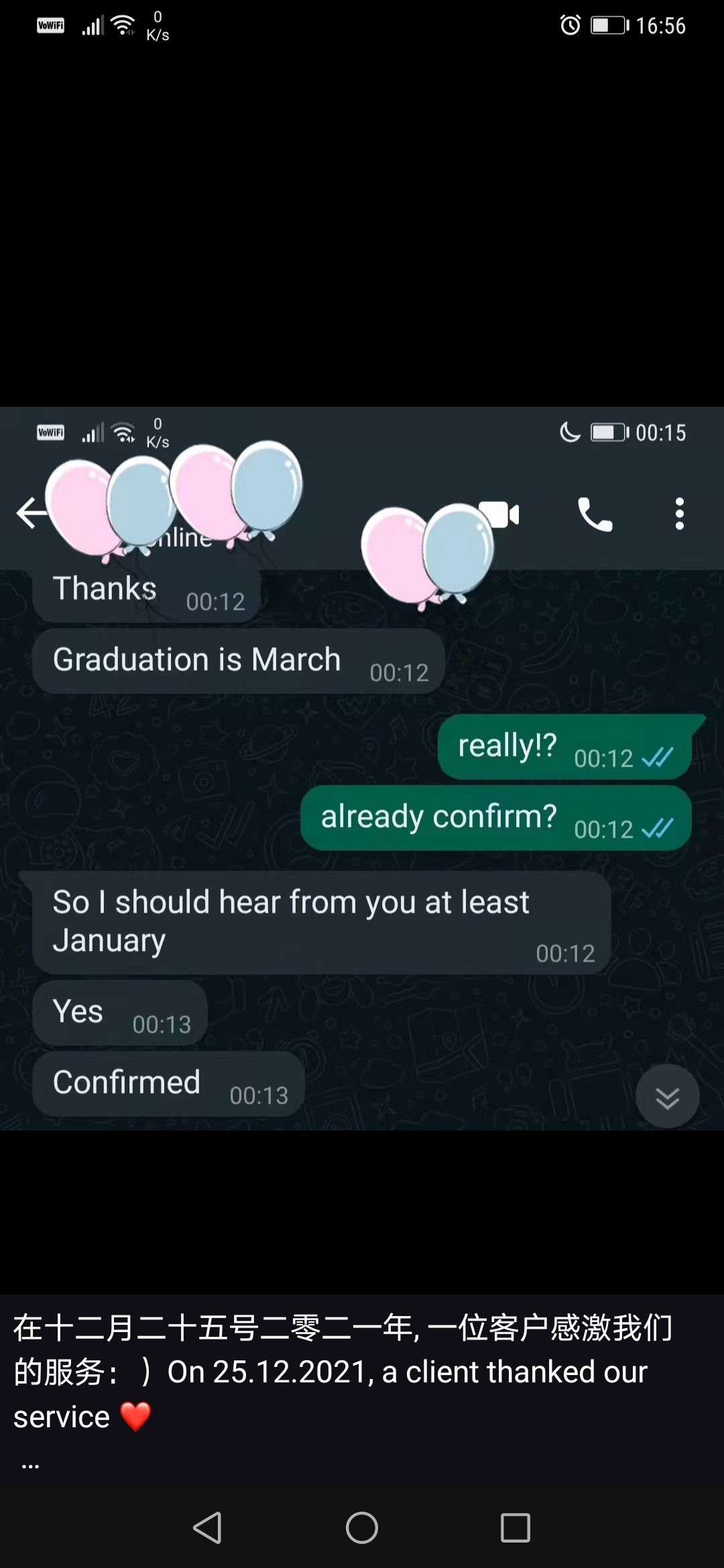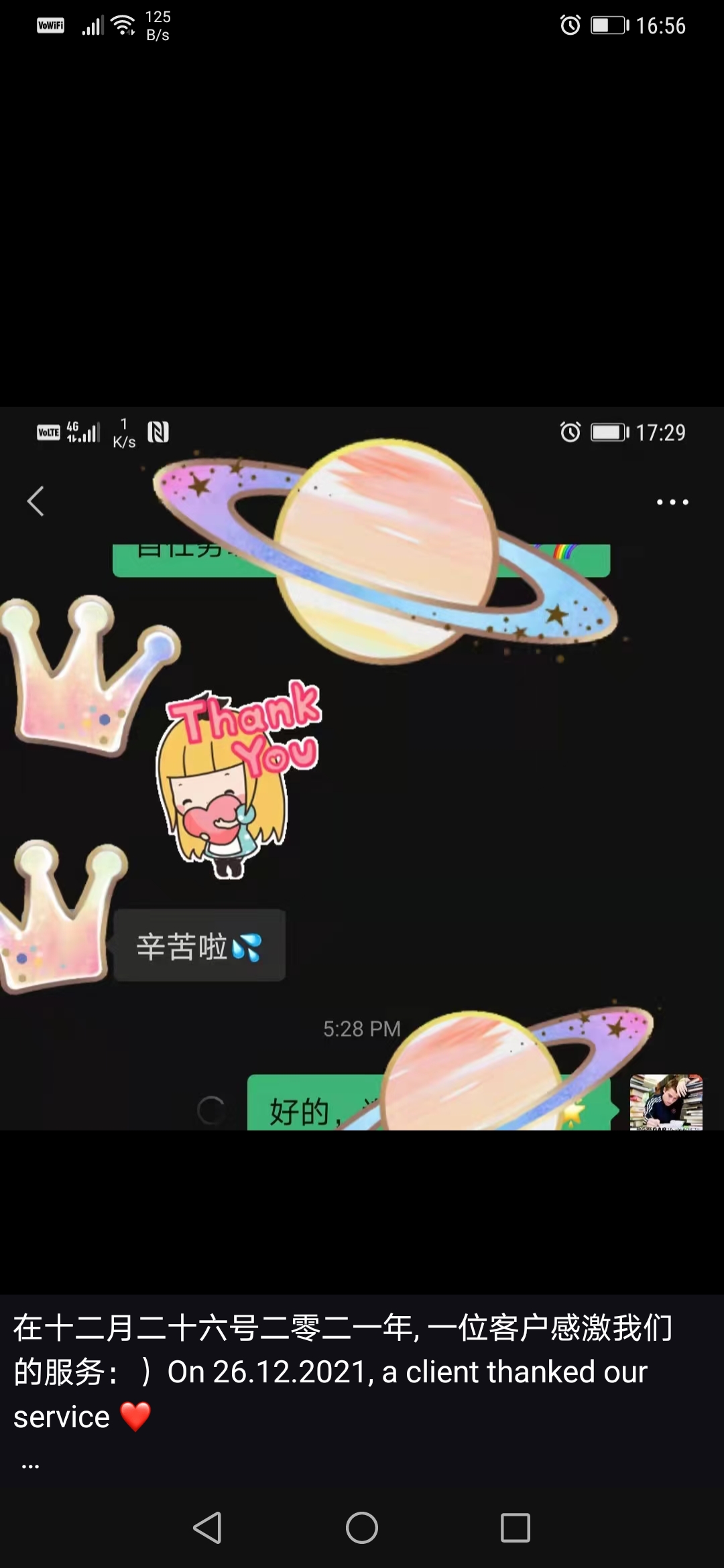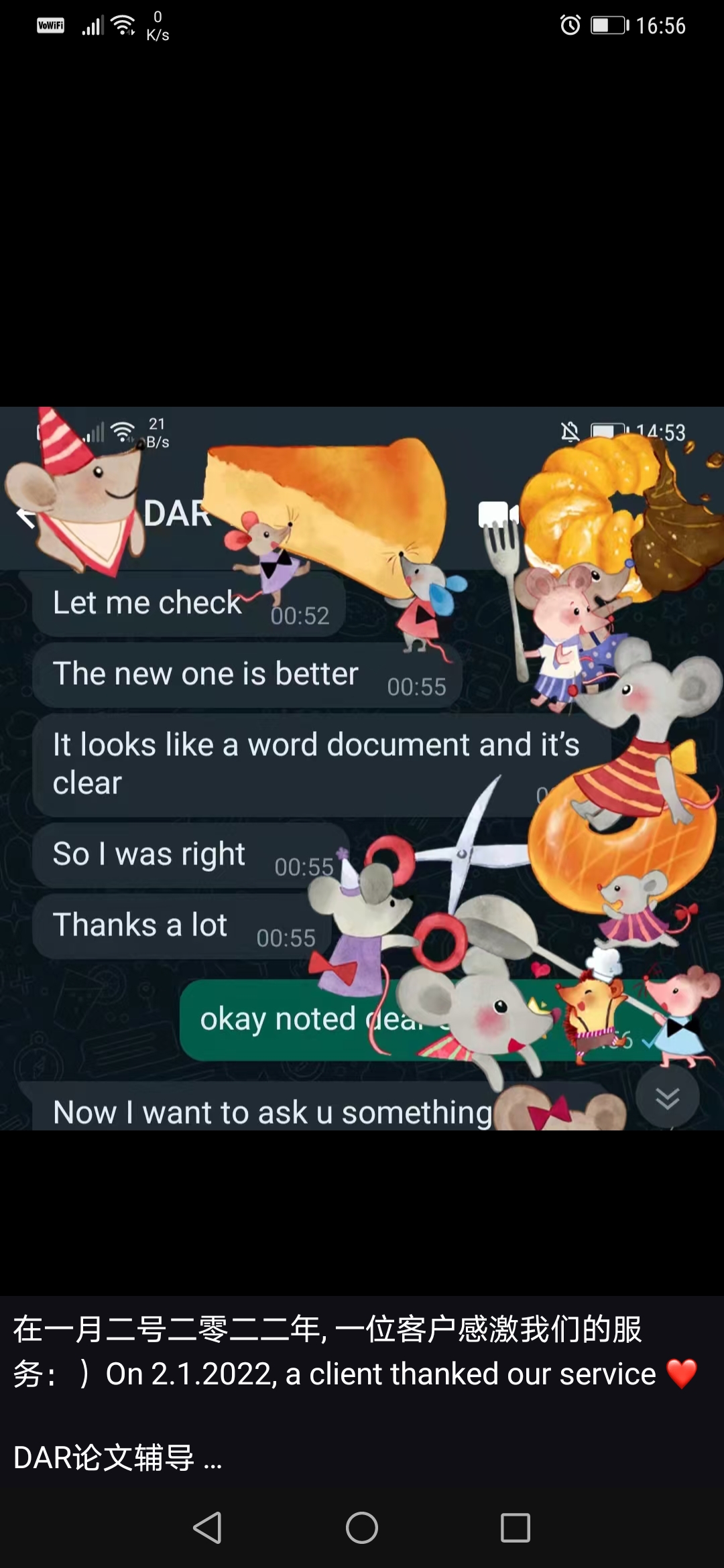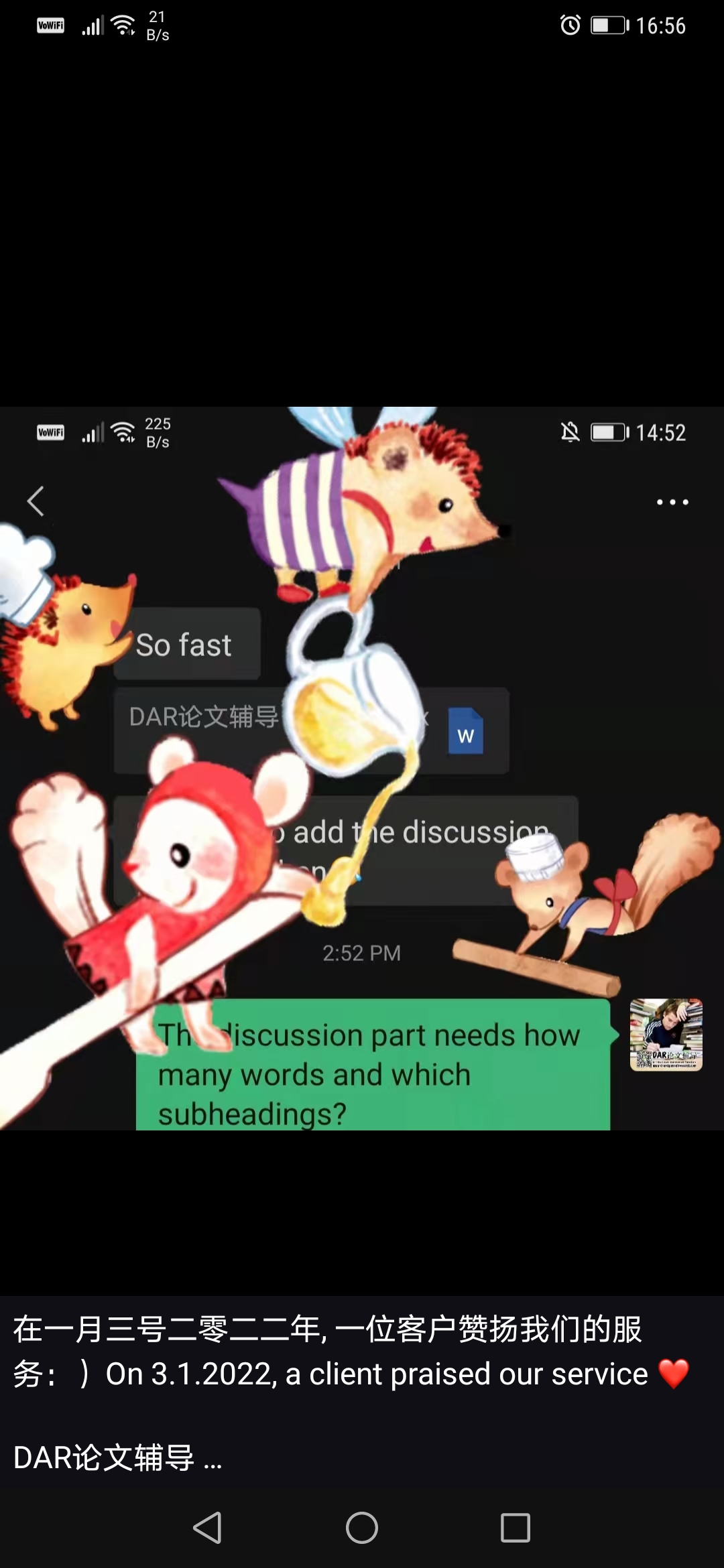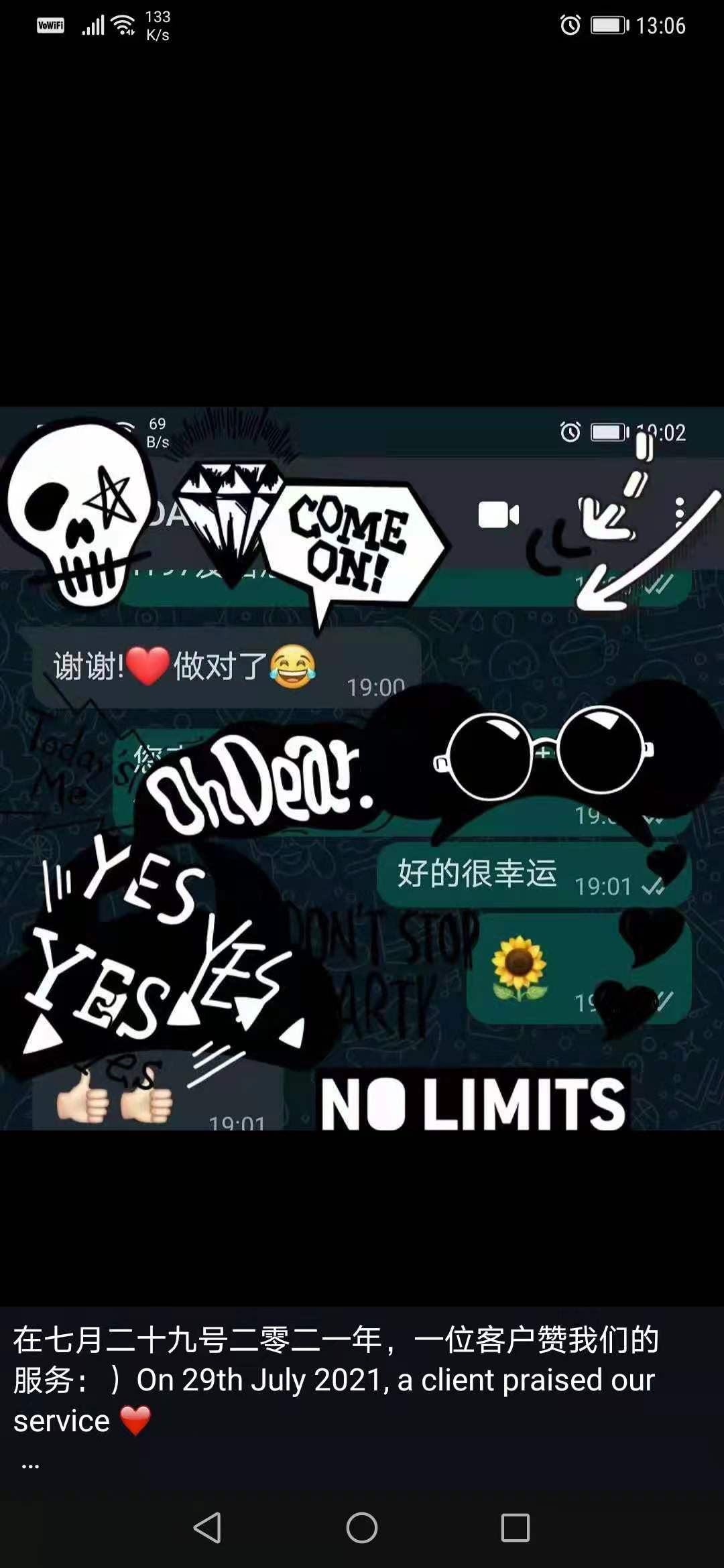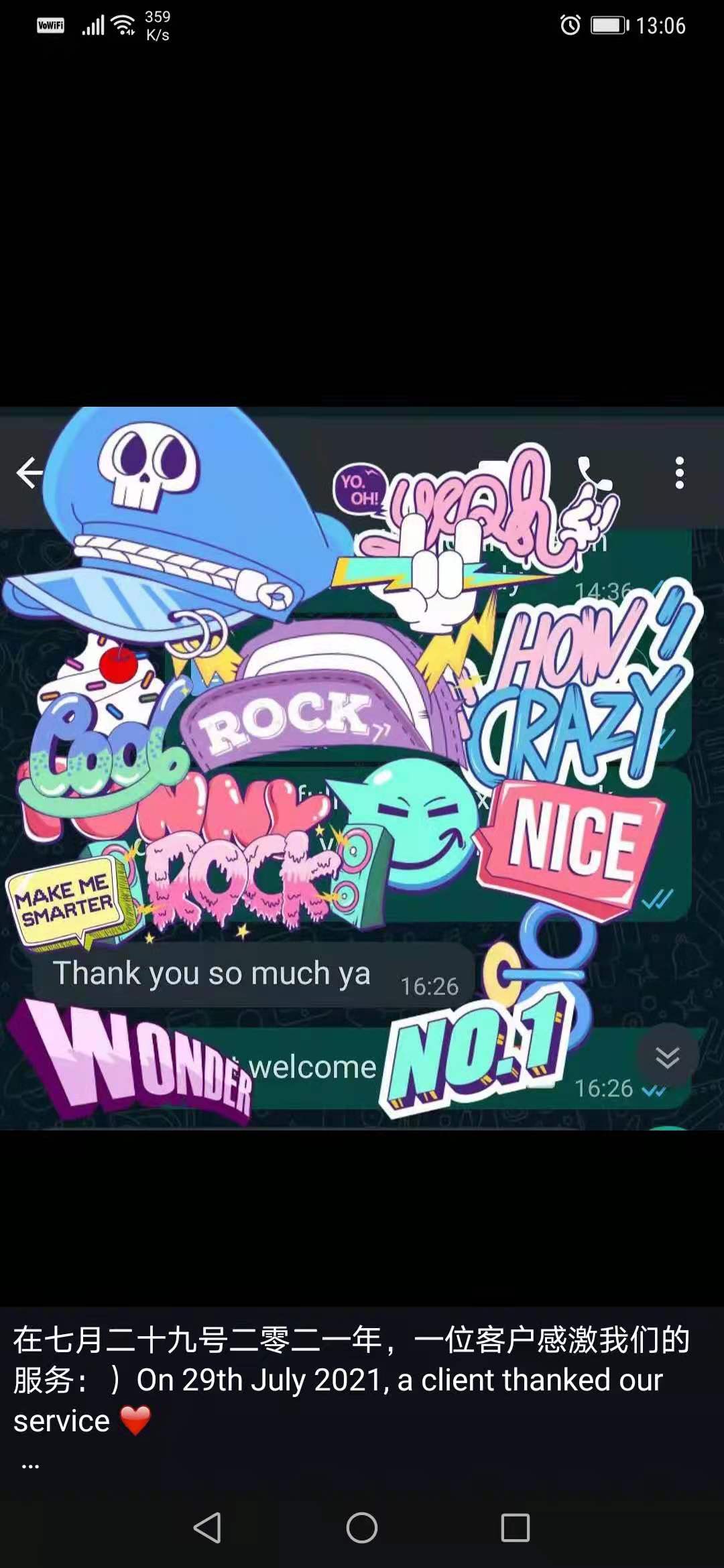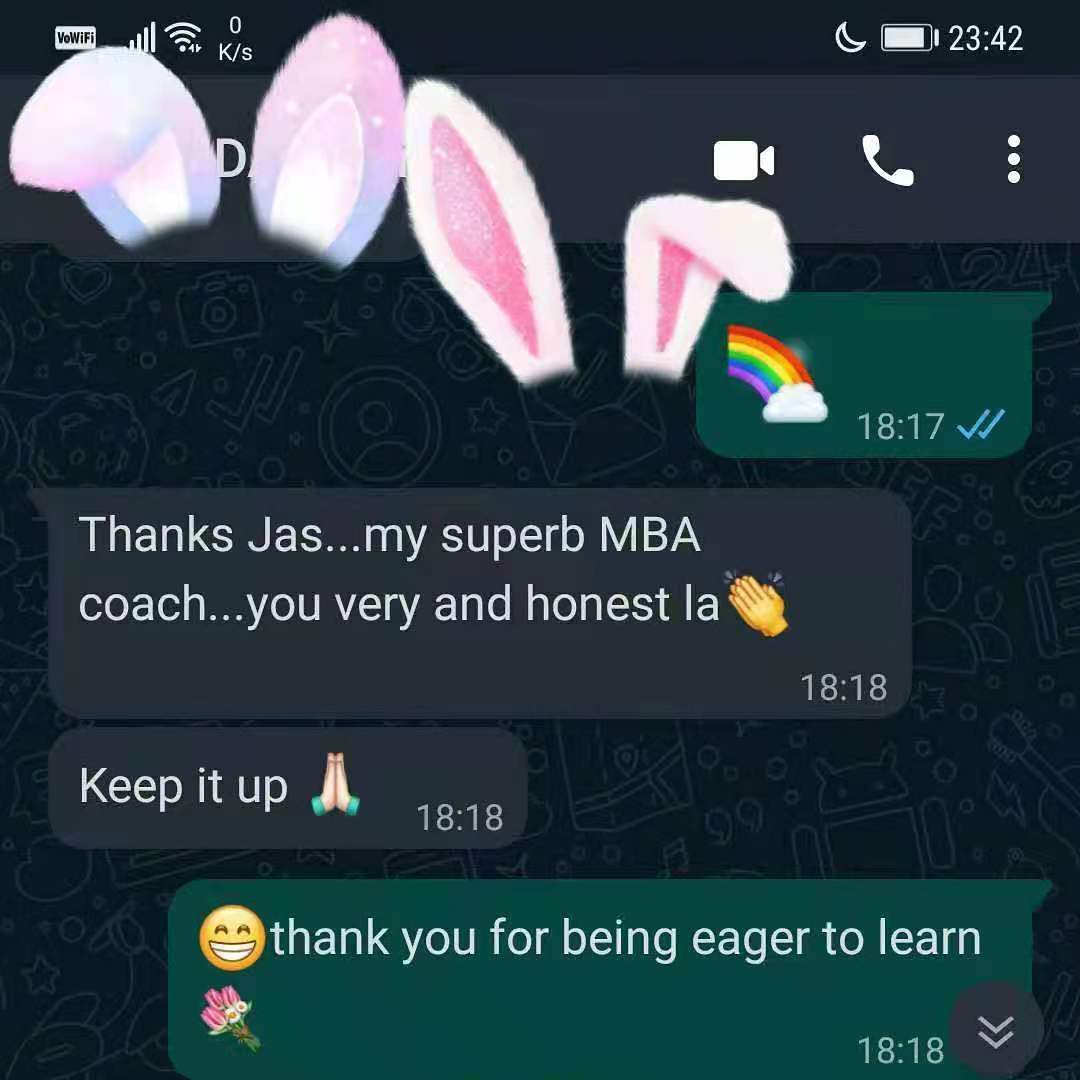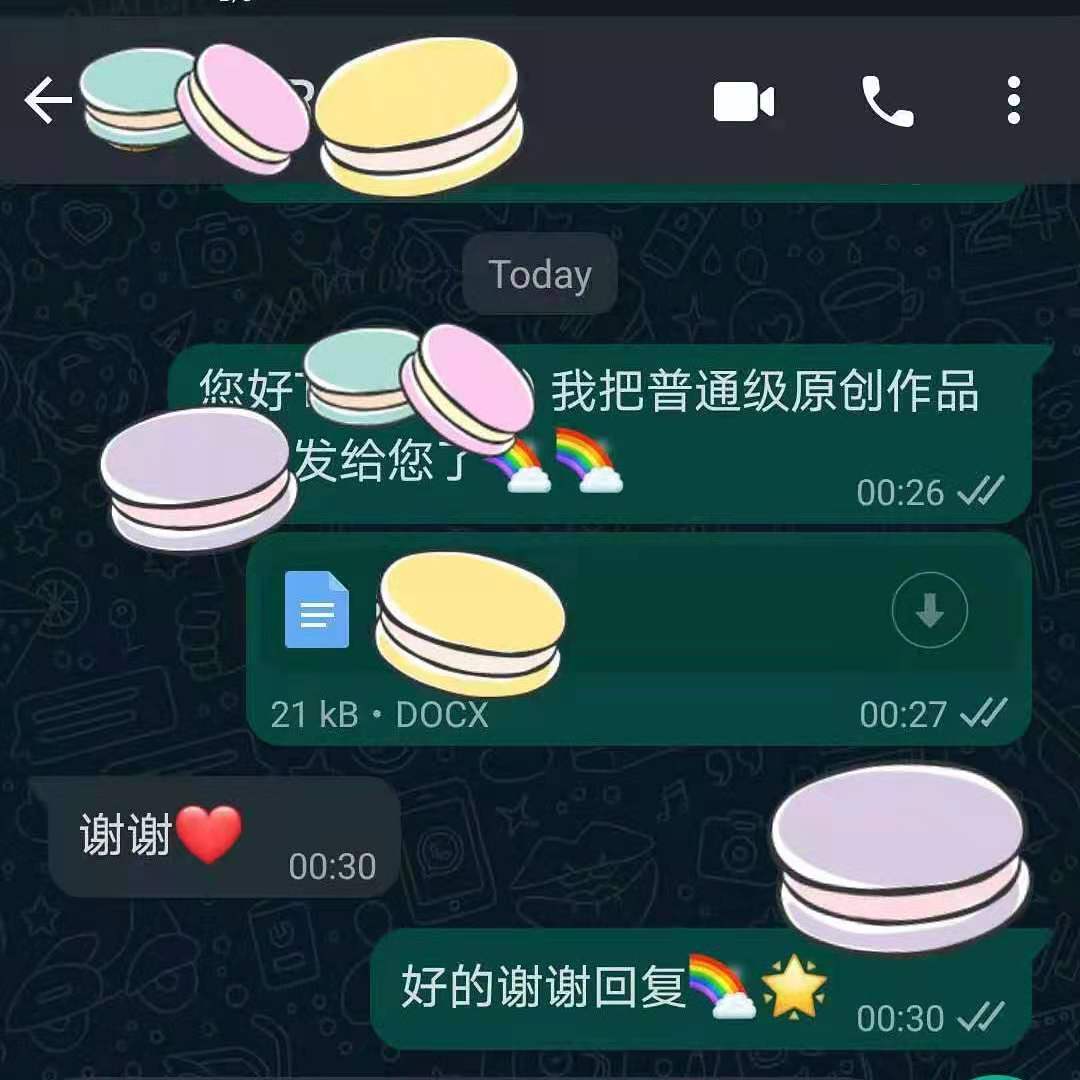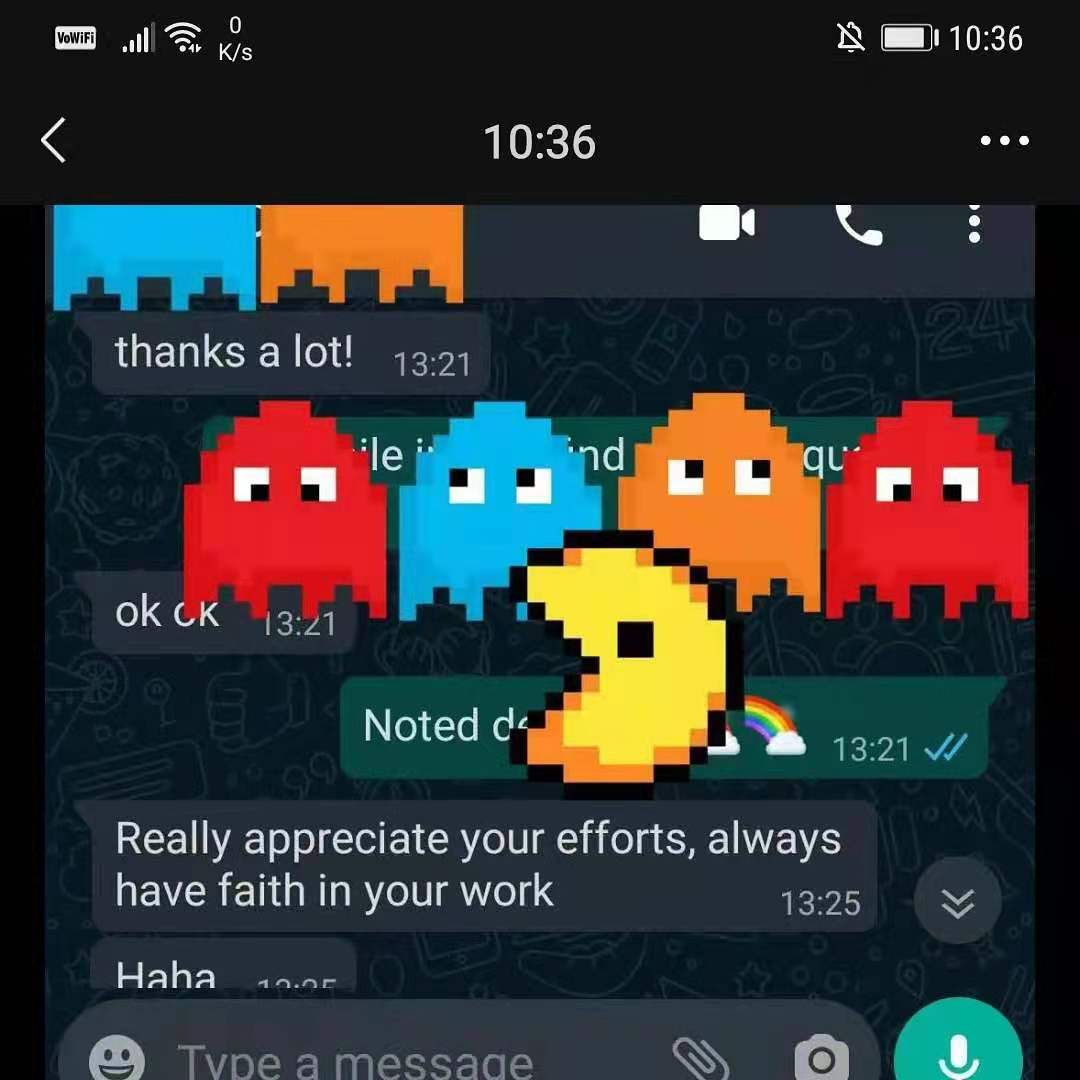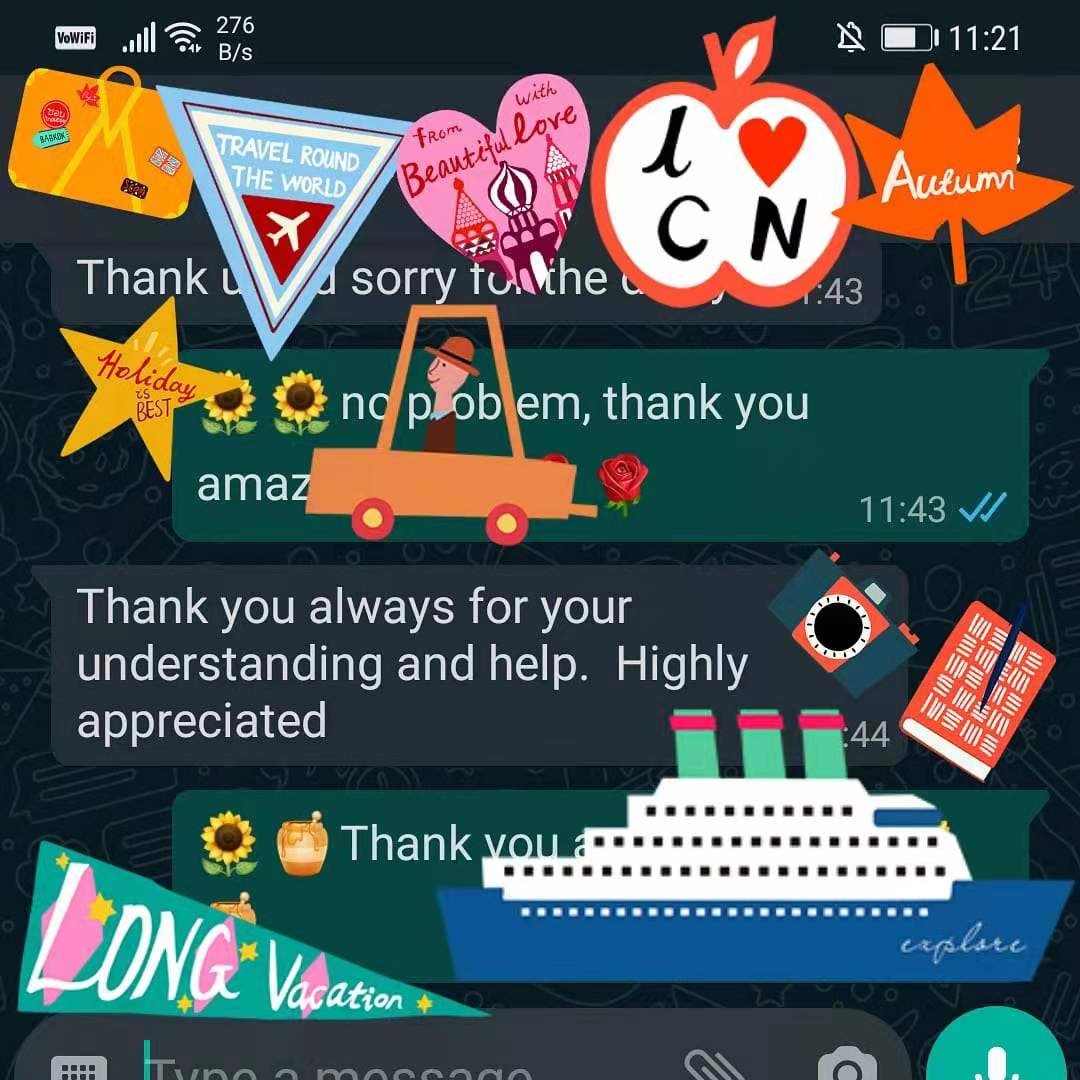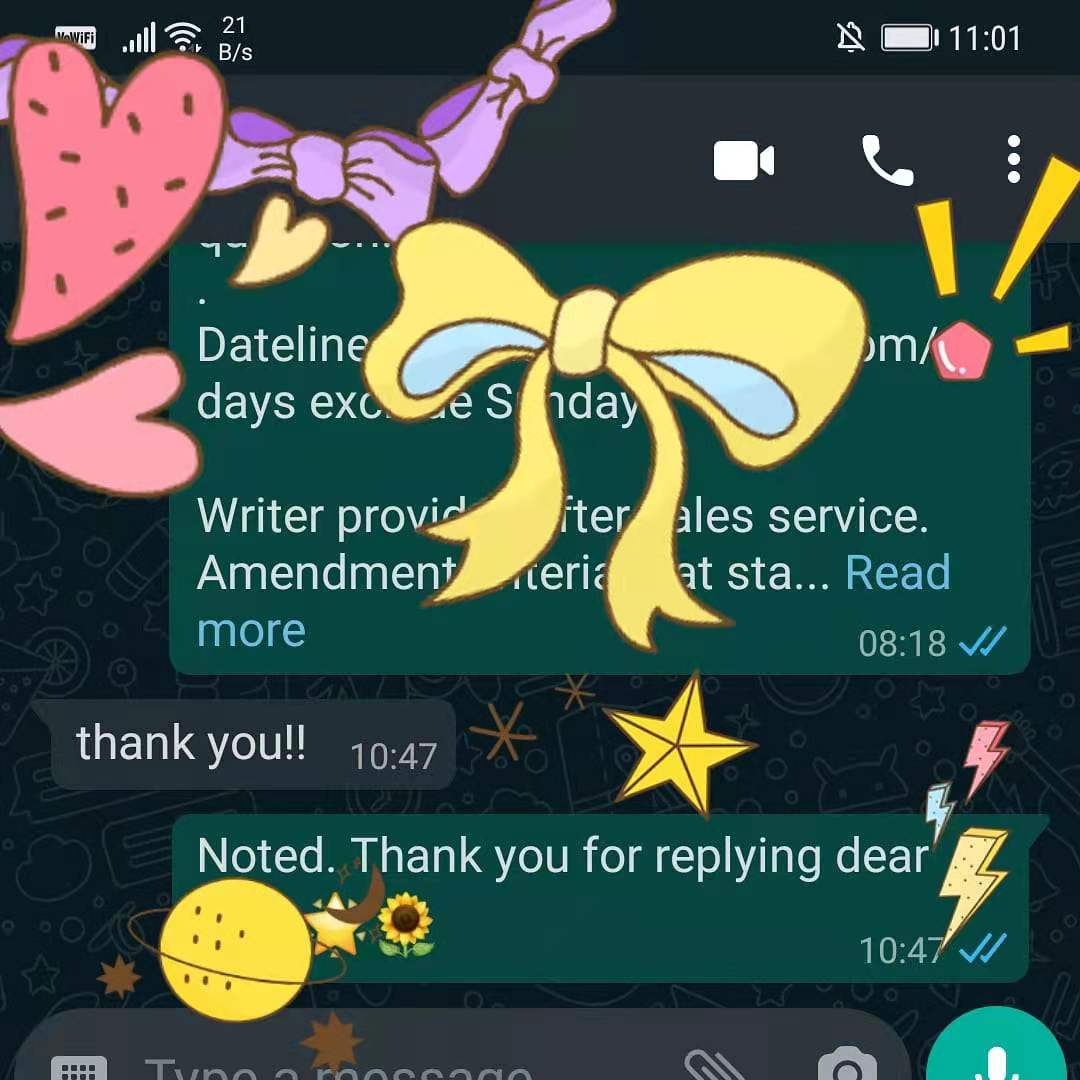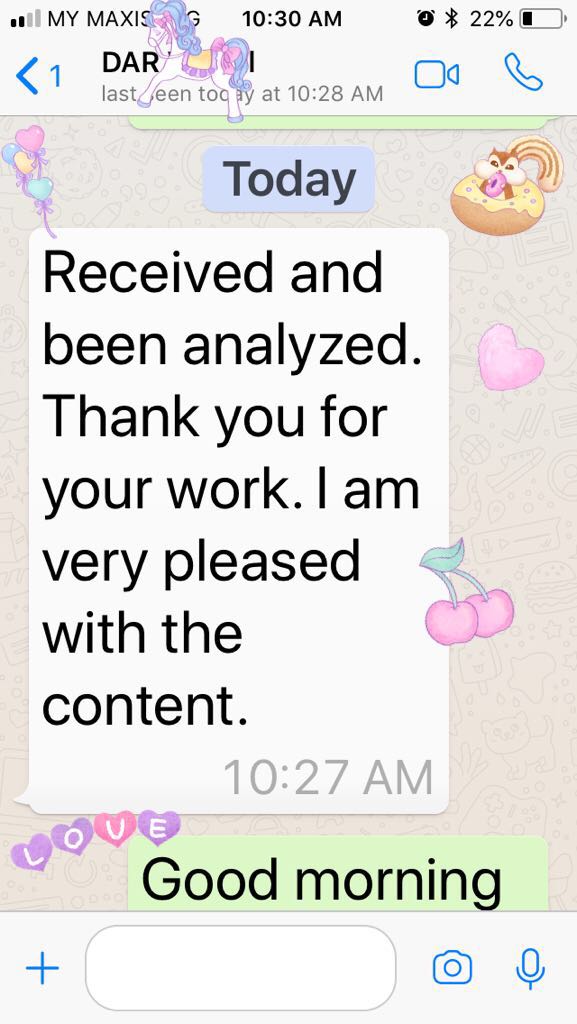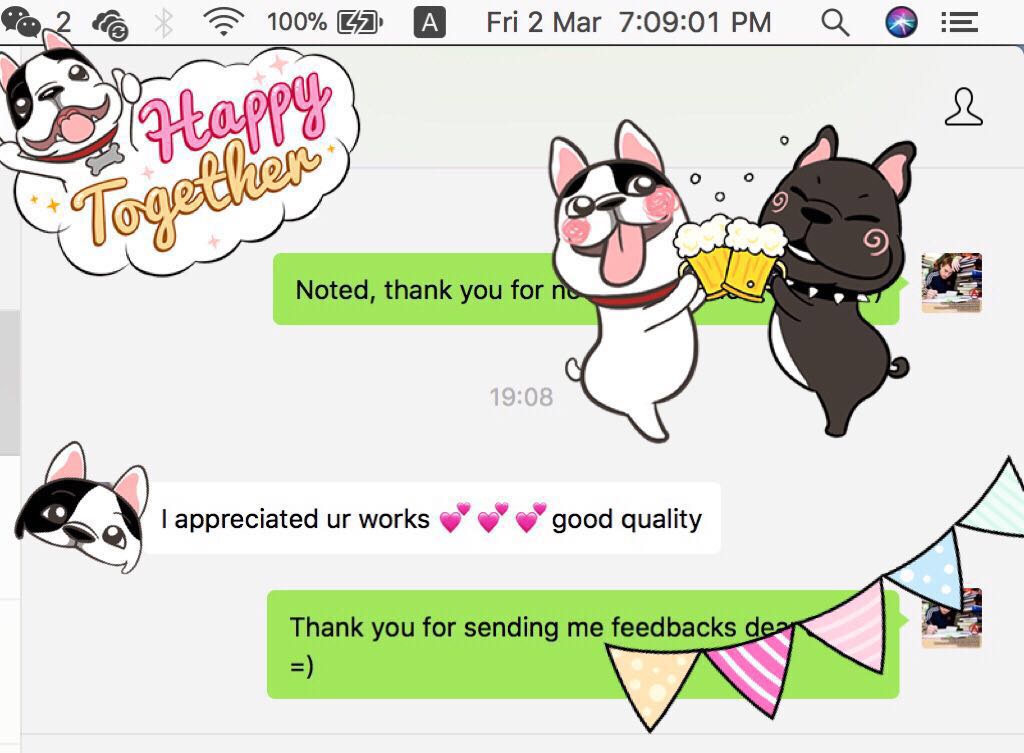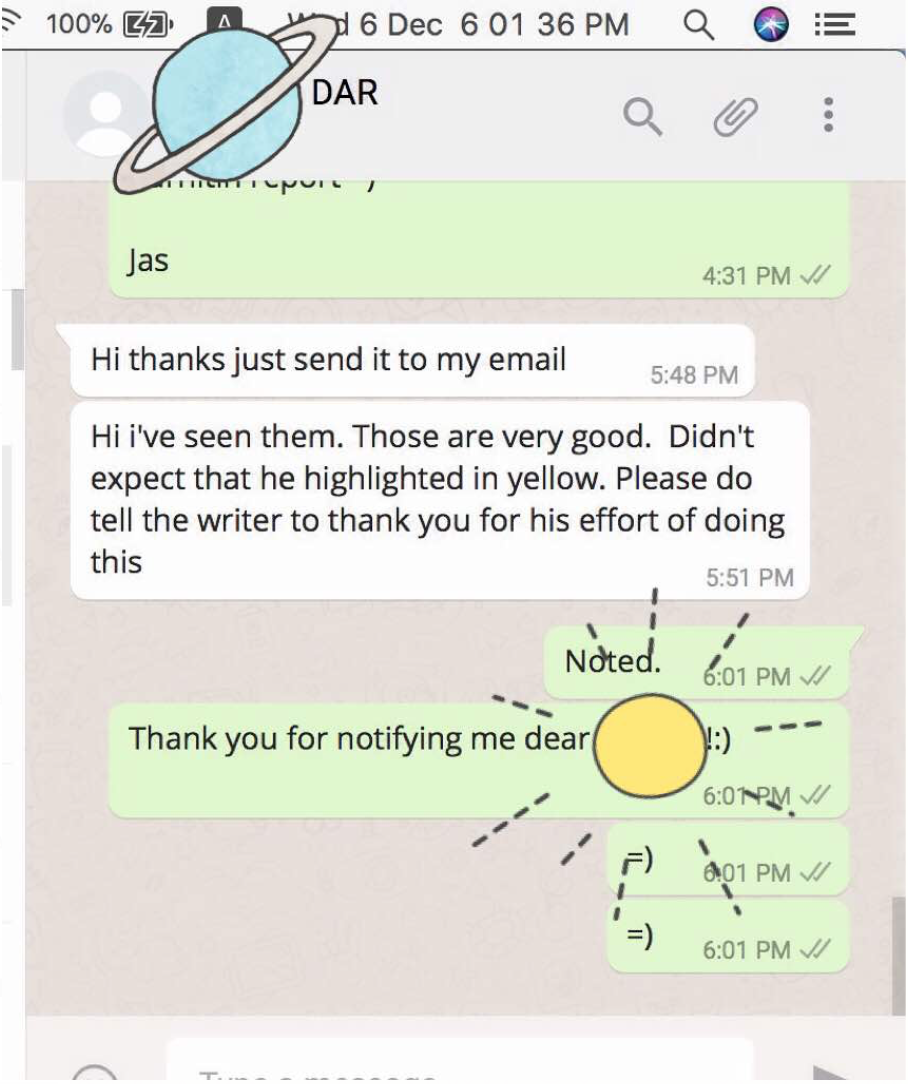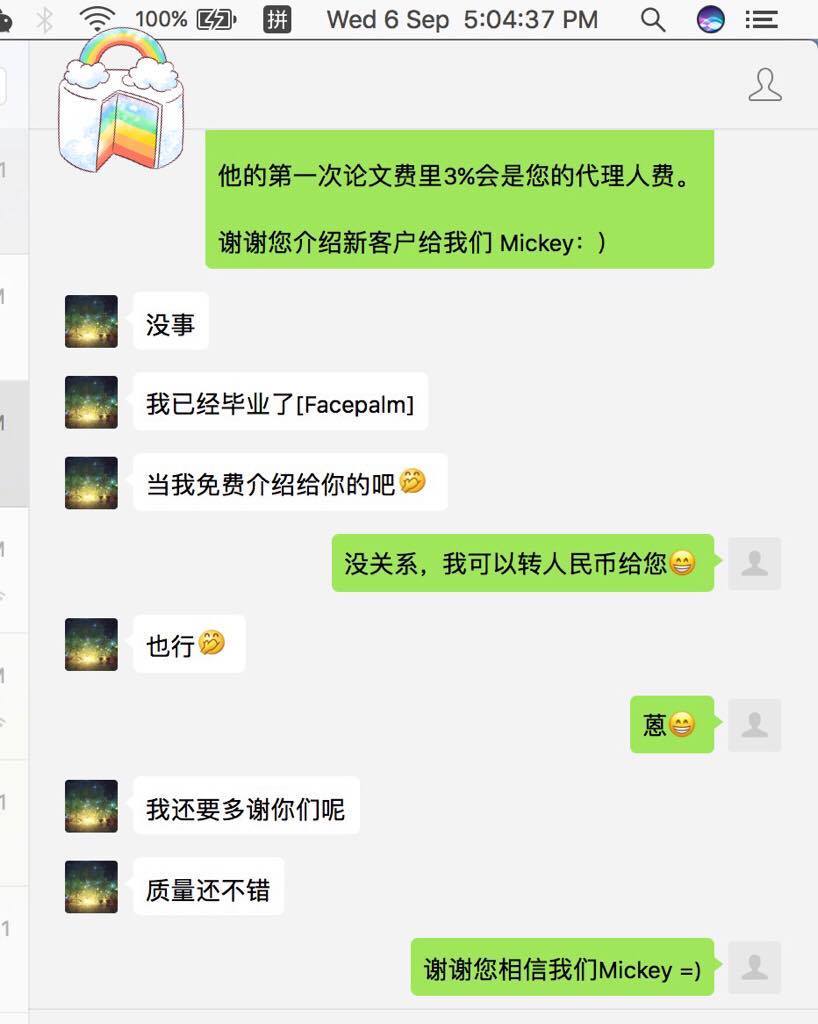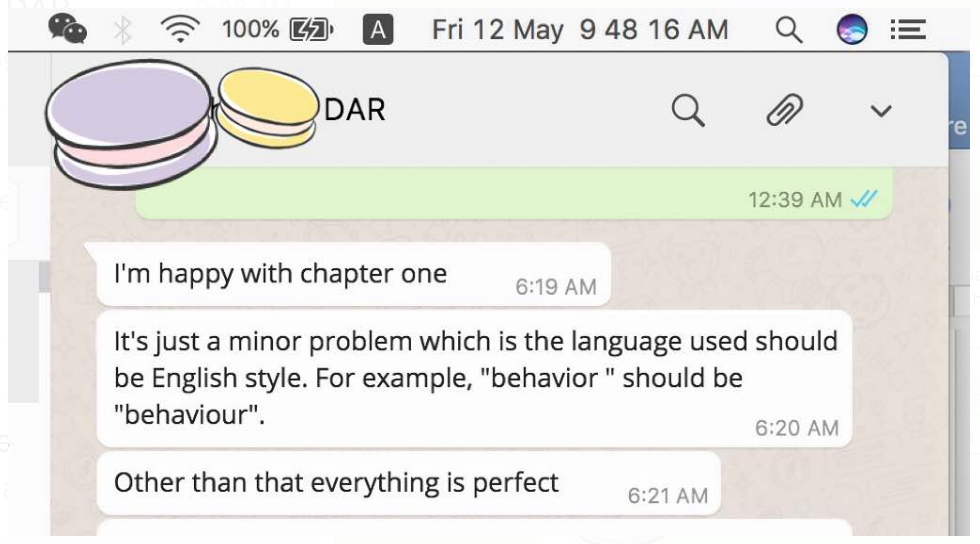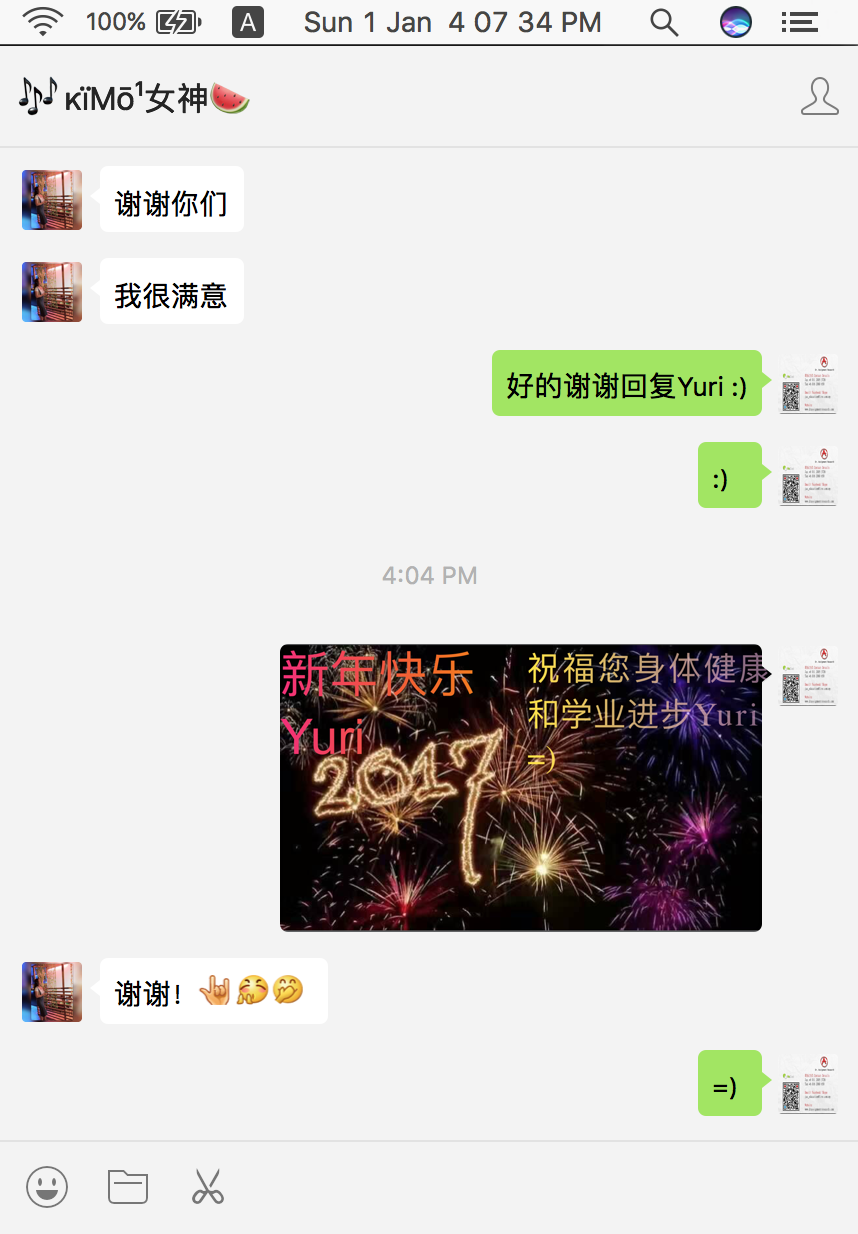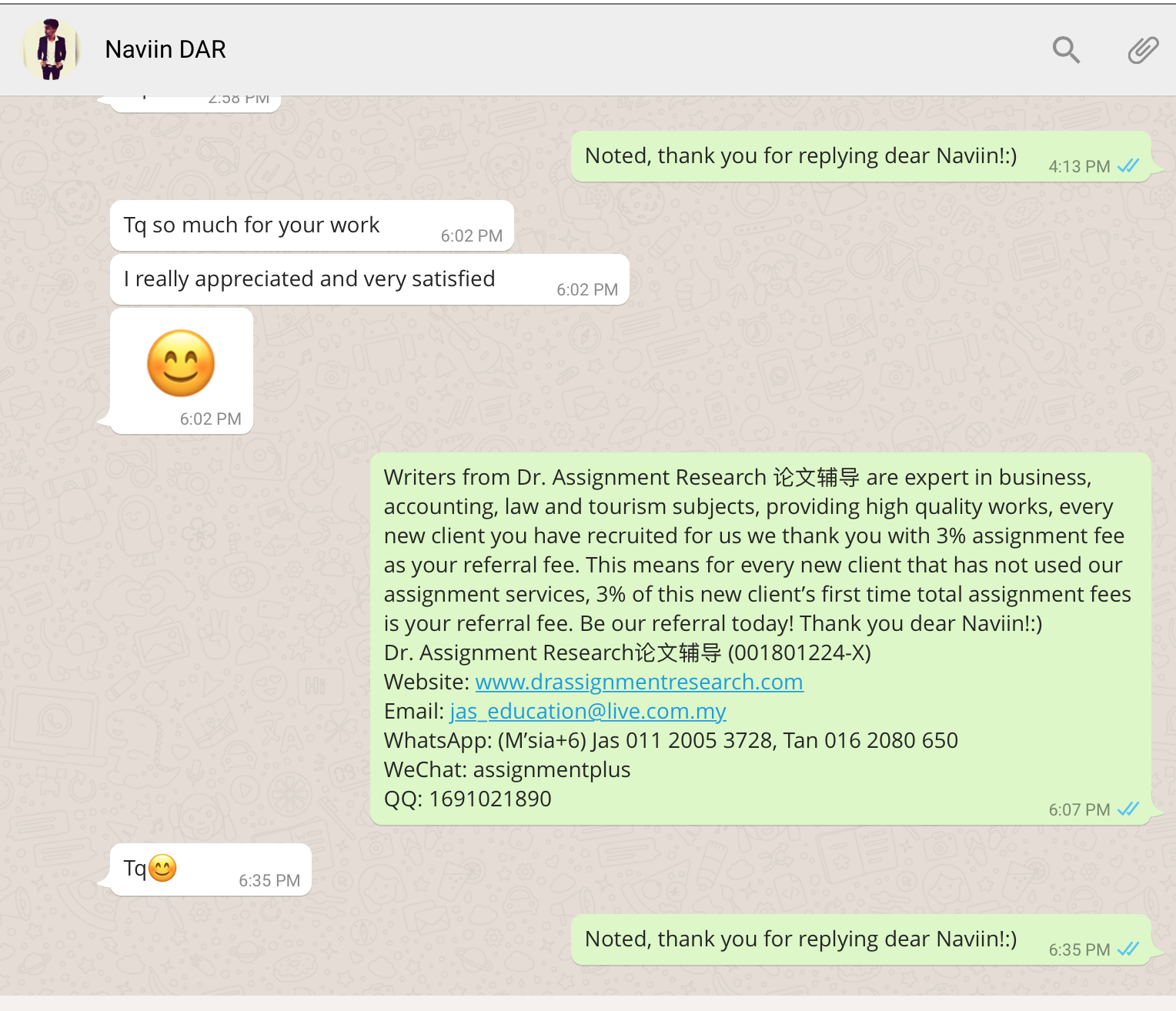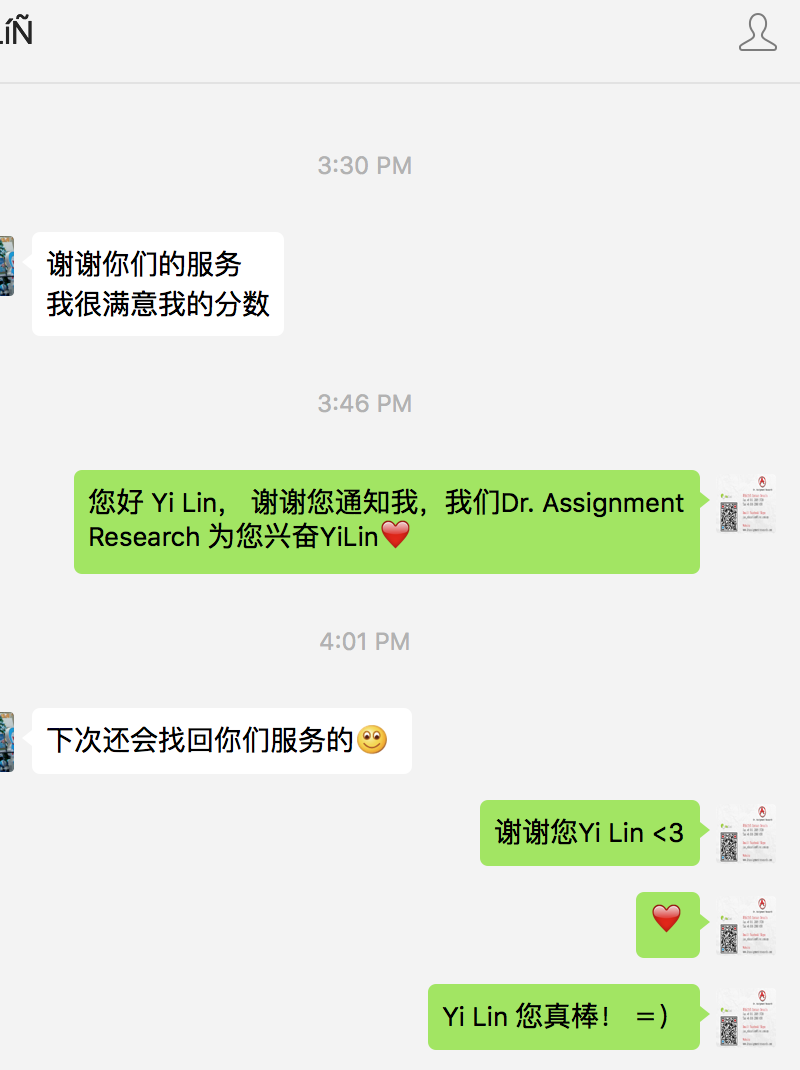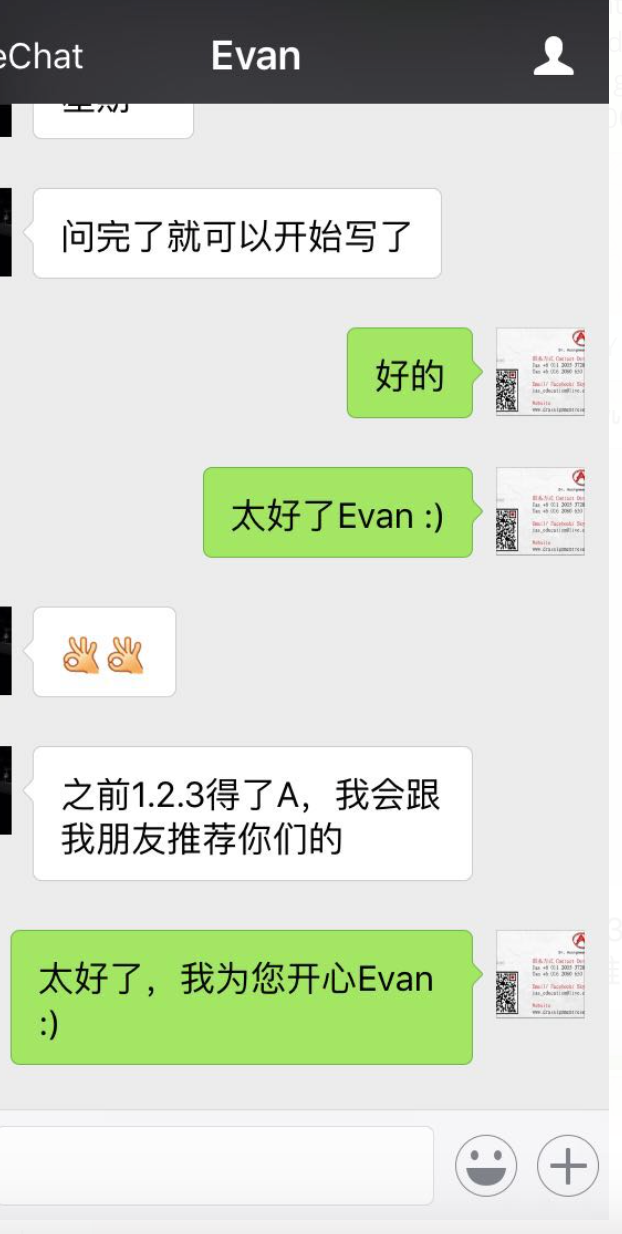
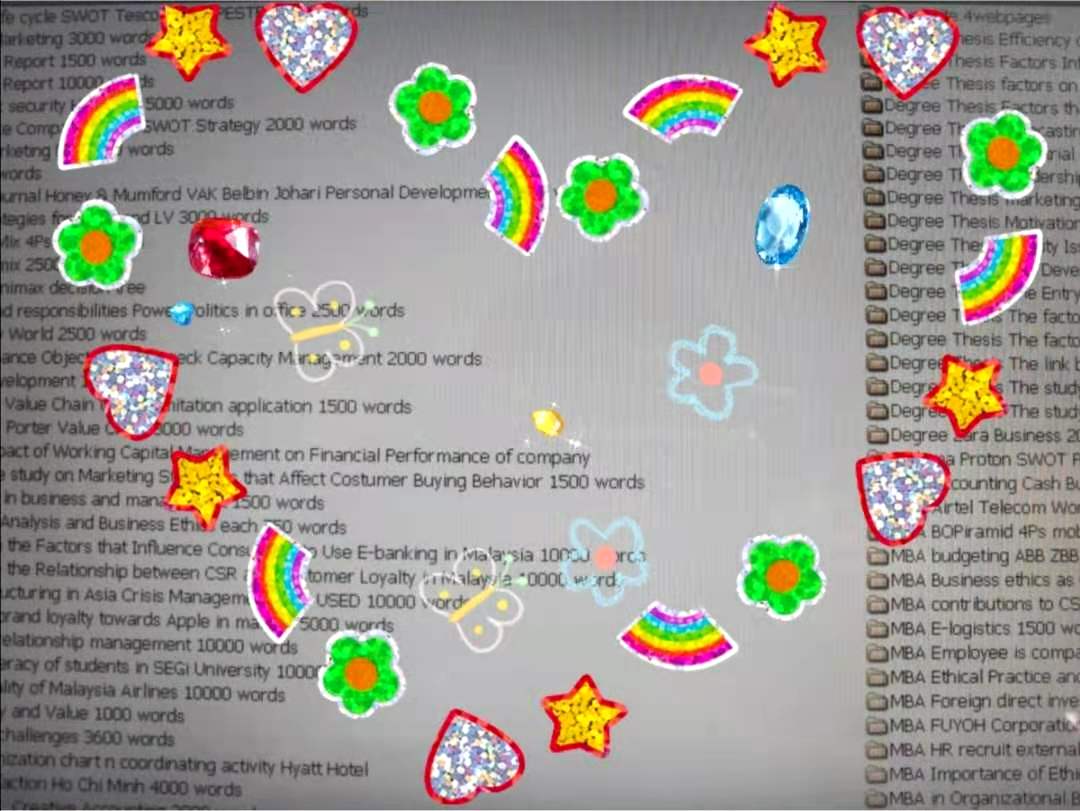
Sample assignment: Create research and development department to implement CSR program, to increase income for Masbest food industries Sdn Bhd
– Introduction
Given the social issues, for example, resource and energy issues coming about because of populace increments, just as environmental change and ecological issues, research and development can permit an organization to remain on top of things, expecting market demands and trends (Toshiba, 2019; Kenton, 2021). Research and development permits organizations to make products and services that are difficult for their rivals to imitate, hence gaining competitive advantage to increase income for the organizations (Kenton, 2021).
– Structure
Figure 1: Proposed structure of research and development department for Masbest food industries Sdn Bhd
A research and development structure can be categorized into the following: engineers from research and development department talk directly with customers to understand social and environmental challenges; followed by product and service planning in research and development department; then product and service planning where experts from research and development department join hands with CSR department, finance department, and marketing department to realize CSR program, and income increment for Masbest organization’s products and services. This structure is optimal for solving social and environmental challenges (Toshiba, 2019).
– Process
Process in research and development department includes making an interpretation of creative thoughts into fruitful business models quickly and present them as market-prepared arrangements (Valdez, et al., 2018). Process in research and development department includes creating CSR program to the realization of income increment for Masbest organization (F&N, 2019). An example of CSR program is reduce energy intensity, carbon, and pollution. In CSR program that reduce energy intensity, carbon, and pollution, Masbest organization will foster security and strength in the inventory of ordinary energy and further developed effectiveness in its utilization. Process in research and development division empowers Masbest organization to add to implementing a low-carbon society by conveying systems, and services for the generation, transmission, storage, and smart purchasing of Masbest products, increase in efficiency in value chain lead to increase income for Masbest organization (Nestle, 2020).
– Key management
Key management of research and development department is to increase income for the organization by increasing understandings on market trend and creating CSR program or working on existing CSR program (Volkswagen, 2020). The future development of the business depends in a huge part with the research and development division. The research and development department will have a scope of duties. Key management of research and development division of Masbest organization will focus on different departments, where research and development activities, finance activities, CSR activities, and marketing activities for explicit CSR program are consolidated and closely coordinated. These divisions have duty towards execution of CSR program (Valdez, et al., 2018).
– Big idea/ finding
Research and development endeavours can increase income for the organization, further making an edge in outperforming competitors (Kenton, 2021). Research and development a useful department acting as backbone of manufacturing organizations to adjust CSR program to increase income (Nestle, 2020). Research and development division is vital to carry out CSR program, to increase income of Masbest organization by further developing security, dependability, and productivity in its value chain (Valdez, et al., 2018). This addresses an extension of the wide product portfolio and fortifies the situation of Masbest organization as a pre-packed food supplier. With formation of research and development division to execute CSR program, Masbest organization can guarantee products are safe, reliable, efficient and economical for mass market (Valdez, et al., 2018). Past discoveries upheld that organizations that spend more on R&D are probably going to encounter upgrades in form of clean technologies that reduce energy intensity, carbon, and pollution, which essentially help execution of CSR program to increase income for Masbest organization (Prasad, et al., 2019). Firms that put resources into research and development to connect with CSR can increase their financial performance, this is on the grounds that CSR can diminish risk exposure at cost of research and development, coming about increasing income of firms in long haul (Lin, 2017). Masbest organization can learn from Fraser and Neave Holdings Bhd (F&N), where its research and development department join hands with different departments to assemble an expert assistance support group to satisfy corporate social duty and give sustainable products and services to their clients (F&N, 2019).
Past findings supported that Masbest organization needs to shape research and development division to make newer products and services, additionally further develops product and service configuration to be more environmentally compliant, whereby the security and climate part of new product and service configuration fits in well with CSR prerequisites, such efficient initiatives allow Masbest organization to increase their income in long term (Nestle, 2020). Masbest organization needs to form research and development division to guarantee that safety and environmental compliance shapes a huge part of CSR as well as increase income for the organization. Masbest organization needs to form research and development division to assist the marketplace aspect of CSR by guaranteeing that their products and services meet high quality controls, which in return to increase income for Masbest organization in long run (F&N, 2019). It is by guaranteeing more secure products and services, that organizations can likewise increase their customer base (F&N, 2019). Masbest organization needs to form research and development division to nurture internal stakeholders’ initiatives in implementing CSR program, for example to reduce energy intensity, carbon, and pollution, with aim to increase income for Masbest organization in long run (Nestle, 2020). Masbest organization needs to rely upon both public interest and structure of markets to invest in their research and development department (F&N, 2019). Masbest organization needs to form research and development division according to CSR commitment to meet firm strategy and market expectation (Lin, 2017). Masbest organization needs to make research and development division a center department to have a constructive outcome on the planet and to increase income for Masbest organization (Nestle, 2020). Masbest organization needs to employ more than individuals to work in research and development department in an assortment of job roles to foster CSR program, and to increase income for Masbest organization (F&N, 2019). Research and development division of Masbest organization should be set up with researchers, thought-leaders, specialists and industry analysts to give Masbest organization the information and suggestions to build competitive advantage in manufacturing industry (Nestle, 2020). Research and development division of Masbest organization needs to hire technology-savvy specialists for equipment, programming, and testing, who are occupied with the research and development in the aspects of new food ingredients, and new energy to increase income (F&N, 2019). Masbest organization needs to learn from organizations who have effectively set up research and development department, to additional propelling its change to a computerized versatility group in manufacturing industry and needs to invest in research and development for digitalization in years ahead to implement CSR program, and to increase income for Masbest organization (Nestle, 2020). Masbest organization needs to give close consideration during the new-product development stage to the social duty of the necessary food ingredients, and the evasion of energy intensity, carbon, and pollution (Nestle, 2020).
References
Toshiba. (2021). Research & Development and Intellectual Property. https://www.toshiba.co.jp/sustainability/en/performance/governance/innovation.htm
F&N. (2019). Sustainability report. https://www.fn.com.my/investors/ar2019/ebook/sr/
Kenton, W. (2021). Research and Development (R&D). https://www.investopedia.com/terms/r/randd.asp
Lin, Y. C. (2017). Does R&D investment under corporate social responsibility increase firm performance?. Investment Management and Financial Innovations, 14(1-1), 217-226.
Nestle. (2020). Creating Shared Value and Sustainability Report 2020. https://www.nestle.com/sites/default/files/2021-03/creating-shared-value-report-2020-en.pdf
Prasad, M., Mishra, T., & Bapat, V. (2019). Corporate social responsibility and environmental sustainability: Evidence from India using energy intensity as an indicator of environmental sustainability. IIMB Management Review, 31(4), 374–384
Valdez, J. L., Gallardo, V. D., & Ramos, E. E. (2018). CSR and the Supply Chain: Effects on the Results of SMEs. Sustainability (Basel, Switzerland), 10(2356), 1-27.
Volkswagen. (2020). Sustainability report 2020. https://www.volkswagenag.com/presence/nachhaltigkeit/documents/sustainability-report/2020/Nonfinancial_Report_2020_e.pdf
Sample assignment: Plan how to incorporate information technology into the new management information system for Top Glove Corporation Malaysia.
Executive summary
The purpose of this analysis was to develop an electronic system to replace the TG Corporation existing manual systems. From the analysis, massive operational inefficiencies, stern competitions, poor data security and lack of flexibility are the problems associated with the manual system. Thus, to overcome these problems, ERP systems was recommended. The ERP systems will be developed using the agile methodology. Through the cloud computing, the HRMS, CRMS, and the SCMS will be integrated into the system in order to allow a centralized point of access. The IT infrastructure required to set up this system includes a server, power, and computers.
1.0 Overview of the organization
Top Glove Corporation Bhd (TG) is an organization that is primarily based in Malaysia. It was established in 1991 by Tan Sri Dr. Lim Wee Chai. It deals in the rubber industry. It is a global rubber glove manufacturing company. Moreover, it also offers management services and momentously engages in investment holding. It operates its major functions in five major segments in The British Virgin Islands, The People’s Republic of China, Thailand, and Malaysia among others. The company provides its products to about 195 countries worldwide (Top Glove Corporation Bhd, 2016). The company has 33 factories, 550 production lines and 2,000 customers across the globe (Top Glove, 2017).
The TG corporate vision is “We strive to be the world’s leading manufacturer of excellent quality glove products and services that enrich and protect human lives.”, while the TG corporate mission is “To be a world class glove manufacturer providing top quality products with excellent services through continuous improvement and innovation” (Top Glove Corporation Bhd, 2016). The TG corporate values include Integrity and total commitment; Social responsibilities and environmental friendly; Global customer satisfaction; Excellence in quality and competitiveness; and Do it right first time and every time (Top Glove Corporation Bhd, 2016).
TG provides products in three types of materials which include the vinyl, nitrile, and latex. The company produces diversified products across various industries such as the semiconductor, laboratory medical or healthcare, homecare, food, beauty, automotive, aerospace and others/general. The products of the company include (Top Glove Corporation Bhd, 2016):
- a) Latex products, the latex powder-free gloves and latex powdered gloves (which formed 58% of the company sales in the year ended 2016).
- b) Nitrile products, thermoplastic elastomer gloves nitrile surgical gloves, nitrile gloves and powder-free /soft nitrile powdered gloves (32% of 2016 annual sales).
- c) Vinyl products, which are stretchy vinyl powder-free gloves (7% of 2016 annual sales).
Surgical gloves; thermoformed film packaged surgical-gloves and double gloves surgical gloves (2% of 2016 annual sales).
- d) Others include industrial/long length high-risk gloves, cleaning gloves and the household gloves among others (1% of 2016 annual sales).
2.0 Business processes
The major business processes of TG include the following:
- a) Finance process is headed by a Senior General Manager by the name Jeremy Liew Say Keong. Major activities of this process include financial forecasting and budgets, receipts and payments of cash, monitoring and advising on company financial matters and the preparation annual reports including quarterly reports among other financial related reports.
- b) Marketing process of TG Corporation is ended by two Senior General Managers who include Noraziah Mahmud and Aaron Lam Yat Hing. This business process is responsible sales, customer services and marketing of the company products across the globe.
- c) Advisor, Govt. Affairs, Projects & Security process undertakes a wide range of activities which includes the provision of professional consultations to the company such as legal and accounting matters, and various dealings with governments. It also performs the overall company projects management and execution as well as in the provision of security issues including safety and health matters. It is headed by Dato’ IR Haji Ahmad B. Hassan.
- d) Manufacturing process is headed by 5 qualified and experienced Senior General Managers who include Hue Kon Fah, Wong Chong Ban, Lew Sin Chiang, Chookiad Usaha and Ravi A/L Supramaniam. This is the core business process of the company and the reason behind its success across the world. The company employs modern and advanced machinery to facilitate its production activities. The process of latex glove manufacturing begins by “former cleaning, coagulant dipping, dry, latex dipping, leaching, beading vulcanizing, post-leaching, slurry dipping, stripping, stumbling and finally quality control”.
3.0 Current system problems
TG Corporation currently uses a traditional manual system to operate its diversified and highly specialized business processes. Some of the major problems that TG Corporation is experiencing due to this manual system include:
- a) Massive operational inefficiencies, these have led to increasing productions costs in the company that has led to a reduction in profits. They are mainly caused by poor inventory management systems, inadequate communication systems which usually slows the production process and lack of proper analytical tools for matching the corporation market demands with its production levels.
- b) Extreme competitions from competitors, a majority of the company competitors have harnessed technology benefits over time. Their efficiency in terms of operations and in decision-making has led to strong competition which as a result has faded the brand of TG Corporation declining the sales revenues of the company in relativism.
- c) Poor security of data, since TG Corporation is using a manual system, the company data security has been threatening as there are no backup systems and in case of any peril, then the data of the company may be lost putting the company in major legal crisis.
- d) Lack of flexibility of operation, the administration costs of the company increase with increase in the volume of outputs due to additional clerical and paperwork that is needed.
Thus, due to these problems, TG Company management needs to develop an Electronic Resource Planning (ERP) system in order to harvest additional advanced technology benefits while at the same time eliminate major operational challenges that the corporation is facing currently.
4.0 Types of information system to be implemented
Based on the problems stated above, TG management has made a request that the corporation operation is computerized. That is, the company demands an Electronic Resource Planning (ERP) system that will harness technology and propel the company towards its strategic direction. With the ERP, the company will be able to notch up its cost leadership strategy (Abdelrazek, 2015 July). As a result, TG will be able to attain a competitive edge in the industry in addition to promoting its operational excellence and customer intimacy.
In order to ensure that the system is properly developed in the best way possible; the following systems requirements must be met. The requirements are divided into two major categories which include functional requirements and non-functional requirements. The functional requirements refer to technical specifications of the system that documents the activities and operations that the ERP system ought to perform successfully (Hassine, 2015). On the other hand, non-functional requirements are those which define the qualitative characteristics of the systems and act as criteria to select among alternatives the design and implementation procedures of a system (Chung, Nixon, Yu, and Mylopoulos, 2012). These two categories are elaborated in details in the following sub-sub-topics.
Researcher propose the following functional requirements to be implemented during the development of the TG ERP system. They include:
- a) Registration, this will enable TG workforces and online clients to be able to register and provide details information about themselves such as the postal address, phone numbers, emails among others. This will ensure that only those authenticated personnel in the company access the company resources and successfully transact via the system (Fenn, et al., 2016b). Thus, this will act as a security measure and means to undertake audit trail in case of frauds or manipulations of data by specific individuals within and without the firm.
- b) Authorization, this will demarcate the boundaries to which registered personnel will be able to access the specific areas of the corporate databases. Thus, this will maintain secrecy, integrity, and authenticity of data (Hassine, 2015b). For example, passwords and unique usernames can warrant safety and reliability of stored data.
- c) Interface requirements, the ERP system must be able to accept data entry via the computer keyboards, barcode reader and QR code reader as well. In addition, it should be able to print on-screen data to the printer.
- d) Receipts and payments, this will track the corporation flow of cash and provide an audit trail for investigation and verifications of the corporate financial matters hence reducing cases of cash related frauds.
- e) Edit of transactions, the new system should give specifically authorized personnel room for correcting, adjusting and canceling particular errors that may be caused by human errors or system failures while at the same time maintaining the audit trail.
- f) Reporting, whereby financial reports, summarized and details reports for the various company transactions should be availed through the system to the management and top management. This will ensure that they make well-informed opinions, suggestions and decisions that will propel company performance and progress towards its strategic targets and direction (Mahmoud, and Williams, 2016). Example of these reports includes sales, purchases, service, procurement and support, supply chain, marketing and financial reports among others.
- g) Customer care dashboard, the new system should enable online market customers to recommendations from their comfort areas.
- h) Online products and services dashboard, ERP system should allow clients to purchase or order products for shipments and pay them via online platforms such as PayPal, Visa, and MasterCard among others.
Researcher propose that the new system warrant the following non-functional requirements:
- a) Scalability, ERP system should be flexible in terms of accommodating the increasing volume of transaction and data storage.
- b) Reliability, ERP system should be dependable and consistent in terms of output
- c) Security, ERP system databases should warrant the safety of data. For instance, cloud computing technology should be outsourced to guarantee this security in addition to internal security measures.
- d) Recoverability, Cloud storage and hard-disks should be incorporated into the system to ensure data recoverability in case of unexpected perils is assured.
- e) Maintainability, the cost of the ERP system in terms of the maintenance should not outweigh its benefits.
5.0 Politics, culture and environments effect on Top Glove Corporation Malaysia
TG Corporation is affected by politics through the various regulations that are set by both the local and international governments (Loh, 2014). These regulations include health and safety requirements and the minimum wage bill among others that the company must adhere to. Besides, across the globe, environmental issue has been highly being discussed and tough measures put in place to ensure companies protect the environment. For instance, Malaysia government imposed a compulsory recycling law to all manufacturing companies in the country. As a result of these influences, the company overall costs increase sinking its profitability in an attempt to maintain good relationships the various government ministries. Other laws include tax laws and reporting laws.
Generally, culture comprises of a set of assumptions that are used by the corporation to define their goals and products. It dictates three economic questions which include; “what product to produce? How and where it should be produced? And For whom it should be produced?” Some aspects of culture will come with a cost. The company is supposed to ensure that they meet safety and health measures in Malaysia, to guarantee this will mean additional costs to the company. Similarly, lack of workforce satisfaction and morale will have the effect of reducing their productivity. If this is continued over time, the workforce will continue performing poorer hence affecting the company performance targets.
A positive culture will harness the company to good performance especially when workforces are trained, motivated and encourage in a continuous process. A strong and accepted positive philosophy of a company will always promote and propel the company towards its strategic directions. In addition, if the workforces are always reminded and encouraged to practice the corporate values, vision and mission statements, the company will definitely perform well. Thus, corporate culture significantly affects company performance.
Worldwide organizations like TG are usually encouraged to promote good governance in the management, development, conservation, restoration, and protection of the environment for sustainability. This involves the equitable use of natural resources and upholding of principles of sustainable development, as companies depend mainly on the physical environment and social environment for their existence. Physical environment refers to the natural resources which are the sources of raw materials for companies. When these resources are mishandled or overexploited, the companies face challenges in obtaining raw materials, which definitely increases production costs. Social environment also affect business in terms of customer relationships and the wide public interests. If a company is not meetings the public interests and the customer expectations, chances are that company will not thrive for long.
6.0 Porters five forces model
Figure 1: Porters Five Forces Model
(CGMA, 2013)
The Porters five forces model in Figure 1 is usually used in the analysis of company competition within a given industry (Martin, 2017). Analyses of the competition in the rubber manufacturing industry in Malaysia reveal the following:
- a) High competitive rivalry, TG Corporation faces extreme competition from its main local competitors who include Hartalenga Holdings Berhad, Supermax Corporation Bhd and the Kossan Rubber Industries Bhd (Cision, 2014). To overcome these risks, TG Corporation has diversified its products and not only operates in Malaysia but also across the globe.
- b) Low bargaining power of suppliers, in order to mitigate these risks, TG Corporation embraces vertical integration with a recent acquisition of its packaging material supplier (Mahpar, 2017). Other products are outsourced from diversified suppliers.
- c) Low bargaining power of customers, which due to the diversifications of the customers in terms of the countries which the company serves (Puspadevi, 2017).
- d) Medium threat of new entrants: the manufacturing of glove products and the various products produced by TG Corporation require relatively large capital especially in creating the products, advertising and branding, and this reduces the risks of new entrants (Tai, 2017).
- e) Medium threat of substitute products, as there are substitute products for the products that are produced by TG Corporation. However, these risks are reduced through products differentiation and competitive prices of the corporation.
7.0 Components of supply chain management (SCM)
Supply chain management (SCM) refers to a network of processes and companies involved in the procurement of raw materials, the transformation of these materials into ultimate products and the delivery of the products to the consumers (Misra, et al., 2010). From the point of view of the manufacturer, this process has both an upstream and a downstream. The upstream supply chain process involves the distribution of the ultimate products to the client through the various channels such as direct method or via intermediaries (Christopher, 2016).
On the other hand, the downstream supply chain is the process of procuring materials until they finally arrive at the company reader for processing. In order to enhance the supply chain of TG Corporation, researcher recommend an Internet-Driven Supply Chain (IDSC). This system should be integrated into the ERP system via cloud-computing technology. The following are the business values that the IDSC system if integrated with the ERP systems will add to TG Corporation (Lurz, 2001):
- Enhancement of profits through reduced supply costs
- Improve effectiveness and utilization of the company assets
- Enhance delivery of service
- Optimize inventory levels
- Enhance sales revenues
8.0 Components of customer relationship management (CRM)
Customer relationship management (CRM) system is used by organizations to analyze their clients from a multifaceted perspective (Malthouse, et al., 2013). The three crucial components of operational CRM include the marketing, customer services and sales, which collect and store data in a warehouse for analysis. In order for TG Corporation to be able to harness the vital benefits of CRM, researcher recommend a Cloud based-CRM system. This system should then be integrated together with the ERP system in order to enhance its functionality and performances hence improve the corporate decision-making content.
More specific, the integration of these two systems will ensure that diverse marketing campaigns are evaluated and managed from a central point using channels such as wireless messages, the web, telephone, and emails. In addition to the operation CRM, analytical CRM will ensure that senior managements are provided with rich content and precise data about customers hence revealing the challenges and opportunities that the company is facing (Sen, and Sinha, 2011). The challenges should be discouraged and opportunities utilized effectively in order to push the company performance forward.
9.0 Components of human resource management (HRM)
Human resource management system (HRMS) enumerates the processes and systems that are at the intersection between the information technology and the human resource management (Kaur and Fink, 2017). It helps in enhancing human resource department efficiency through the standardization of human resource processes (Sparrow, et al., 2016). It also minimizes workload within the department. The key modules of HRMS include; Reports, employee self-service, training, recruiting, HR MIS, benefits administration, times & attendance, payroll and organization (Dusmanescu, and Bradić-Martinović, 2011). This system should also be integrated with the ERP system of TG Corporation in order to enhance its performance and ensure that major reports and services can be accessed from a centralized point.
10.0 Security and privacy issues
Data security and privacy generally refer to issues to do with data integrity, availability, and confidentiality (Goode, et al., 2017). In order to guarantee security and privacy of data stored in the Cloud, appropriate and suitable security measures must effectively be deployed (Chen, and Zhao, 2012). In this case, users of the systems must have passwords and unique usernames; the computers must have physical back-ups and software be updated frequently in order to avoid ransomware attacks that can cause information crisis among other cyber-security issues. In addition, antivirus software must be installed on the computers and be frequently updated (Hashem, et al., 2015).
11.0 Methods to build management information system (MIS)
Figure 2: Agile software development cycle
(Rouse, 2017)
The ERP systems of TG Corporation will be developed using the Agile methodology. Agile methodology is used in software application development. It applies a level of pragmatism and it usually anticipates the need for flexibility in the delivery of the complete product (Abrahamsson, et al., 2017). Moreover, it focuses mainly on the delivery of clean individual parts of the system rather than the entire application. According to Rouse (2017), agile methodology cycle in Figure 2 has five steps which start with planning, designing, development, testing, evaluation and meeting the expectations. The methodology brings all the stakeholders to the team so that features of the system may be agreed and discussed in details (Jacobson, et al., 2016). This leads to the formation of quick and customer tailored systems that serve the needs of the company users. The reasons for using this methodology include:
- It encourages team and collaboration across all the software users and stakeholders
- It gives room for new changes and system featuring even during the development process.
- It is more flexible as compared to other methodologies as it focuses on specific parts of software rather than the whole system.
Figure 3: System development work breakdown structure
(Source: Researcher)
TG Corporation ERP system development schedule will take the following Figure 3 work breakdown structure during the developments of the various components of the system using the agile methodology.
12.0 IT Infrastructure needed to implement MIS
The major components of the ERP systems that are needed can be divided into three areas; Power, Computers, and Network. Power should be guaranteed in order to ensure that important data is not lost during power failures (Roberts, and Grover, 2012). For instance, a reliable uninterruptible power supply (UPS) system can reduce data loss during power failures. Computers components will include the workstations and a server. The workstations should have at least 4 GB of Ram and with the latest version of MS Office for better experiences and security purposes (Silberschatz, et al., 2014). Network systems should also be strong and reliable especially due to the fact that the TG Corporation ERO with integrated with Cloud-Computing technology which requires reliable internet connections.
13.0 Summary
The outcome of this analysis has developed an electronic system to replace Top Glove Corporation’s existing manual systems. From the analysis, massive operational inefficiencies, stern competitions, poor data security and lack of flexibility are the problems associated with the manual system. Thus, to overcome these problems, ERP system was recommended. The ERP systems will be developed using the agile methodology. Through the cloud computing, the HRMS, CRMS, and the SCMS will be integrated into the system in order to allow a centralized point of access. The IT infrastructure required to set up this system includes a server, power, and computers. Thus, researcher conclude that the overall purpose of the analysis has been achieved.
References
Abdelrazek, A. E. (2015 July). Strategic Planning for Successful ERP Implementation.
Abrahamsson, P., Babar, M. A., & Kruchten, P. (2010). Agility and architecture: Can they coexist?. IEEE Software, 27(2).
Abrahamsson, P., Salo, O., Ronkainen, J., & Warsta, J. (2017). Agile software development methods: Review and analysis. arXiv preprint arXiv:1709.08439.
CGMA, (2013). Porte’s five forces of competitive position analysis. Available at < https://www.cgma.org/resources/tools/essential-tools/porters-five-forces.html> [Retrieved on 9th October 2017]
Chen, D., & Zhao, H. (2012). Data security and privacy protection issues in cloud computing. In Computer Science and Electronics Engineering (ICCSEE), 2012 International Conference on (Vol. 1, pp. 647-651). IEEE.
Chung, L., Nixon, B. A., Yu, E., & Mylopoulos, J. (2012). Non-functional requirements in software engineering (Vol. 5). Springer Science & Business Media.
Cision, (2014 September). Disposable Gloves (Natual Rubber, Vinyl, Nitrile and Others) Market for medical and non-medical applications-Global Industry Analysis. Available at < https://www.prnewswire.com/news-releases/disposable-gloves-natural-rubber-vinyl-nitrile-and-others-market-for-medical-and-non-medical-food-cleanroom-industrial-and-other-applications—global-industry-analysis-size-share-growth-trends-and-forecast-2013—2019-274675721.html> [Retrieved on 9th October 2017]
Fenn, S., Mendes, A., & Budden, D. (2016). Addressing the non-functional requirements of computer vision systems: a case study. Machine Vision & Applications, 27(1), 77-86. doi:10.1007/s00138-015-0726-6
Goode, S., Hoehle, H., Venkatesh, V., & Brown, S. A. (2017). User Compensation As A Data Breach Recovery Action: An Investigation Of The Sony Playstation Network Breach. Mis Quarterly, 41(3), 703-A16.
Hassine, J. (2015a). Early modeling and validation of timed system requirements using Timed Use Case Maps. Requirements Engineering, 20(2), 181-211. doi:10.1007/s00766-013-0200-9
Hassine, J. (2015b). Describing and assessing availability requirements in the early stages of system development. Software & Systems Modeling, 14(4), 1455-1479. doi:10.1007/s10270-013-0382-0
Kaur, J., & Fink, A. A. (2017). Trends and Practices in Talent Analytics.
Loh, J. (2014). Top Glove may cut stake in Indonesia planation. The Star Online. Available at < https://www.thestar.com.my/business/business-news/2014/09/06/top-glove-may-cut-stake-in-indonesia-plantation-its-scouting-for-jv-partners-to-work-with-local-gov/> [Retrieved on 9th October 2017]
Lurz, B. (2001). USBuild: creating an internet-Driven supply Chain. Professional Builder. Available at < https://www.probuilder.com/usbuild-creating-internet-driven-supply-chain> [Retrieved on 9th October 2017]
Mahmoud, A., & Williams, G. (2016). Detecting, classifying, and tracing non-functional software requirements. Requirements Engineering, 21(3), 357-381. doi:10.1007/s00766-016-0252-8
Mahpar, H. (2017 November). Top Glove buys its packing material supplier for RM46.25mil. Th Star Online. Available at < https://www.thestar.com.my/business/business-news/2017/11/03/top-glove-buys-its-packaging-material-supplier-for-rm46pt25mil/> [Retrieved on 9th October 2017]
Malthouse, E. C., Haenlein, M., Skiera, B., Wege, E., & Zhang, M. (2013). Managing customer relationships in the social media era: introducing the social CRM house. Journal of Interactive Marketing, 27(4), 270-280.
Martin, M. (2017). Porte’s Five forces: analyzing the competition. Business News Daily. Available at < http://www.businessnewsdaily.com/5446-porters-five-forces.html> [Retrieved on 9th October 2017]
Misra, V., Khan, M. I., & Singh, U. K. (2010). Supply chain management systems: architecture, design and vision. Journal of Strategic Innovation and Sustainability, 6(4), 102.
Puspedevi, S. (2017). Top Glove in a lucrative industry. The Star Online. Available at < https://www.thestar.com.my/business/business-news/2017/06/24/top-glove-in-a-lucrative-industry/> [Retrieved on 9th October 2017]
Rouse, M. (2017). Agile software development.TechTarget Network. Available at < http://searchsoftwarequality.techtarget.com/definition/agile-software-development> [Retrieved on 9th October 2017]
Sen, A., & Sinha, A. P. (2011). IT alignment strategies for customer relationship management. Decision Support Systems, 51(3), 609-619.
Silberschatz, A., Galvin, P. B., & Gagne, G. (2014). Operating system concepts essentials. John Wiley & Sons, Inc..
Tai, I. (2017). 12 things you need to know about Top Glove Corporation before you invest. The FifthPerson. Available at < http://fifthperson.com/12-things-need-know-top-glove-corporation-invest/> [Retrieved on 9th October 2017]
Top Glove Corporation Bhd, (2016). Annual Report. Available at http://www.topglove.com/App_ClientFile/7ff8cb3f-fbf6-42e7-81da-6db6a0ab2ef4/Assets/anual_report/TopGloveAR2016.pdf [Retrieved on 8th October 2017]
Top Glove,( 2017). Top Glove Corporation Bhd Corporate Profile. Available at < http://www.topglove.com/corporate-profile/> [Retrieved on 8th October 2017]
Sample assignment: Technoprenuership
Contents
- Business Idea and Executive Summary 3
Product Description 4
2.1. Delivering Customer Value 6
2.2. Uniqueness of Technology 6
3. Market and Competition 7
3.1. Competitor’s Analysis 7
3.2. Marketing Strategies and Plans 7
3.2.1. Customer Acquisition 8
3.2.2. Customer Maintenance 8
3.2.3. Building Brand Equity 9
3.3. Sales and Strategic Plan 9
4. Commercial Viability 9
4.1. Potential for Fulfilling Market Demands 9
4.2. Commercialisation Process 10
Reference 12
- Business Idea and Executive Summary
The robots contain a higher potential for performing different outdoor activities but due to the increasing energy concerns the long-term deployment of these robots are becoming restrained. For increasing the battery life of robots, the energy harvesting from the environment has become a possible method that is instituted in robots in the form of photovoltaic solar panels. Such types of solar panels have proved to be successful in extra-terrestrial robotics applications and marine robots (Carsten, Rankin, Ferguson and Stentz, 2007; Sauze and Neal, 2011) In case of the complex environment, where the purpose is to conduct the environmental monitoring in a closed framework, the solar robot is not an obvious mechanism. In this report, the mere focus would rather be on the open environment where the solar robots would work through the photovoltaic solar panels in the oceans in order to directly utilise the sunlight for performing critical oceanographic duties, satellite operations, impulsion, computers and sensors.
The purpose of the new solar enabled marine searching system would be to develop the energy efficient system for the ships and sailors. The report would aim to identify the ways through which a photovoltaic panel could contribute in measuring the intensity of solar energy for generating future information about ocean. However, the measurement of solar intensity as mentioned by Derenick, Michael and Kumar (2011) is also a problem for the marine robots because of the absence of sensors and properly wired computing devices. These devices are specifically used to estimate solar maps through a wide range of sophisticated techniques and ways such as 3d models or raytracing. Thus, applicants are largely demanding the robot manufacturers for the energy efficient robots that could work even without energy battery.
This report undertakes a comprehensive investigation of the methods through which the new Autonomous Underwater Vessels (AUVs) could be developed through utilising the value delivery and technology uniqueness and novelty concepts. Intuitively, the development of the good solar powered underwater vessels is geared up by the technological advances and increasing demand of the environmental institutions for sustainable and energy efficient initiatives (Sauze et al., 2011). However, the report would try to show different evidences about the factors that have been underlying such development by critically analysing the market and competition.
To further establish a premise for the complete business plan, the planning for energy efficient path would be carried out in the report through assessing the commercial viability of the product. Thus, the report would illustrated a major description about the new Autonomous Underwater Vessels (AUVs) followed by the analysis of the environment in which the product is going to be offered and operated. The overall market and competition would be analysed by the support of evidences and by undertaking a strong research. Subsequently, the methods of commercialising the product would be assessed by analysing the process through which product would be offered in the market and how it would generate returns for the investors.
Product Description
The product would be a new Autonomous Underwater Vessels (AUVs) that would rejuvenate the ship design by integrating artificial intelligence in order to compete in the highly automated business world. The AUVs would serve the purpose of conducting oceans surveys and inspection of the ship bodies. It would be a high endurance robot that would be used for the purpose of marine evolution and safety by using the latest navigation i.e. Super AIS.
The product would create the maximum value for both the fleet operators and the robot designers as being the first autonomous robot in creating competitive edge for the ship industry. The introduction of AUVs would considerably reduce the expenditure of the fleet operators on the man power as the new solar robot would serve numerous functions from performing critical oceanographic duties to offer satellite operations, impulsion, computers and sensors. However, the robot designer would simultaneously comply with the rules of the oceans and supply of the required autonomy.
The Autonomous Underwater Vessels (AUVs) are piloted remotely and are often small in size which helps them in escaping any obligation. The military and marine forces would be able to use a proper underwater solar robot system for inspecting the marine environment. However, the passenger ship would not use such equipment because they are not required by such ships. The military and the fleet operators would be particularly targeted by the AUVs.
The market also offers significant opportunity to the robot designers for the highly enduring Oceanographic and Hydrographic ship survey technology that could offer the speed of 7-12 knot. This survey device is usually required by the oil exploration and bio-chemical companies that could find the better place for oil exploration within the marine environment (Solar Navigator, 2013). Therefore, the AUVs would also cater the needs of such fleet operators that need to conduct oil exploration and bio-chemical surveys in oceans. The information gathering assisted by AUVs would not require any energy consumption because it would be based on the photovoltaic solar panels that would convert the raw data into useful information through solar energy.
The endurance of the AUVs would be the fundamental value driving component in the solar robot. The onboard solar and fuel sources would enable such endurance by specifying the range. The critical oceanographic duties and functions would be performed through the use of conversion system in the solar robot that would convert the solar light into the electrical power that is sufficient enough to operate the ship surveys. The placement of solar arrays within the ocean would be a great and interesting idea for those that are acquainted with the concept of deploying fuel efficient and energy efficient resource in order to maintain the sustainability and environmental friendly attitude. The solar robot would also be able to perform over the surface of water through an active hull that could also be run by the renewable energy sources. Thus, the AUVs would simultaneously become a value delivering product for the oil exploration and bio-chemical companies.
2.1. Delivering Customer Value
The vast operational experience is integrated into the AUVs to ensure the maximum benefits and improvements for underwater searching and exploration (Kongsberg, 2013). Thus, the AUV would give much more than the mere exploration and searching. There are other value added advantages that include strong marine solution, efficient solar energy mechanism, strong global customer support, highly automated research and development and product commonalities to develop enduring synergies.
2.2. Uniqueness of Technology
The modern navies are becoming acquainted with the expeditionary capabilities and novel technology of AUVs that are able to mobilise the underwater forces through preserving solar energy in the form of robots (Kongsberg, 2013). Therefore, AUVs as part of naval operation could facilitate risk mitigation during the early times of battle space. The highly innovative Mine Countermeasure (MCM) technique would particularly drive value for the mine operators through reducing the emission of toxic gases in water. On the contrary, the naval forces would get clear routes through the continuous operations of the solar AUVs that would store solar energy for performing operations during night.
3. Market and Competition
3.1. Competitor’s Analysis
The Autonomous Underwater Vehicle (AUV) industry has been showing robust growth since the past five years i.e. from 2008 till 2013 that accounted for an annual growth of 13.8% and total revenue of $156.9 million. The industry has found to be concentrated with moderate level of competition characterised by the four key players namely Bluefin Robotics, Kongsberg Maritime, Raytheon and Boeing. They together generate about 40-70% of the total industry’s revenue. During 2013, this revenue was accounted for 63.2% of the total industry revenue. The competition has recently increased due to the acquisition of Hydroid by Kongsberg in 2008 which led it to become the market leader. There are only eight firms operating domestically with the revenue of $156.9 million further adding to the industry’s moderate competition (Smith, 2013).
3.2. Marketing Strategies and Plans
The marketing strategies and plan serve as the guide for an entrepreneurial firm to create strong and long-term relationship with customers through fulfilling the missions and goals of the business plan. The marketing plan should be effective enough to drive value from resource investment of the firm. Therefore an entrepreneurial business should focus on building the brand image through the following three dimensions to publicise the new product or service in the market (Allen, 2006):
Source: (Allen, 2006)
3.2.1. Customer Acquisition
The AUVs would be specifically targeted on the two industries namely navy and exploration industry of the US. The cost would be competitive because the competition is growing and the new solar AUVs should be aligned with the industry merits.
3.2.2. Customer Maintenance
The global customer support system would be used to monitor the sales and repeat purchases of the customers.
3.2.3. Building Brand Equity
The new solar AUVs would specifically target on the current market share and would try to win the market share by competitive within the novel technologies such as photovoltaic solar panels.
3.3. Sales and Strategic Plan
The strategic plan is defined by Bryson (2004) as the set of activities involved in planning, organising, implementing and evaluating the accomplishment of organisational objectives through reaping the competitive edge. For AUVS, this strategic planning would serve the purpose of long-term planning in order to generate maximum sales and revenue for the business. The AUVs sales would be monitored during the first quarter based on which the proper panel would set to forecast the sales of the next quarter. The yearly review would be published by the board members as part of the company’s financial strength in the market. Any plan for expansion to other countries would be developed based on the sales figure of the companies.
4. Commercial Viability
4.1. Potential for Fulfilling Market Demands
The AUVs were first developed in 1960 as a highly automated underwater vessel that contained the power to operate independently. The military and exploration markets provided a huge support to such technologies since then. However, the military operators still seek for energy efficient and lifesaving mechanism that could help them without affecting the life of marine (Smith, 2013). Therefore, the new solar energy generated AUVs would serve as the highly efficient and environmental friendly vessel that would revolutionise the concept of underwater exploration and security.
4.2. Commercialisation Process
For commercialisation of the new solar energy generated AUVs, the unique and sophisticated promotional tactics would be utilised which are as follows:
• Coordination of Economic Development Program – for capitalising the latest technology and market trends. Such program would help the company in getting into touch with the other industry partners (competitors) and analyse their strategic moves and lead in the market. By doing so the company would be able to introduce its new solar AUVs among the potential competitors and simultaneously would be able to know about the competitors.
• Enabling Commercialisation to Support SMEs – for supporting the energy efficient and environmental friendly initiatives in order to compete on the global platform.
• Integration with Domestic and International Organisations for Launching R&D Program in ocean Technologies – The collaborative network should be formed with national and international organisation that are experts in R&D and could help in promoting new ocean technologies. This would help in commercialising the technology of solar AUVs at the international level and would also facilitate long-term competitiveness in the industry.
• Promoting Ocean Technology – for increasing the awareness of relevant sectors about the new solar enabled vessels. The word-of-mouth reputation usually works more in the marine industry (Gereffi, Brun, Lee and Turnipseed, 2012). Therefore, the new supply chain partners should be approached through such word-of-mouth by participating in international and national events. Another important point of consideration is the quality of marine life and people employed in the marine industry. The company should promote new technologies by keeping in focus their health and wellness. The company should also promote latest ocean technologies through locating the business in different regions where the access to supply chain partners could be easy. Thus, location, feasibility and supply chain partnerships should be important strands of promoting ocean technology.
Reference
Allen, K. R. (2006) Launching New Ventures: An Entrepreneurial Approach: An Entrepreneurial Approach. Boston: Houghton Mifflin Company
Bryson, J. M. (2004) Strategic Planning for Public and Nonprofit Organizations: A Guide to Strengthening and Sustaining Organisational Achievement (3rd Ed.). San Francisco: John Wiley & Sons
Carsten, J., Rankin, A., Ferguson, D. and Stentz, A. (2007) ‘Global path planning on board the mars exploration rovers’, In Aerospace Conference, 2007 IEEE, pages 1 –11
Derenick, J., Michael, N. and Kumar, V. (2011) ‘Energy-aware coverage control with docking for robot teams’, In Intelligent Robots and Systems (IROS), 2011 IEEE/RSJ International Conference on, pages 3667 –3672
Gereffi, G., Brun, L. C., Lee, J. and Turnipseed, M. (2012) ‘Nova Scotia’s Ocean Technologies’, Center on Globalization, Governance & Competitiveness, Duke University
Kongsberg. (2013) ‘Naval AUV product range: The HUGIN & REMUS Family’, Kongsberg Maritime
Sauze, C. and Neal, M. (2011) ‘Long term power management in sailing robots’, In OCEANS, 2011 IEEE – Spain, pages 1 – 8
Smith, G. (2013) Autonomous Underwater Vehicle Manufacturing in the US Industry Market Research Report Now Available from IBISWorld [Online] Available from <http://www.prweb.com/releases/2013/5/prweb10758108.htm> [19 September 2013]
Solar Navigator. (2013) Autonomous Solar Vessel [Online] Available from <http://www.solarnavigator.net/world_solar_challenge/autonomous_solar_powered_vessel.htm> [13 September 2013]
Sample assignment: Learning and Reflection
Table of Content
Introduction 2
Main body 2
Stage 1- Planning Stage 2
Stage 2-Implementation Stage 2
Stage 3-Evaluation Stage 4
Lessons Learned – what you would do better/differently in a future situation 4
Conclusion 5
References 7
Introduction
This report is basically presented to showcase a team activity that were organized by a group of people from different backgrounds which resulted to a Charity funding party organized in conjunction with fundraising for the disable.
In order to achieve our goals and objectives there were discussion on every stages on which will be followed till the end. Basically as the project main objective is to get as much money as possible and donate it to the charity homes around Klang Valley a proper planning is done. There are three steps which are crucial for the event; planning implementation and evaluation stages and in every stage there is a particular strategy to make sure it’s a success.
It’s important to understand that the strategic plan is a game plan for the event. Whereby, this multiple stage planning method is created to guide systems which transforms from the early stages and end at the finished results. Generally the stages included from the planning, preparing, implementing and evaluating the results at the final stages.
In order to be as effective as possible the team will face multiple challenges in every stage, for example minimizing the total cost, changes of schedules, external constraints and others. Other problems that might be faced are resources allocation, whereby resources are not sufficient to deliver superior value to customers. So, in order to be efficient proper scheduling and planning is required to move from stage to stage smoothly without major issues. Therefore research has shown that proper replenishment, forecasting and scheduling in the team will enhance the quality of decision making process (Helms et al., 2000).
Main body
Stage 1- Planning Stage
The first stage to kick start the event is to get all team members to sit together and discuss on the direction the project will go. In this stage a few areas’ need to be discussed such as mission and objectives, SWOT analysis, strategies and selections. Each team member will be given a specific duty to perform based on their background and expertise. In this stage group will also discuss the potential issues and obstacles that might be faced in the coming stages.
Moreover, idea generation and selection will determine the ways that will be used to collect fund and also to entertain audience to a satisfactory level. For our charity event all group member agreed to have one well known band to perform live and a few upcoming band groups to make special appurtenance too. Tickets will be sold based on table which price from RM2000-RM4000 per table. There will be an area where people are able to buy souvenir and gifts which also contributed to the fund raising. The highest donator will be announce and invited to the stage to receive an appreciative gift. Idea generation and selection process should be innovative and this will determine the outcome of the event (Lambert and Cooper, 2000) which will have better flow of the products/services, information, cash, knowledge and ideas around the group.
Stage 2-Implementation Stage
The second stage after planning is implementation where all the action takes place. In this stage leadership is important in strategic management whom will be able to provide direction and vision to the team while setting the right tempo and tone for the project. Leadership transformational will give the sense of commitment and engage with the people working around the person (Sherman et al., 2006) which will bring the sense of present and control to everyone. The leader should give clear instruction the all team member on what are the objectives and reasons of doing so.
Motivation is another crucial factor to allow group member to be motivated to accomplish the plans smoothly which motivation strategy of giving incentives will be used in this case whereby by member who are able to sell certain portion of the tables will receive certain incentives for their accomplishments. A performance system will be set to asses and develop management effectiveness within the team (Groves, 2007).
Furthermore, the team will have to build culture systems which will evolve over time. For example how things a get done and what surrounding instructiveness which will drives behavior to the project (Sherman et al., 2006). At this stage the resources allocated for the event will be finalize and maximize to reduce cost. Resources allocation could be meant cash, human capital, equipment, gadgets and others for the charity event which is required.
Stage 3-Evaluation Stage
The third stage after planning and implementation is evaluation stage. In this stage post event review is conducted to find whether the event were successful or not. The question frequently asked in this stage is whether did the team achieve their objectives and goals to which extend. Another review which were review for the charity event in two parts; internally and also externally reviews to make sure the effectiveness of the event and in which area did the best reviewed as. Hence many researchers have developed frameworks to analyses performances (Chen and Paulraj, 2004). It is necessary to understand the operational performances in every stage with different departments and job scopes to work together to create a correlated event. The performance should also not only review in terms of financial performance but also based on process performance which will dictate the overall performance of individual or group performances (Chan and Qi, 2003).
In simple words, every individual or team performance is reviewed and based on the benchmarked performance expectation is compared to determine the effectiveness of the processes. If there are any issues or misconduct corrective action could be also taken to patch the unsatisfactory areas but sometimes it’s too late to correct them. In the charity event a few issues were found and put into consideration for improvement for the next project as it’s unable to be corrected this time around. As always said, we learn from our mistakes.
Lessons Learned – what you would do better/differently in a future situation
After going through all the stages indeed there are many things that could be learned and improved for future references. First for most, it’s important to understand who to work in a team and communicate fluently with all team members (Alvesson and Ka¨rreman, 2000) which are crucial for the event success. The more the team could stick and work together the more chances of the charity event to be successful.
Individuals have different reasons and objective of working to achieve their personal goals which is hard to diffuse as individual’s have different identity in work (Ainsworth and Hardy, 2009). Management should understand and related objectives together and create a win win situation for both parties.
Proper planning and identifications purpose to reduce gaps of human capabilities and knowledge through the team is assets for all (Crumpacker and Crumpacker, 2007) as all members are educated and shared information which is not known to them before and given chance to them to learn and adapt the learning’s; these required the management involvement (Pintar et al., 2007). By bridging the gap between humans and success, will results dramatic increase in the projects results.
The charity event has taught us that all the three stages are important especially the planning stages. Lack of planning could result disaster in the outcomes as it sets the tone and give the sense of direction to all members of the team. Whereby, good communication between departments and individuals is one of the keys success factor in a team.
Conclusion
In conclusion after all have gone through the stages by every team members to produce and organize a successful charity event, it could be said that every team member have carried their duties well and fulfilled most of the expectation outcomes. From planning stages where all distributed their ideas and thought on things which created chaos of ideas but still manage to pull off with an agreed plan which shows the credibility of team member to give and take. Then in the implementation stage, all were motivated to perform their duties to make sure the fund raiser manage to collect the expectation fund to donate to the needy people out there. Without the hard work of the sales and servicing team this will not be possible to pull out. At the final stage, it’s visible of results from the hard work pour into to make this event a success. The feedbacks received by the participants were positives but there were suggestion of improvement on certain areas.
Basically, performances of most team members were up to the par of complimentary and satisfactory. All should be given a big hand on the success of organizing the event in the short time period and with the limited budgets. Finally it could be said that there were a lot of lesson learned from the process all the members when through for the charity event and hope to perform and take corrective action to improve on the performance compared to this.
It’s believed that the next activity this team organizes will be even better, bigger and successful than before. Thanks for giving all the team members a chance to prove themselves.
References
Ainsworth, S. and Hardy, C. (2009), “Mind over body: physical and psychotherapeutic discourses and the regulation of the older worker”, Human Relations, pp. 1199-229.
Alvesson, M. and Ka¨rreman, D. (2000), “Varieties of discourse: on the study of organizations through discourse analysis”, Human Relations, pp. 1125-49.
Chan, F.T.S. and Qi, H.J. (2003), “Innovative performance measurement method for supply chain management”, An International Journal of Supply Chain Management, pp. 209-23.
Chen, I.J. and Paulraj, A. (2004), “Towards a theory of supply chain management: the constructs and measurements”, Journal of Operations Management, pp. 119-50.
Crumpacker, M. and Crumpacker, J.M. (2007), “Succession planning and generational stereotypes: should HR consider age-based values and attitudes a relevant factor or a passing fad?”, Public Personnel Management, pp. 349-69.
Groves, K.S. (2007), “Integrating leadership development and succession planning best practices”, Journal of Management Development, pp. 239-60.
Helms, M.M. and Ettkin, L.P. (2000), “Supply chain forecasting: collaborative forecasting supports supply chain management”, Business Process Management Journal, pp. 392-407.
Lambert, D. M. and Cooper, M.C. (2000), ‘Issues in Supply Chain Management’. Industrial Marketing Management, pp. 65-83.
Sherman, H., Rowley, D.J. and Armandi, B.R. (2006), Strategic Management: An Organization Change Approach, University Press of America, New York, NY.
Sample assignment: Financial Modeling, Budgeting, Cash Budget, Master Budget, Risk and Return, Decision Tree, Investment Appraisal, NPV and ROCE
Table of Content Page
- Introduction 2
- Scenario
- Budgeting 2
- Cash Budget 5
- Master Budget 6
- Risk and Return 8
- Investment Appraisal 9
5.0 Recommendation 11
- Conclusion 11
- Appendix 12
- Reference 14
Adidas’s objective is to continue inspiring the world with its latest sports fashion and the wonders its products can do to boost performance for athletes (Heisner, 2012). It is assumed that Adidas would take into consideration of financial modelling include budgeting, risk and return and investment appraisal to measure and analyse the coming projects.
Despite having a strong brand name in international market, it is assumed that Adidas is coming up with latest development of making thermo temperature apparels specially designed to those athletes who are often experience different changes in weather. This design on its apparel ranging from shoes to shirts and pants are planned to raise the profits of the company and to keep driving its message that’s they are unique within this markets
It is assumed Adidas discovered that now with global warming, it is important to create an apparel that is thermo resistant. Thermo temperature doesn’t mean necessarily to increase the heat but the concept behind it is beyond measure, these apparel will be designed to be worn in any weather, the technology behind is through micro capsules derived by NASA, these capsules are able to release heat through changes in body or the environment and its able to retain the heat, they will have silver lining in them that obstructs harmful positive energy
Adidas is planning on investing on creating new product, for either thermo resistant sports shoe, thermo resistant sport shirt and thermo resistant sports cap. All these are meant to create competitive advantage and other market out there is adopting such a case but in here this is where investment will play a big role for Li Ning as it will lay out the strategic approach to the new model of development in a sense that as it will allow decision making based on its current cash flow/ outflow because its quit an enormous approach.
It is important for Adidas to draw out a sub budget and market budget of the to have a better finance management. It is extracted from Adidas that the Balance Sheet at 31 December 2011 was as follows:
|
|
Cost |
|
Depreciation |
|
Net |
|
|
|
€ |
|
€ |
|
€ |
|
| Fixed assets |
|
|
|
|
|
|
|
| Fixture and Fittings |
|
13000 |
|
6000 |
|
7000 |
|
| Motor vehicles |
|
11000 |
|
7000 |
|
4000 |
|
|
|
24000 |
|
13000 |
|
11000 |
|
|
|
|
|
|
|
|
|
| Current assets |
|
|
|
€ |
|
|
|
| Stock |
|
|
|
9600 |
|
|
|
| Trade debtors |
|
|
|
33600 |
|
|
|
| Cash at bank |
|
|
|
15000 |
|
|
|
|
|
|
|
58200 |
|
|
|
|
|
|
|
|
|
|
|
| Current liabilities |
|
|
|
|
|
|
|
| Trade creditors |
|
|
|
6200 |
|
52000 |
|
|
|
|
|
|
|
63000 |
|
|
|
|
|
|
|
|
|
| Share capital and reserves |
|
|
|
|
|
|
|
| Ordinary shares of € 1 |
|
|
|
|
|
40000 |
|
| Profit and loss account |
|
|
|
|
|
23000 |
|
|
|
|
|
|
|
63000 |
|
Additional details extracted from financial records of Adidas comprise:-
- Budgeted monthly purchases and sales for the year ending 31 December 2012 are as follows:
Purchases Sales
€ €
January 24000 44000
February 24000 44000
March 24000 44000
April 32000 52000
May 32000 52000
June 32000 52000
July 28000 56000
August 28000 56000
September 28000 56000
October 32000 48000
November 32000 48000
December 32000 48000
- Adidas receives one month’s credit on all purchases and allows one month’s credit on all sales.
- The following expenses will be incurred in the year ending 31 December 2012:
- rent of € 1600 per quarter paid in advance on 1 January, 1 April, 1 July and 1 October
- wages of € 7200 payable each month
- an insurance premium of € 3000 for 15 months to 31 March 2013 paid on 1 January 2012
- other expenses of € 20000 paid quarterly.
- The company will purchase additional fixture and fittings costing € 15000 on 1 April 2011.
- A new motor vehicle will be purchased on 1 April 2012 for € 12000.
- A motor vehicle which cost € 6000 and has a written down value of € 3000 at 31 December 2011 will be sold for € 2000 on 1 July 2012.
- The company depreciates fixture and fittings at 10% per annum on cost. It depreciates motor vehicles at 12.5% per annum on cost.
- The company’s stock at 31 December 2012 will be valued at € 32000.
2.1 Cash Budget
It is through many years of experiences that Adidas Cash managed to reach sustainability and made sure all budgets are recorded and allocated to the correct month(Shim, Siegel, and Shim, 2011). Monthly sales and expenses budgets are properly calculated without failing to take into accounts of discounts given to referrers who brought more students into the centre. This increases the accountability and reliability of cash budget which potential investors can peruse it as shown below :-
Adidas’s cash budget for the year ending 31 December 2012
Jan Feb Mar Apr May Jun Jul Aug Sep Oct Nov Dec
Receipt (€ )
Sales(working 1) 33600 44000 44000 44000 52000 52000 52000 56000 56000 56000 48000 48000
Proceed from
Sales 2000
Cash Budget 33600 44000 44000 44000 52000 52000 54000 56000 56000 56000 48000 48000
Expenditure(€ ) Jan Feb Mar Apr May Jun Jul Aug Sep Oct Nov Dec
Purchase 6200 24000 24000 24000 32000 32000 32000 28000 28000 28000 32000 32000
(working 2)
Rent 1600 1600 1600 1600
Wages 7200 7200 7200 7200 7200 7200 7200 7200 7200 7200 7200 7200
Insurance 3000
Other Exp 20000 20000 20000 20000
Purchase 15000
Of Fixture
And Fittings
Purchase of 12000
MV
38000 31200 31200 79800 39200 39200 60800 35200 35200 56800 39200 39200
Net receipt/ (4400) 12800 12800 (35800) 12800 12800 (6800) 20800 20800 (800) 8800 8800
Payment
Balance b/f 15000 10600 23400 36200 400 13200 26000 19200 40000 60800 60000 68800
Balance c/f 10600 23400 36200 400 13200 26000 19200 40000 60800 60000 68800 77600
Overall the sales of Adidas gradually increased by 42.8% [(€ 48000 – € 33600) /€ 33600] throughout year 2012. This can be due to the increase in demand for sports products provided by Adidas’s. There is a possibility that increase in the product price to reach a higher equilibrium for price and quality of product supply lead to increase in sales revenue. This indicates that investors who invested in Adidas’s will gain a satisfactory return in long run as the company showed a good sign for the company’s going concern. Adidas’s did effectively minimize the increasing rate of expenditure to 3.2% [(€ 39200 – € 38000) / € 38000], making more cash inflow than outflow. The increase in purchases mainly contributed to increase in expenditure, however it is used to churn more sales, which explains the reason for increase in sales in year 2012. Adidas’s able to gain the confidence of investors as the company is able to make a positive cash balance. It is calculated that the cash at bank for 31st December 2012 is € 77600 and this is to be inserted under current asset when calculating budgeted financial statement of Adidas. The positive cash balance can be predicted as increase in cash budget of € 14400 is more than the increase in expenditure budget of € 1200 in year 2012. A master budget is proposed after cash budget.
2.2 Master Budget
Budgeted income statement and budgeted financial statement are planned after completing the sales, expenses and cash budgets to reveal to shareholders and stakeholders of the activities carried out and achievements made throughout the year (Anthony, Hawkins and Merchant, 1999). As shown below is the Budgeted Profit and Loss account for the year ending 31st December 2012:-
Budgeted Profit and Loss account for the year ending 31st December 2012
€ €
Sales 600000
Less: Cost of Sales
Opening Stock 9600
Purchase 34800
37600
(-) closing stock (32000) (325600)
Gross Profit 274400
(-) expenses
Wages 86400
Rent 6400
Insurance ( working 3) 2400
Other expenses 80000
Loss of disposal (working 4) 1000
Depreciation
–Motor vehicle (working 5) 2125
– Equibment (working 6) 2800
(181125)
Net profit 93275
Investors are able to see that activities conducted throughout year 2012 had generated net profit of € 93275. Adidas has also provided the budgeted balance sheet as at 31st December 2012 as presented here:-
Budgeted Balance Sheet as at 31st December 2012
| Fixed Assets |
|
€ |
|
€ |
|
€ |
|
| Fixture and Fittings |
|
28000 |
|
8800 |
|
19200 |
|
| Motor vehicles |
|
17000 |
|
6125 |
|
10875 |
|
|
|
45000 |
|
14925 |
|
30075 |
|
|
|
|
|
|
|
|
|
| Current Asset |
|
| Stock |
|
|
|
32000 |
|
|
|
| Trade debtors |
|
|
|
48000 |
|
|
|
| Prepaid insurance |
|
|
|
600 |
|
|
|
| Cash at bank |
|
|
|
77600 |
|
|
|
|
|
|
|
158200
|
|
|
|
| Current liabilities |
|
|
|
|
|
|
|
| Trade creditors |
|
|
|
(32000) |
|
126200 |
|
|
|
|
|
|
|
156275 |
|
|
|
|
|
|
|
|
|
| Share capital and reserves |
|
|
|
|
|
|
|
| Ordinary shares of € 1 |
|
|
|
|
|
40000 |
|
| Profit and loss account (€ 23000 from last year b/s + € 93275 from current year net profit) |
|
|
|
|
|
116275 |
|
|
|
|
|
|
|
156,275 |
|
|
|
|
|
|
|
|
|
|
|
|
|
|
|
|
Adidas’s plan for a budgeting allow Adidas to have a better vision of direction which Adidas is heading. Now that Adidas knows that it could have sufficient working capital (€ 126, 200) as the short term asset is higher than short-term liability, Adidas can proceed with any project that require investment less than € 126, 200.
Since Adidas has got sufficient working capital to further invest into a project that allow Adidas to work towards its goal. Probability approach is useful for decision support which is helpful in forecasting based on the historical data analysed, able to provide analysis at which calculation of observed distribution is not possible and can be used to do a hypothesis testing, making comparison with real results and evaluate efficiency of work ( Kumar, 2008). Decision tree is one way to show the probability outcome return of Adidas investing on creating new product, either investing more on producing thermo heat resistant sports shoe, thermo heat resistant sport shirt and thermo heat resistant sports cap.
It is calculated that that investing in thermo heat resistant sports shoe would be a easily accepted by market. However, Adidas would like to diversify risk and test the market on new product by investing a small portion on thermo heat resistant sport shirt and thermo resistant heat sports cap (John, 2000).
NPV is an easy way to calculate the investment value. In this case it is assumed that a project proposed by Adidas needs to invest € 100, 000. this project will generate € 70,000 in first year, € 50, 000 on second year and € 20, 000 on the third year (Reilly, and Brown, 2003). If the cost of capital is at the rate of 10%, then the NPV is calculated to be:
NPV= (€ 100, 000) + € 63, 630 + € 41, 300 + € 15, 020
=19.95%
Since NPV is a positive value indicating that this project will generate more profit than amount invested, then this project has to be accepted, unless there are projects that give higher NPV, giving a higher profit to Adidas.
Method of appraising a capital project to estimate the accounting rate of return that the project should yield (Reilly, and Brown, 2003).
If it exceeds the target return, the project will be undertaken.
ROCE = ( Estimated Average annual accounting profits / Estimated average investment ) x 100
A company has a target return on capital employed of 25% and now is considering the following project:
Capital cost of asset € 145, 000
Estimated life 5 years
Estimated profit before depreciation
Year 1 € 30, 000
Year 2 € 27, 000
Year 3 € 39, 000
Year 4 € 38, 000
The capital asset will have no residual value. It is assumed that Adidas management is needs to assess whether this project should be taken. The ROCE is calculated to be:
Sum of profit before depreciation = € 30, 000 + € 37, 000 + € 49, 000 + € 38, 000
= € 154, 000
Depreciation per annum = € 145, 000 / 5
= € 29, 000
Depreciation for 5 years = € 145, 000
The total profit after depreciation = € 154, 000 – € 145, 000
= € 9, 000
Estimated Average annual accounting profits = € 9, 000 / 5
= € 1, 800
Estimated average investment = (cost of capital + NBV of asset after depreciation) / 2
= (€ 145, 000 + 0) / 2
= € 72, 500
ROCE =( € 1, 800 / € 72, 500) x 100%
= 2.48 %
Since the project ROCE is much lesser then target return, this project has to be rejected.
5.0 Recommendation
Adidas has an opportunity to grow and hit high profit margins and one of the greatest weaknesses in this company is that it only markets itself in worldwide market, particularly western market. The company has a big brand name in that it is considered as national figure within china. In my recommendation, id strongly suggest that it need to broaden its market to other parts of the world or rather franchise itself to other countries, one thing for sure that may limit it from growing is because of language barrier, it would be very appropriate if it would adopt a strategic to revamp the leadership and the management of this company to see that there are ready markets in other countries a very good example would be investing itself in Africa countries whereby there are so many athletes and that there are hardly sponsorship with such athletes.
6.0Conclusion
Adidas constantly seek to calculate ways to bring new products and freshness to the market. Adidas can rely on financial modeling such as budgeting, decision tree, NPV and ROCE to make investment decision. It is through planning tat Adidas has a more accurate forecast of investment return.
6.0 Appendix
Working 1
| Month |
Sales (€ ) |
To be paid on the current month (€ ) |
| January |
44000 |
33600 |
| February |
44000 |
44000 |
| March |
44000 |
44000 |
| April |
52000 |
44000 |
| May |
52000 |
52000 |
| June |
52000 |
52000 |
| July |
56000 |
52000 |
| August |
56000 |
56000 |
| September |
56000 |
56000 |
| October |
48000 |
56000 |
| November |
48000 |
48000 |
| December |
48000 |
48000 |
Balance trade debtor = € 48000
Working 2
| Month |
Purchase (€ ) |
To be paid on the current month (€ ) |
| January |
24000 |
6200 |
| February |
24000 |
24000 |
| March |
24000 |
24000 |
| April |
32000 |
24000 |
| May |
32000 |
32000 |
| June |
32000 |
32000 |
| July |
28000 |
32000 |
| August |
28000 |
28000 |
| September |
28000 |
28000 |
| October |
32000 |
28000 |
| November |
32000 |
32000 |
| December |
32000 |
32000 |
Balance trade creditor = € 32000
Working 3
Insurance
Income statement = 12/15 x € 3000 = € 2400
Balance sheet = 3/15 x € 3000 = € 600
Working 4 €
Sales proceeds 2000
(-) NBV (3000)
Gain/Loss on disposal 1000
Working 5 €
Motor Vehicle (11000-6000+12000) 17000
Depreciation@ 12.5% 2125 (recorded in income statement)
Previous year depreciation 7000
(-) scrap value (3000)
6125 (recorded in financial statement)
Working 6 €
Fixture and Fittings
Cost (13000 + 15000) 28000
Depreciation @ 10% 2800 (recorded in income statement)
Previous year depreciation 6000
8800 (recorded in financial statement)
Anthony, R. N., Hawkins, D. F. and Merchant, K. A. (1999). Accounting: Text and Cases. 10th international edition. McGraw-Hill. Australia.
John J. W. (2000). Financial Accounting-Information for decision. McGraw-Hill, America.
Hollesen, S (2003). Marketing management: a relationship approach. Harlo, Pearson Education.
Kumar, V. (2008). Business mathematics. [online]. Available on http://businessmathrajpura.blogspot.com/2008/11/advantages-of-theortical-orprobability.html (27 November 2012)
Reilly, F. K. and Brown, K. C. (2003). Investment Analysis and Portfolio Management. 7th edition. International Thomson Publishing. United Kingdom.
Swan, J. (2008). Practical Financial Modelling. A Guide to Current Practice. Second Edition. Elsevier. USA.
Shim, J. K., Siegel, J. G and Shim, A. I. (2011). Budgeting Basics and Beyond. Wiley Corporate F&A. Fourth Edition. New Jersey. Canada.





